Garden Room Companies in Nottinghamshire
Browse trusted local Garden Room companies in Nottinghamshire, all vetted, with photos of completed work, and reviews from previous customers.

Garden Room Company offering off-the-shelf garden rooms across Nottinghamshire
- Stylish contemporary designs
- Quick turnaround
- Off-the-shelf options

Garden Room Company based in Nottinghamshire bespoke garden rooms across the UK
- Sustainable materials
- Fully bespoke premium build
- Competitive pricing

Family business based in Nottingham installing Bespoke Garden Rooms throughout the UK from Brighton to Aberdeen
- Team of highly qualified craftsmen
- High quality materials
- 40+ years in the industry

Local Garden Room Company covering Nottinghamshire and Derbyshire
- Free design service
- Up to 60 years life expectancy
- Fitted with MVHR system as standard

Garden Room Installers based in West Bridgford, Nottingham covering West Bridgford, Edwalton, Ruddington and wider Nottingham area
- Experienced and professional
- Fast installs
- Local specialists

Garden Building Company based in Mansfield. Nottinghamshire serving the Midlands, Nottinghamshire, Derbyshire, Lincolnshire and South Yorkshire
- Wide arrray of options
- Fully bespoke premium build
- Complete installs

Outdoor creation specialist offering Unique Garden Rooms throughout the North Nottinghamshire and South Yorkshire areas
- Stylish & practical designs
- Wide array of options
- Seamless and hassle-free process

Garden Room Company based in Nottingham providing construction of bespoke garden rooms in Nottingham and surrounding areas
- Fully bespoke service
- Highly experienced contractor
- Garden space specialists

Garden Room Company based in Blidworth, Nottinghamshire serving across the UK
- Premium build quality
- End to end service
- Modern construction methods

Garden Room and Home Office Specialists covering Retford, North Nottinghamshire, South Yorkshire, Lincolnshire and UK wide
- Turnkey solution
- Bespoke build
- Value for money

Garden Building Company based in Nottinghamshire creating working spaces for professionals and businesses
- End to end service
- Wide array of options
- Purposely designed as a work space

Established Garden Room Company serving Nottinghamshire and the surrounding areas
- Team of master craftsmen
- Fully bespoke premium build
- 20+ years in the industry

Family-run Garden Room Company covering Nottinghamshire
- End to end service
- Team of speacialists
- Seamless and hassle-free process
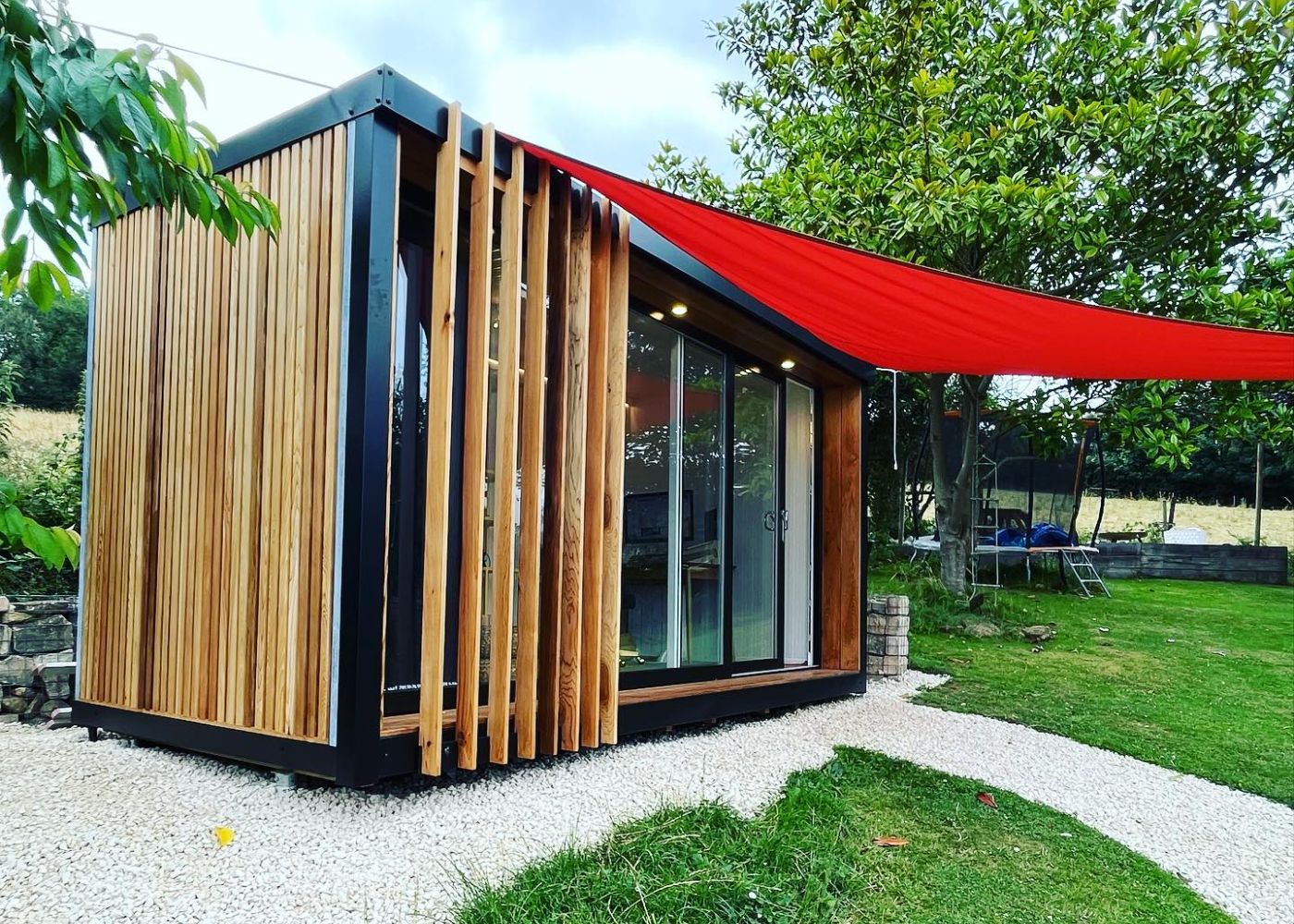
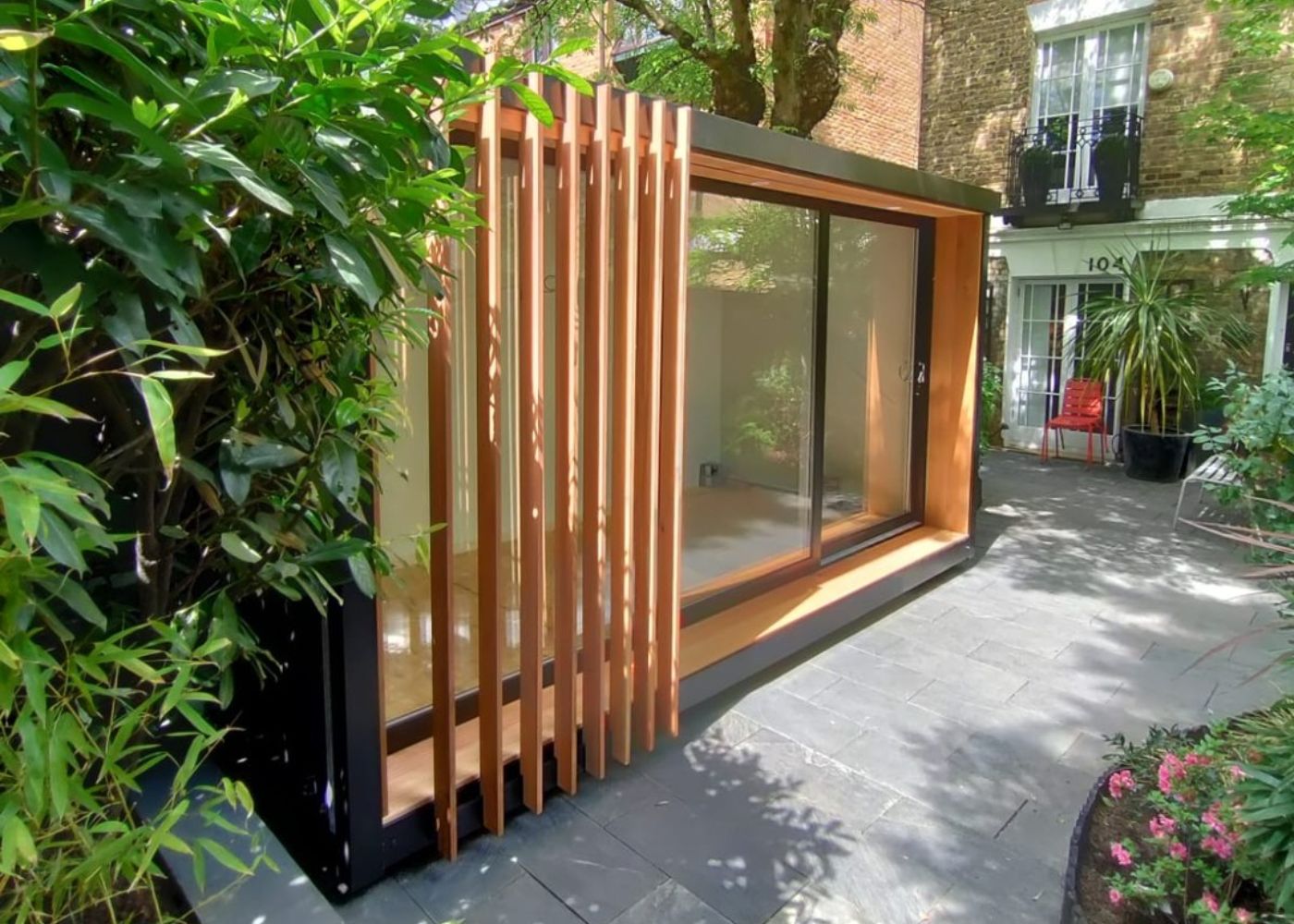
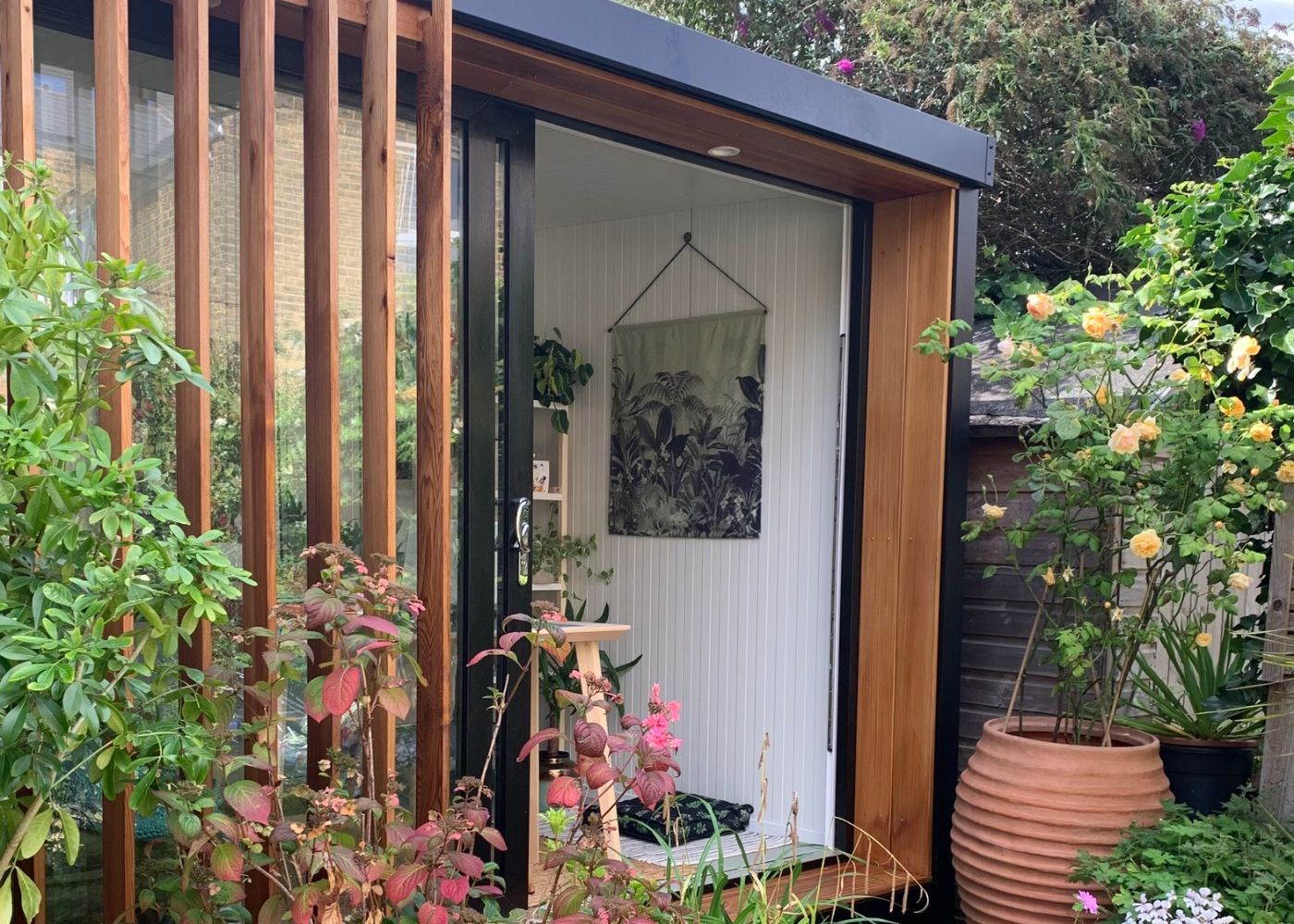
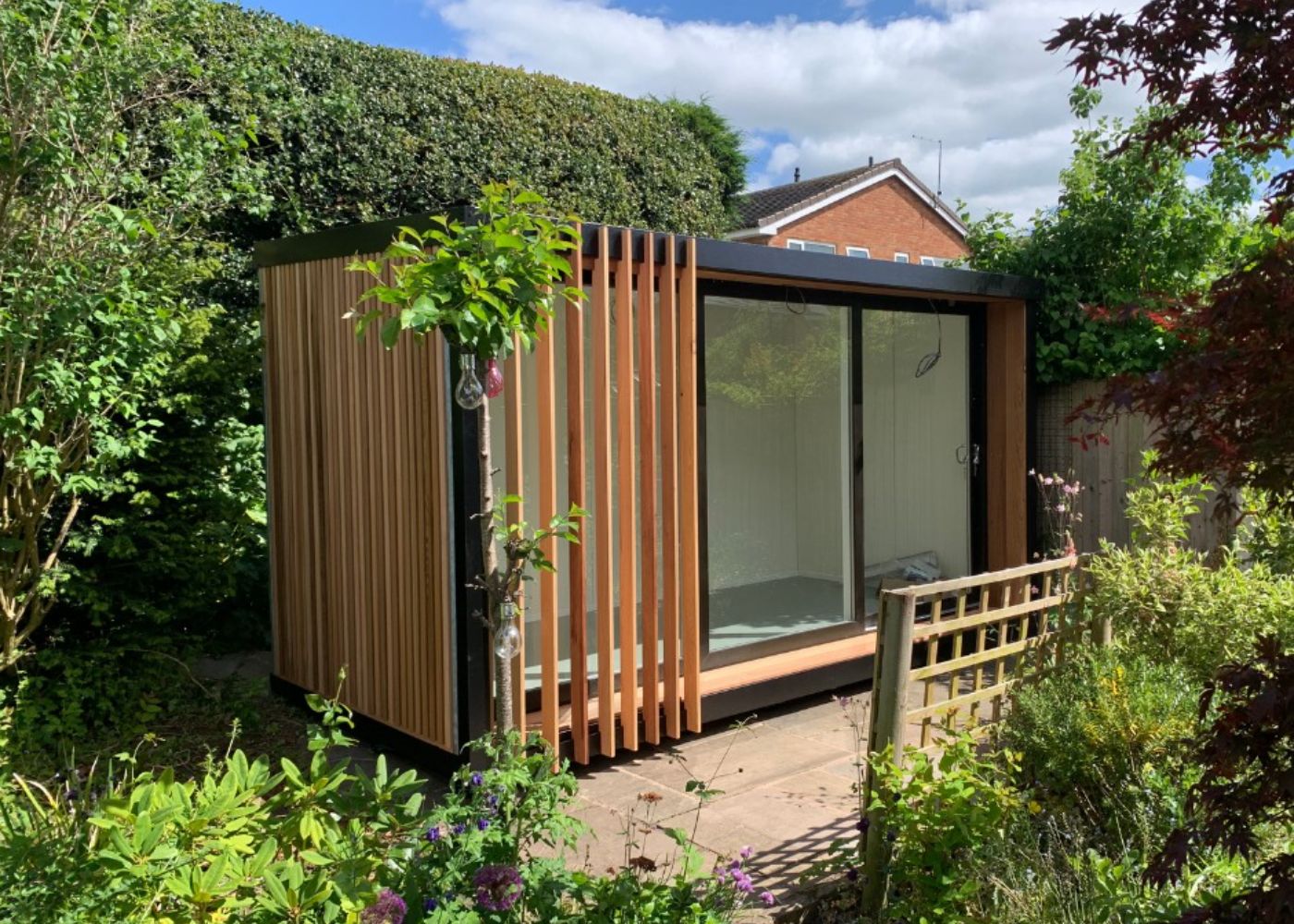
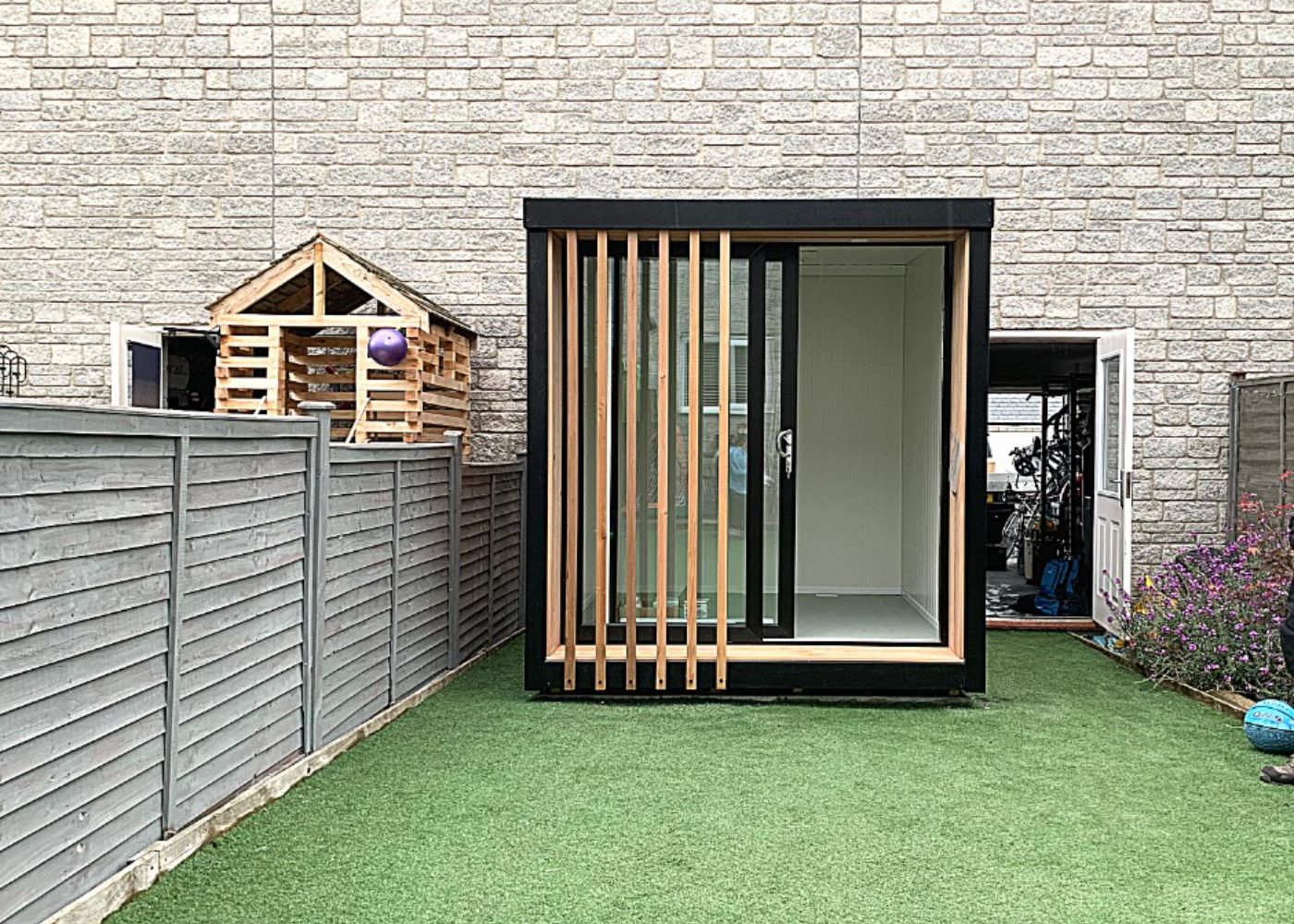
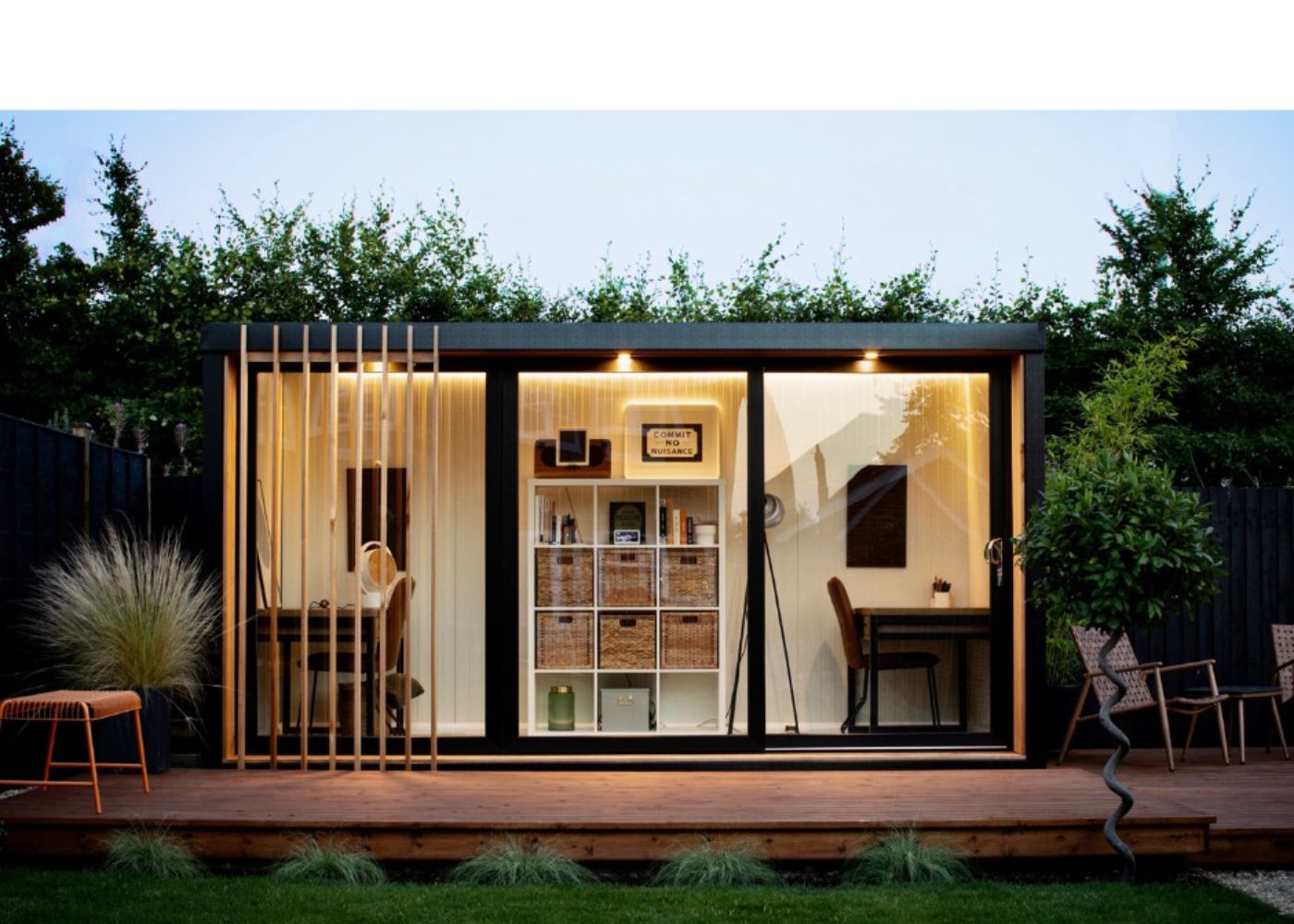
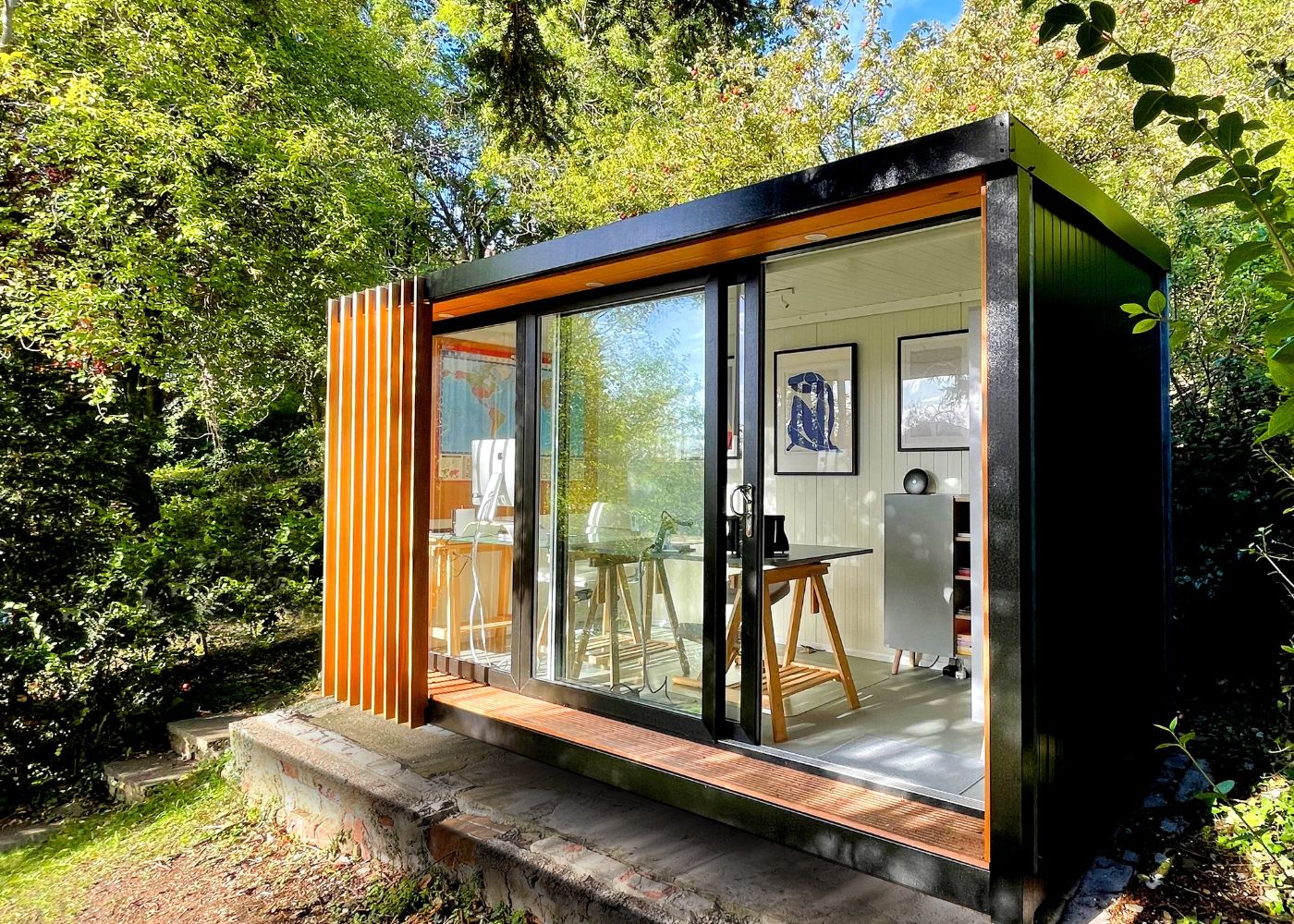
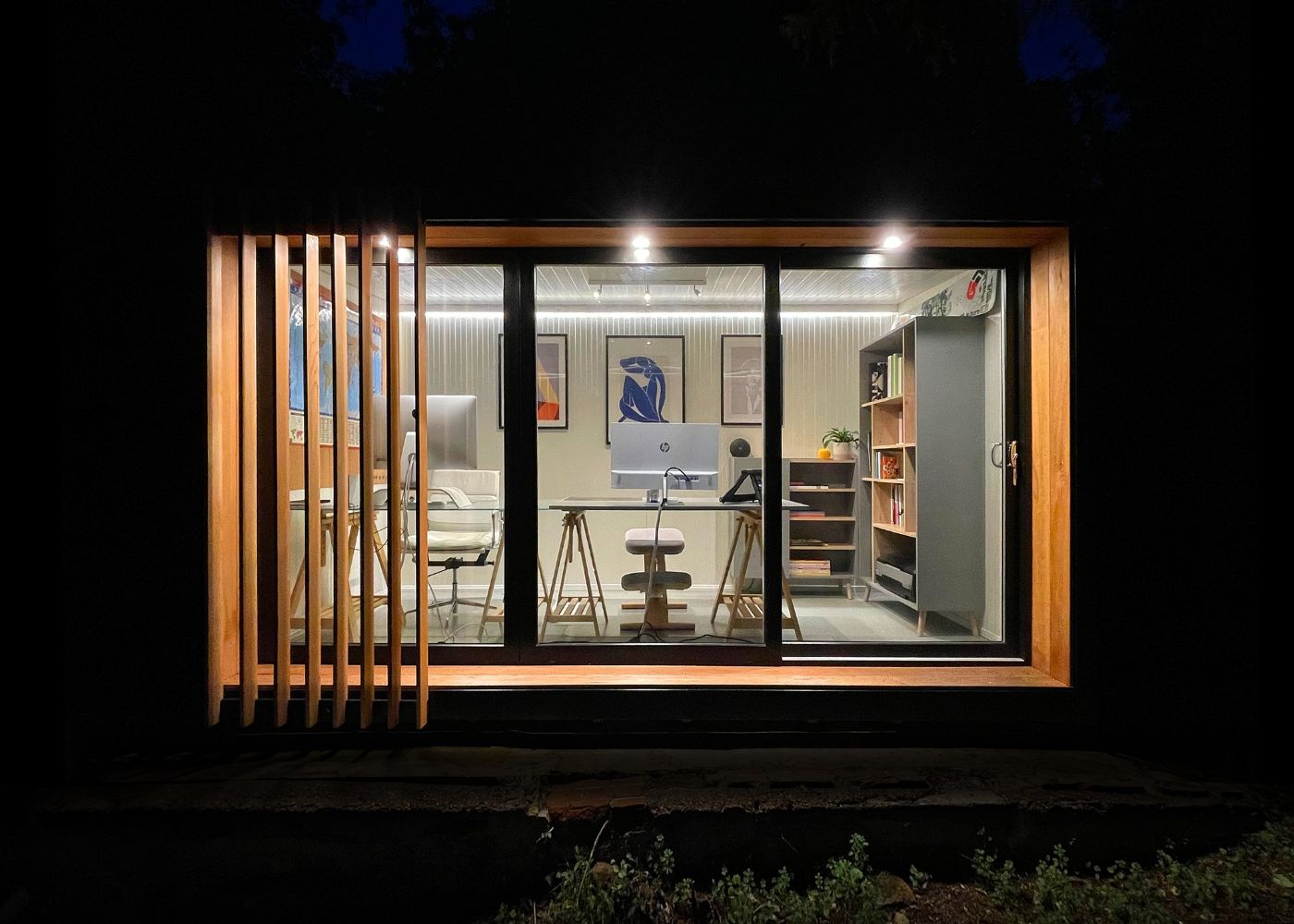

Garden Room Company offering off-the-shelf garden rooms across Nottinghamshire
- Stylish contemporary designs
- Quick turnaround
- Off-the-shelf options
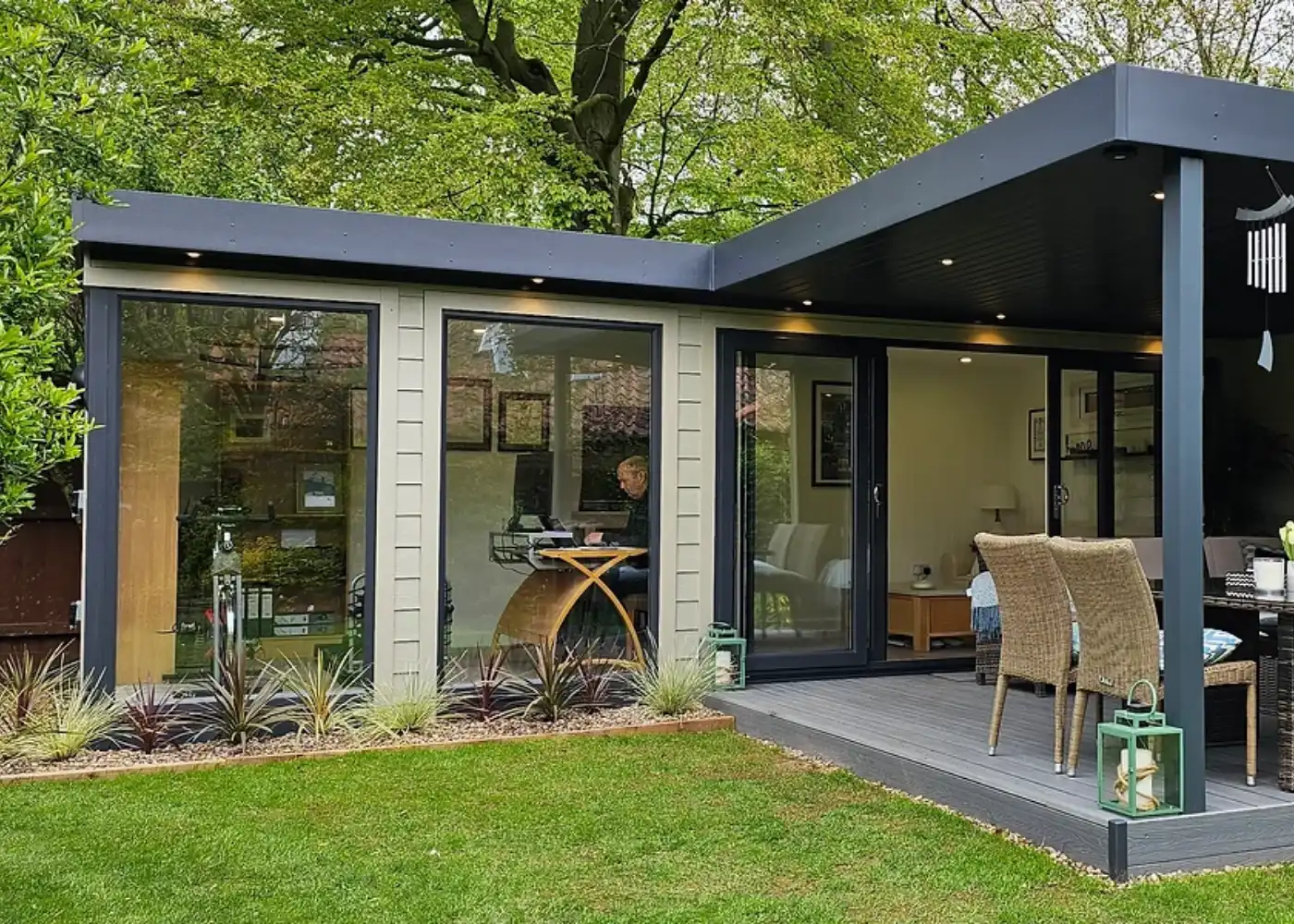
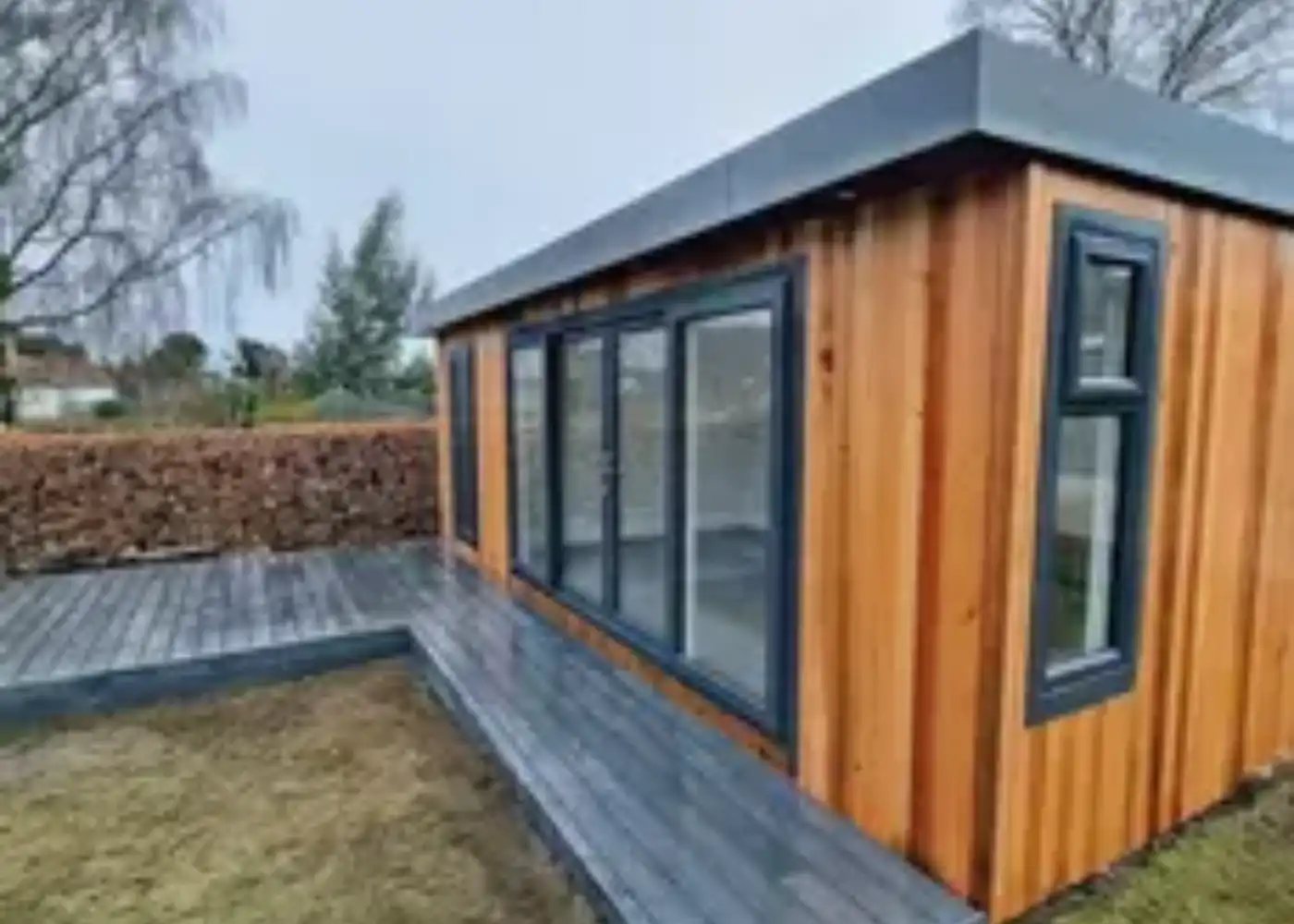
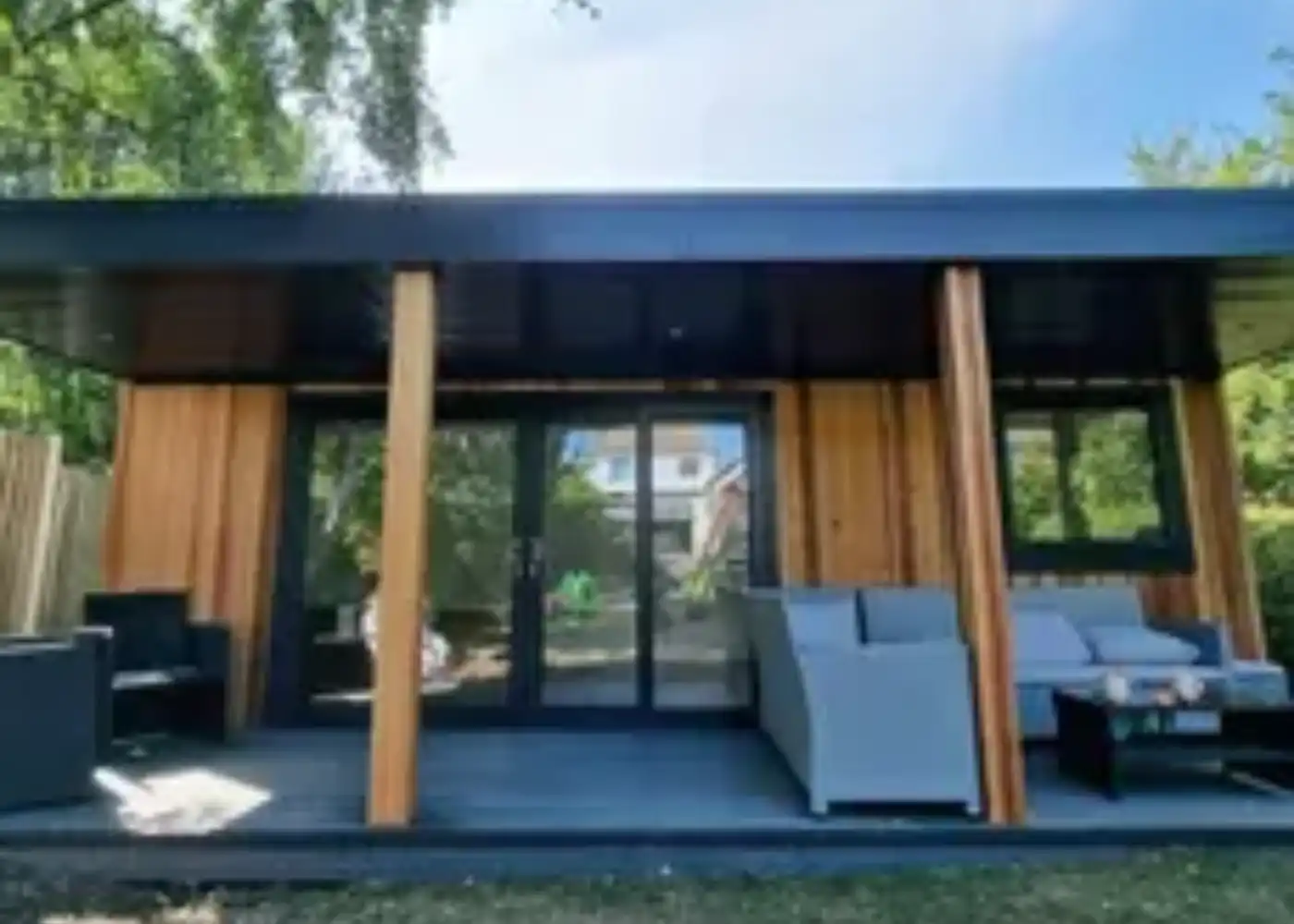
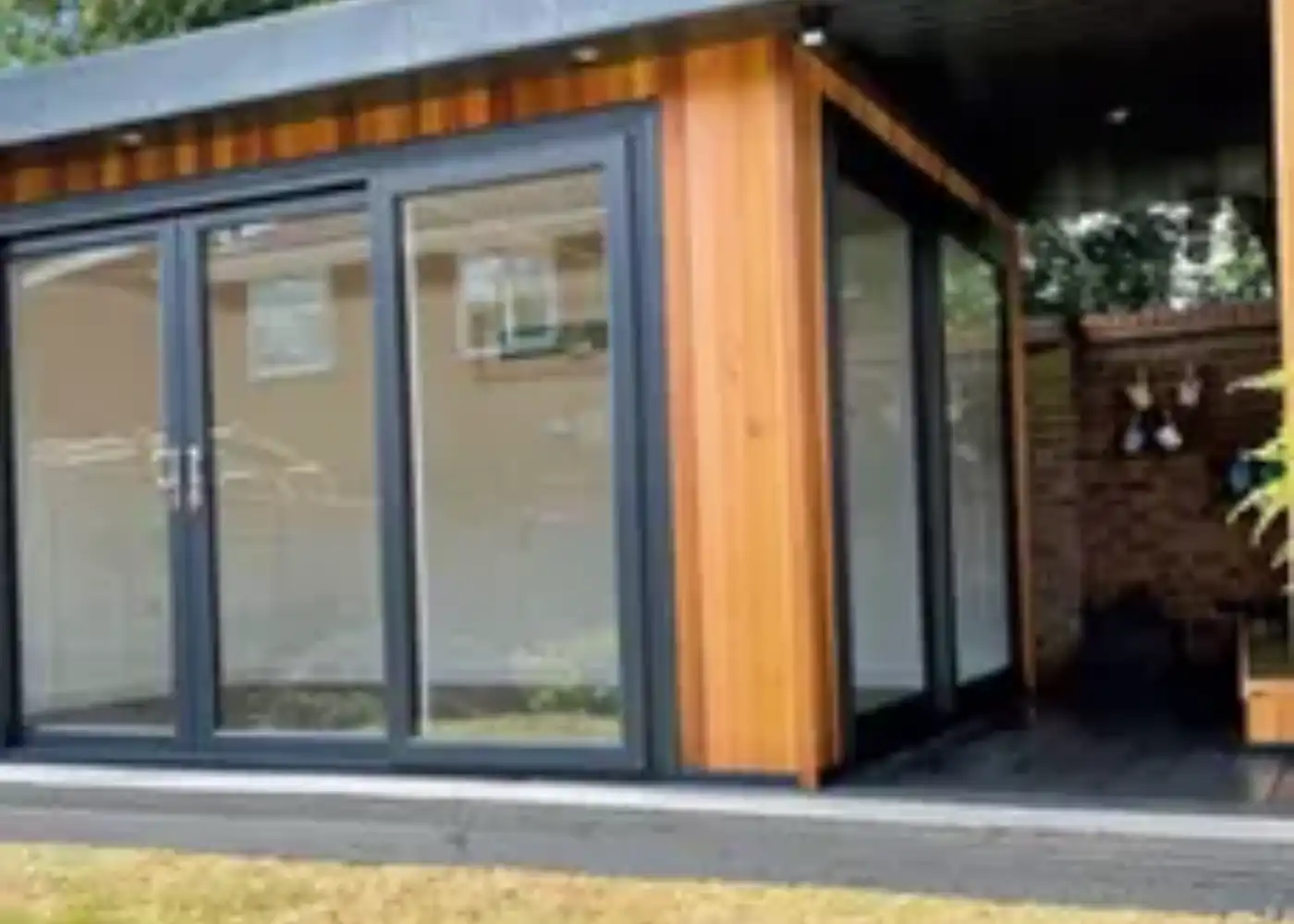
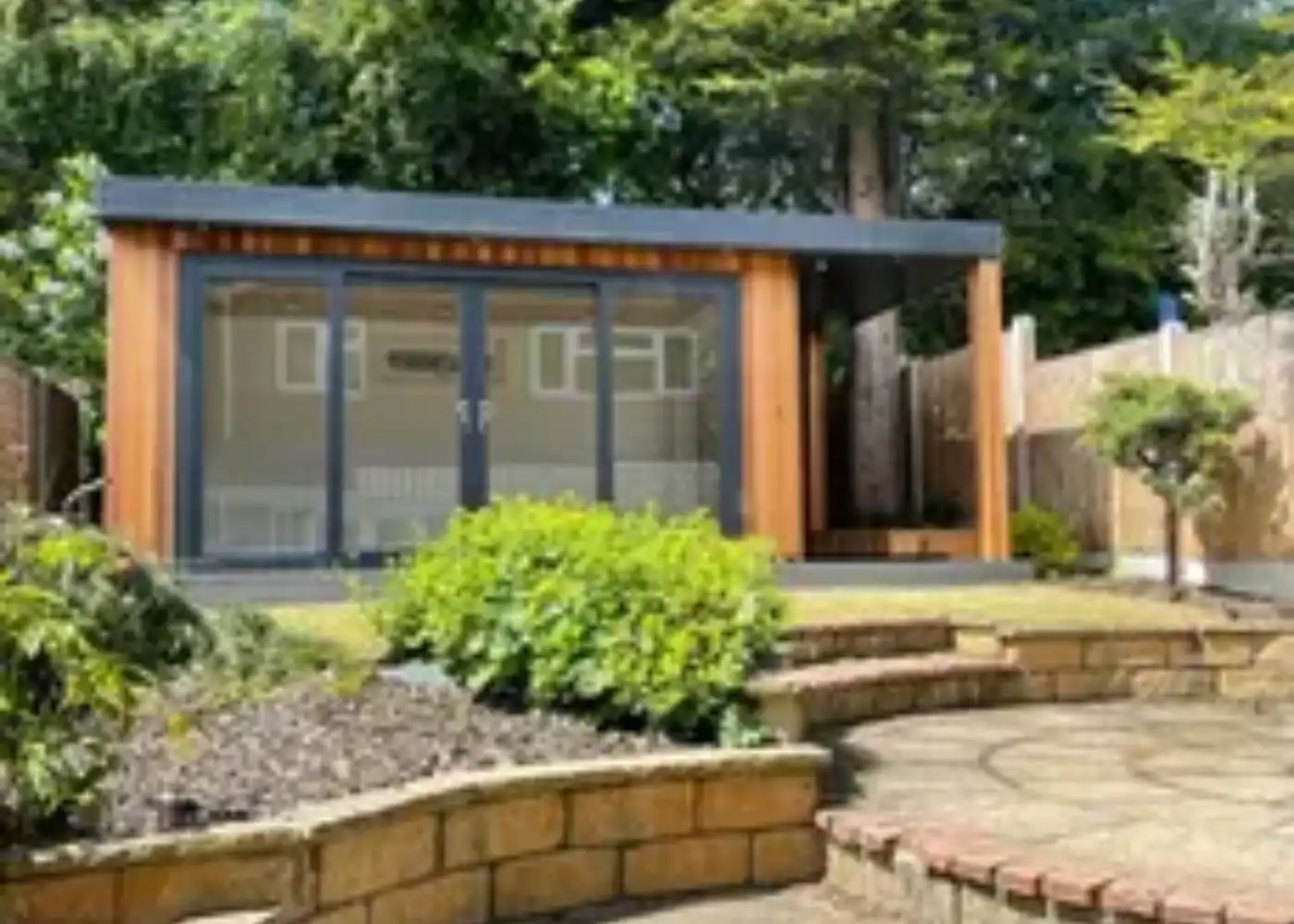

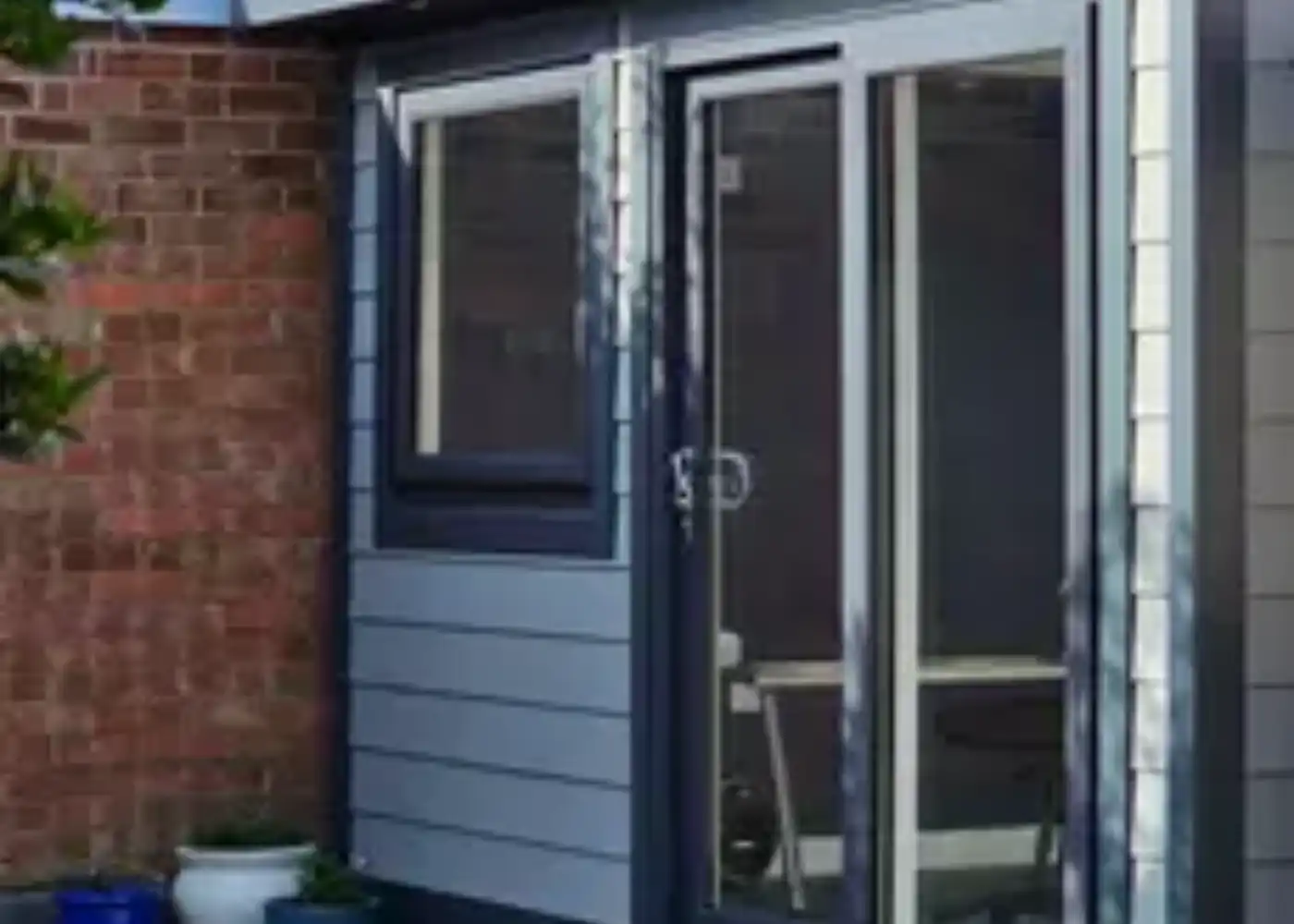
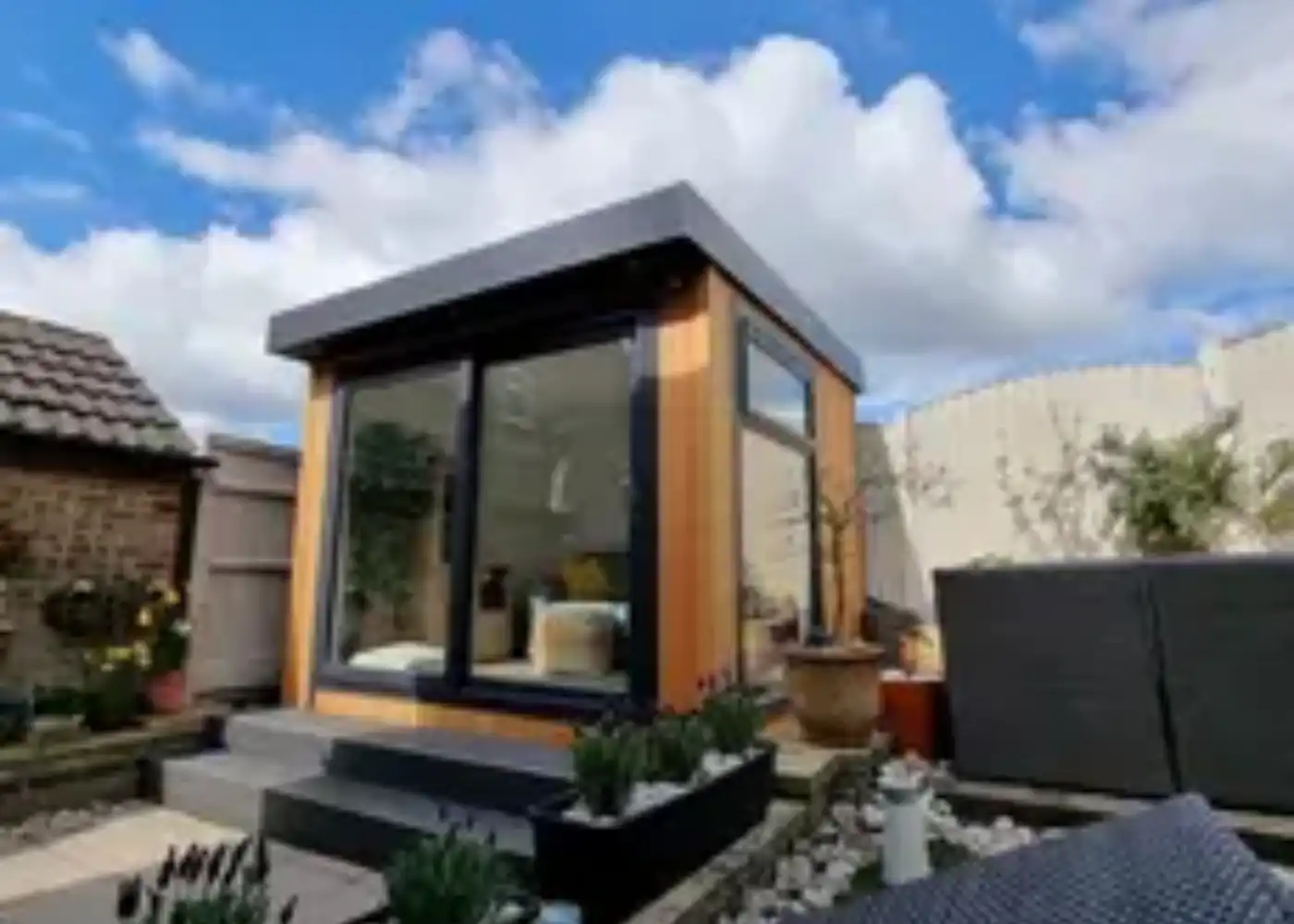

Garden Room Company based in Nottinghamshire bespoke garden rooms across the UK
- Sustainable materials
- Fully bespoke premium build
- Competitive pricing
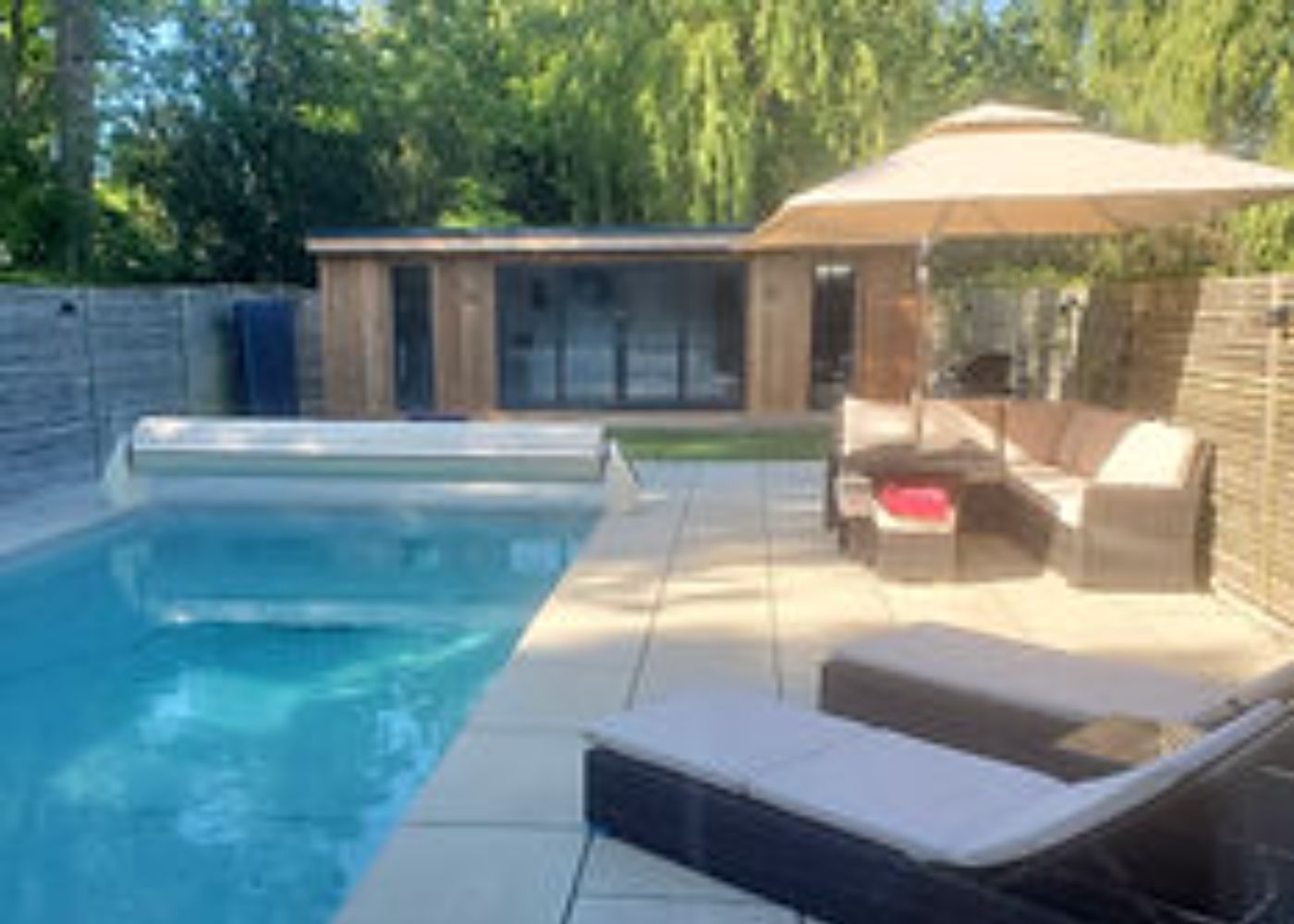
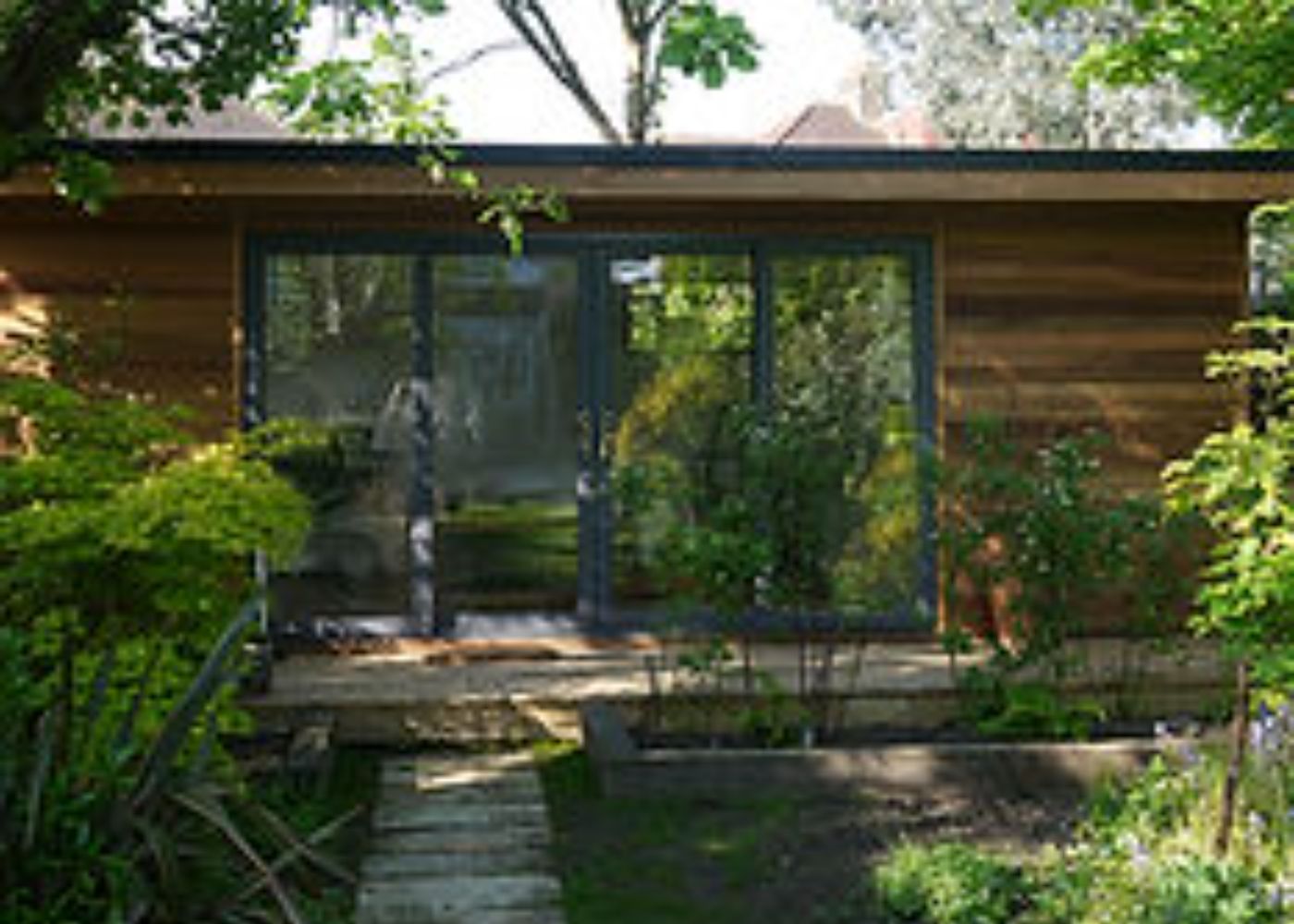
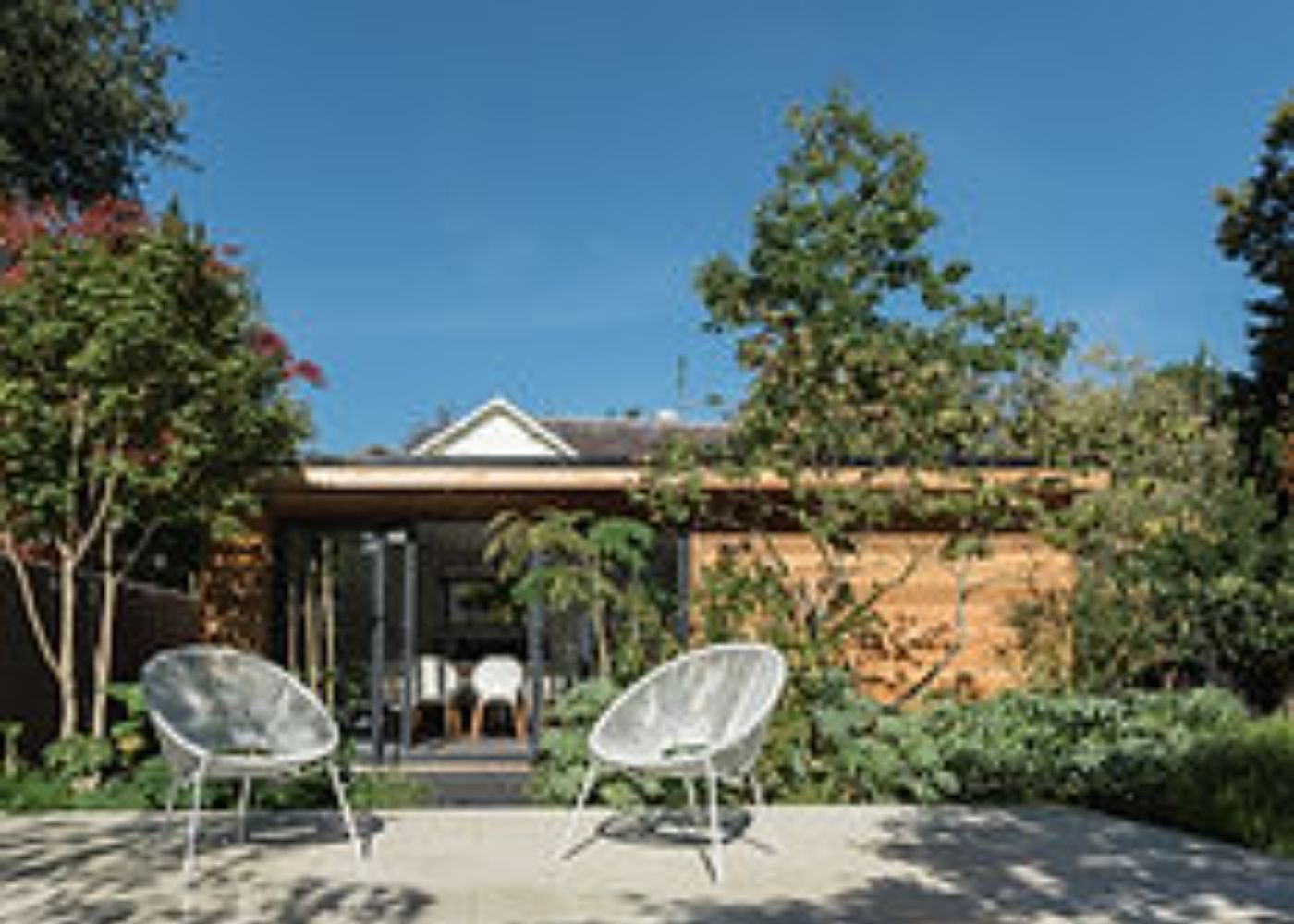
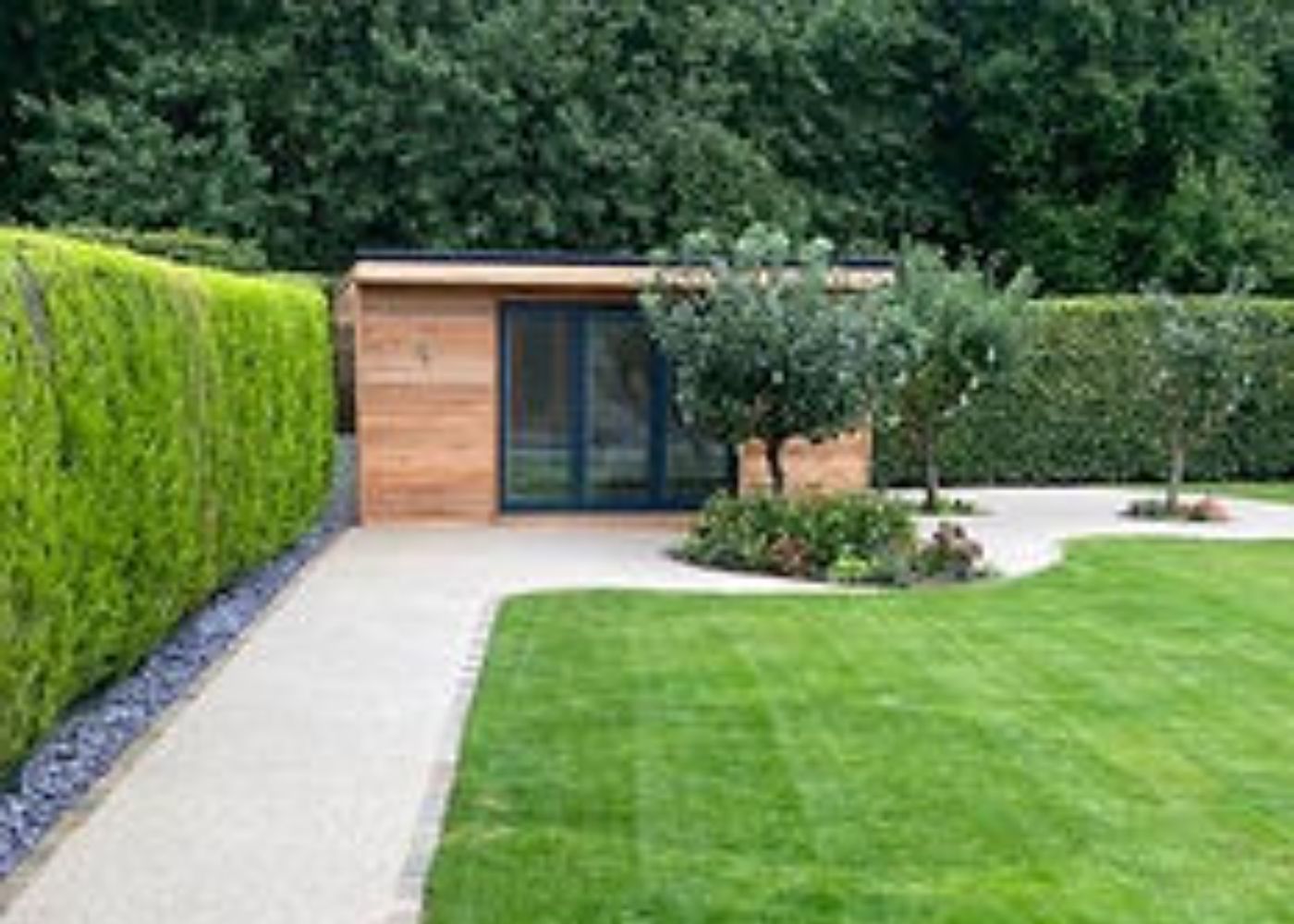
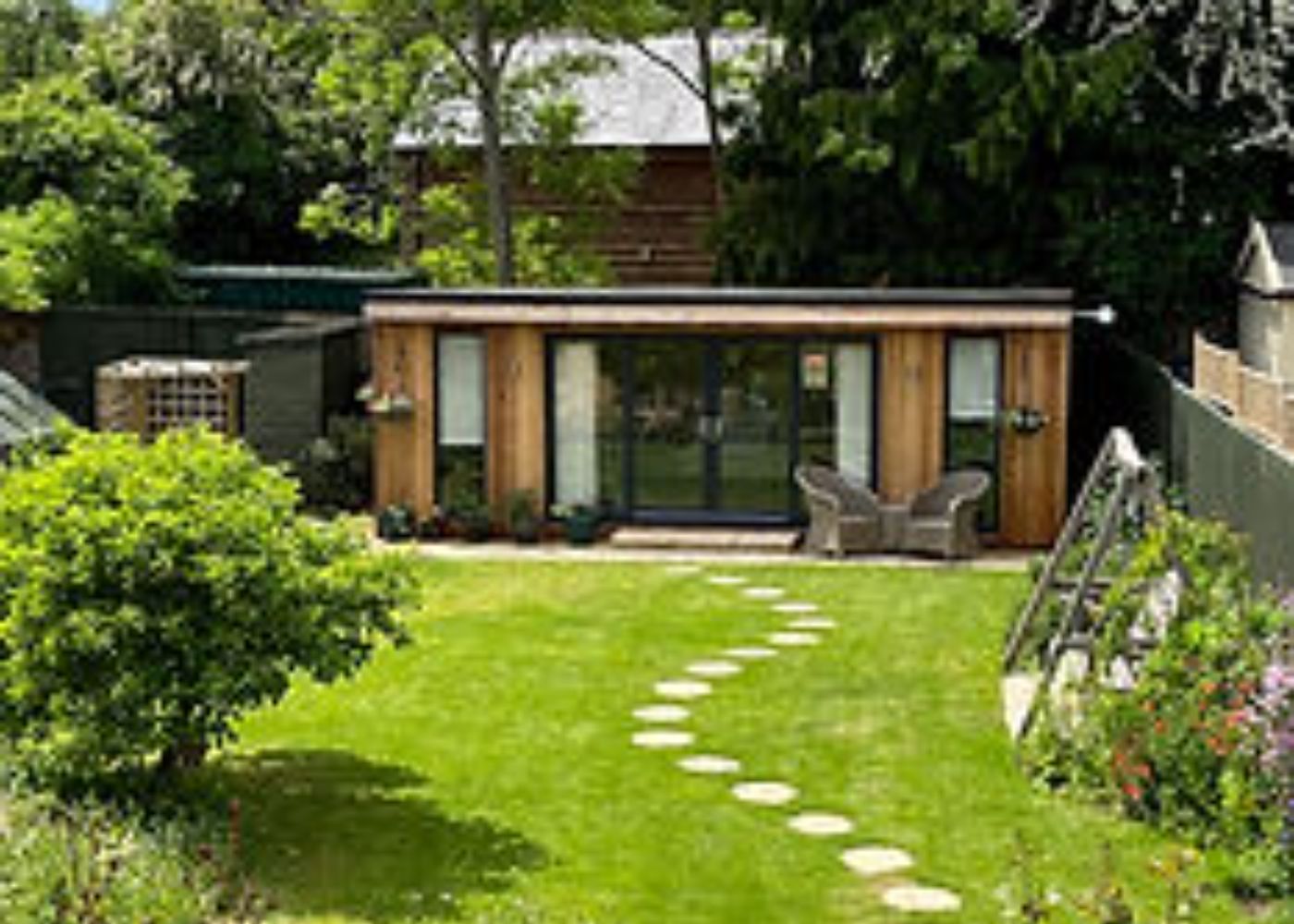
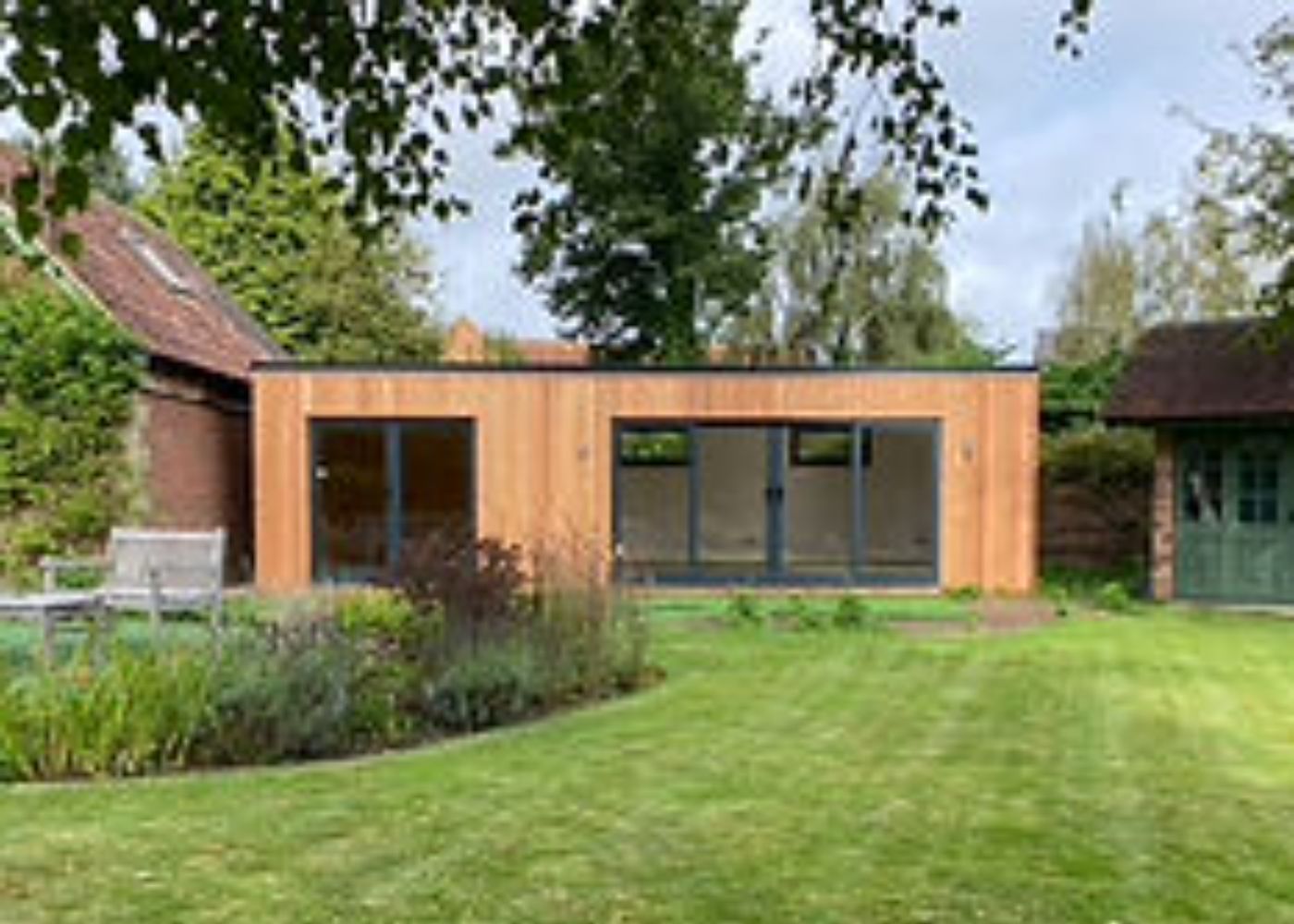
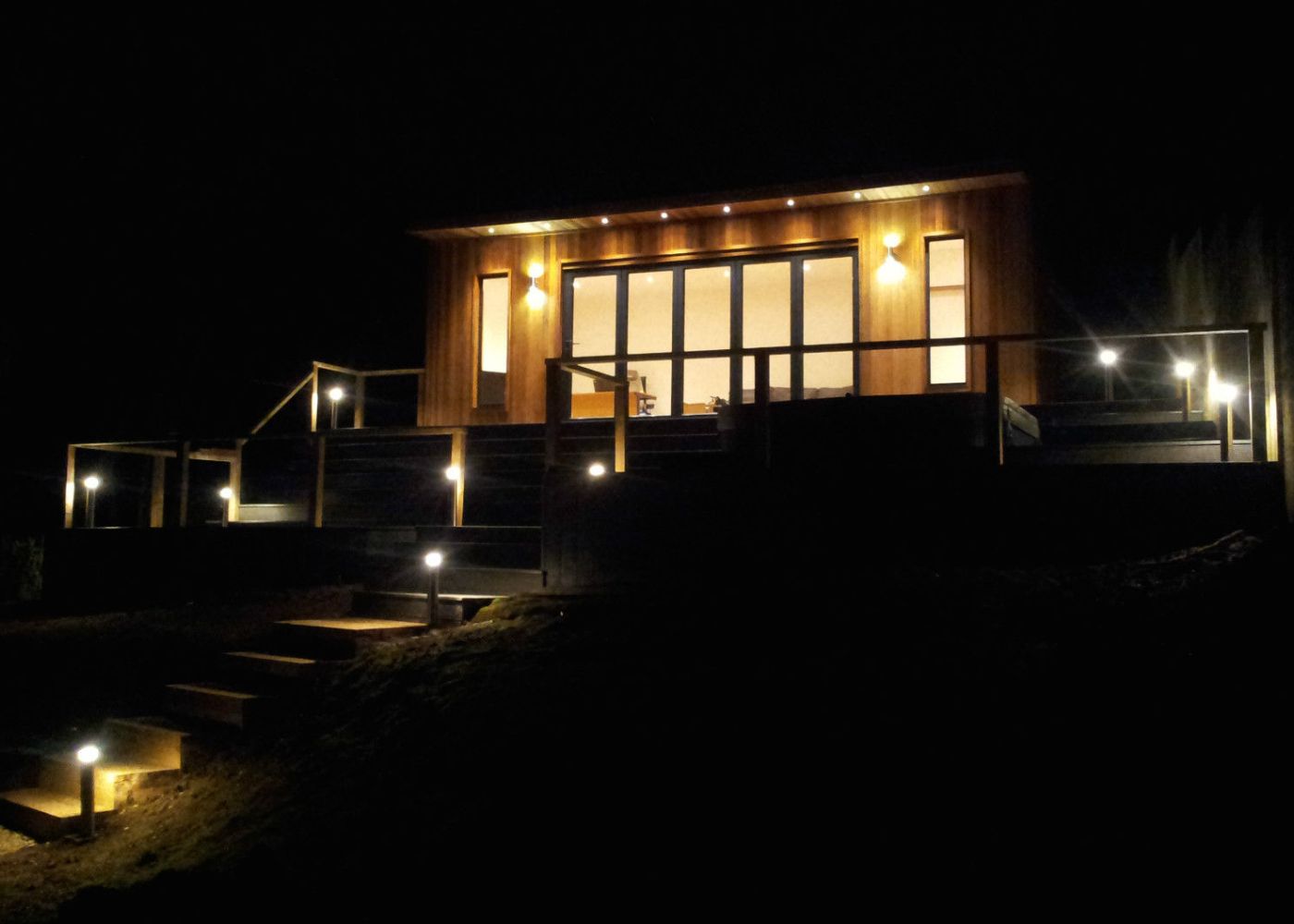
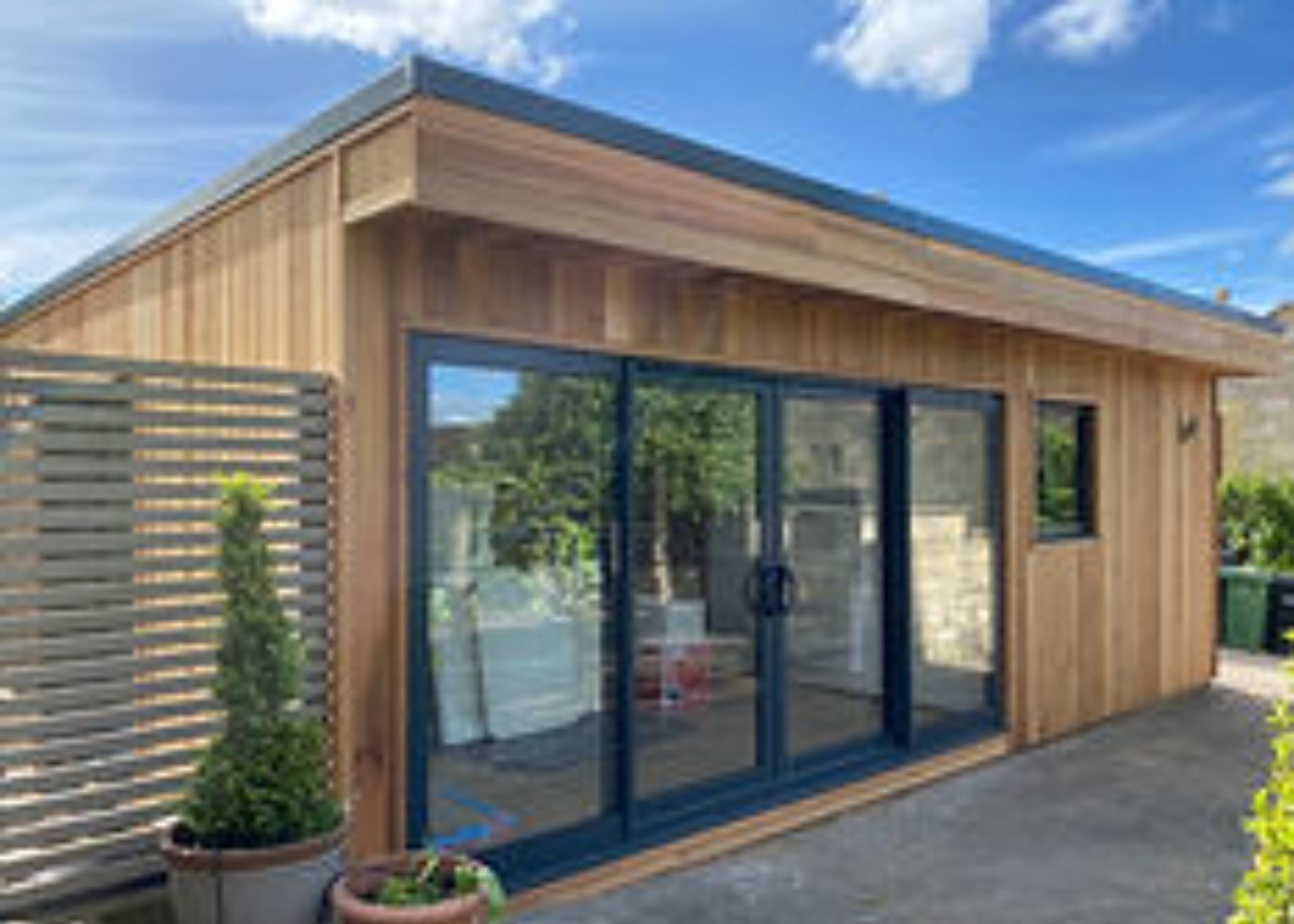

Family business based in Nottingham installing Bespoke Garden Rooms throughout the UK from Brighton to Aberdeen
- Team of highly qualified craftsmen
- High quality materials
- 40+ years in the industry
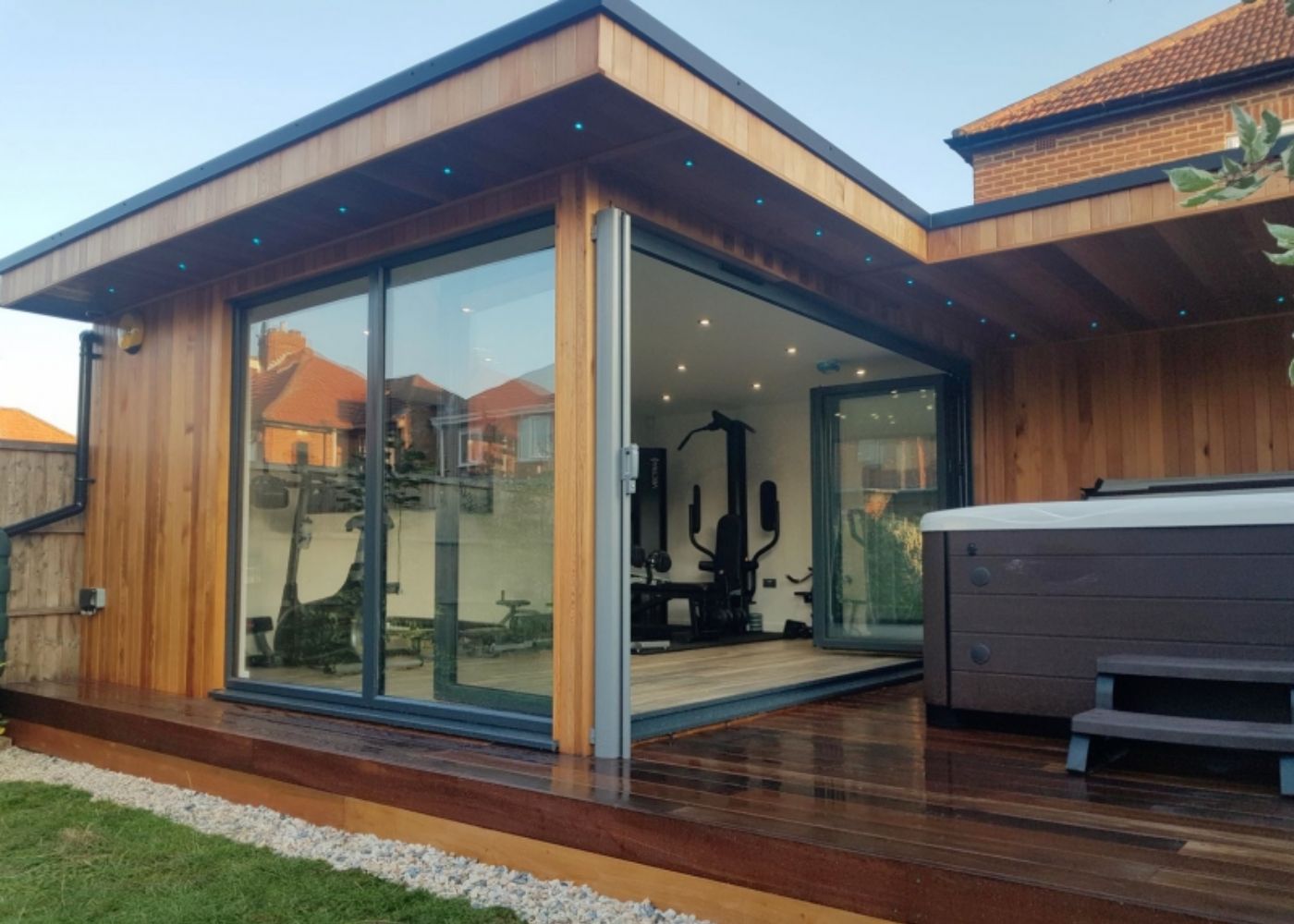
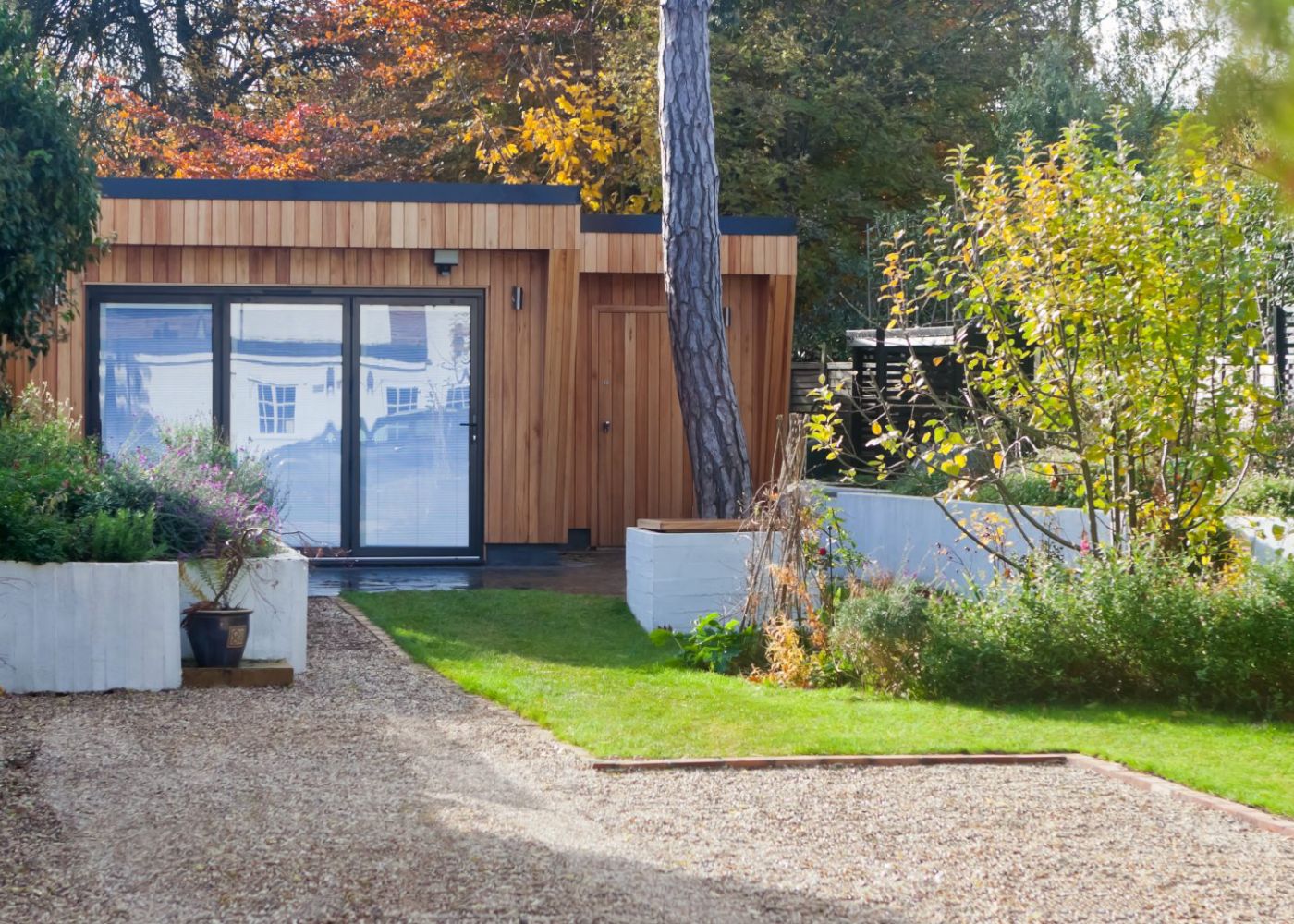





Local Garden Room Company covering Nottinghamshire and Derbyshire
- Free design service
- Up to 60 years life expectancy
- Fitted with MVHR system as standard
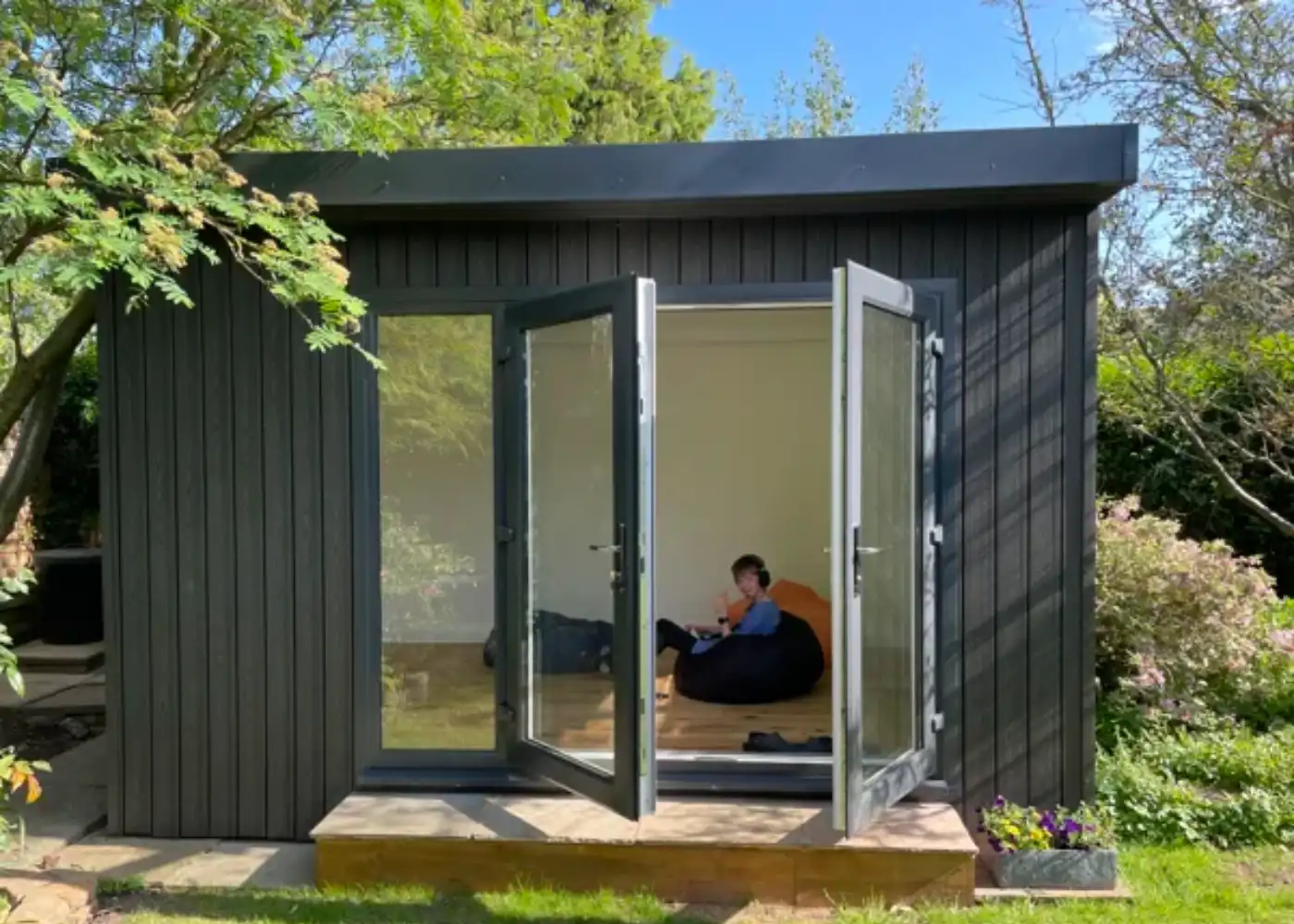
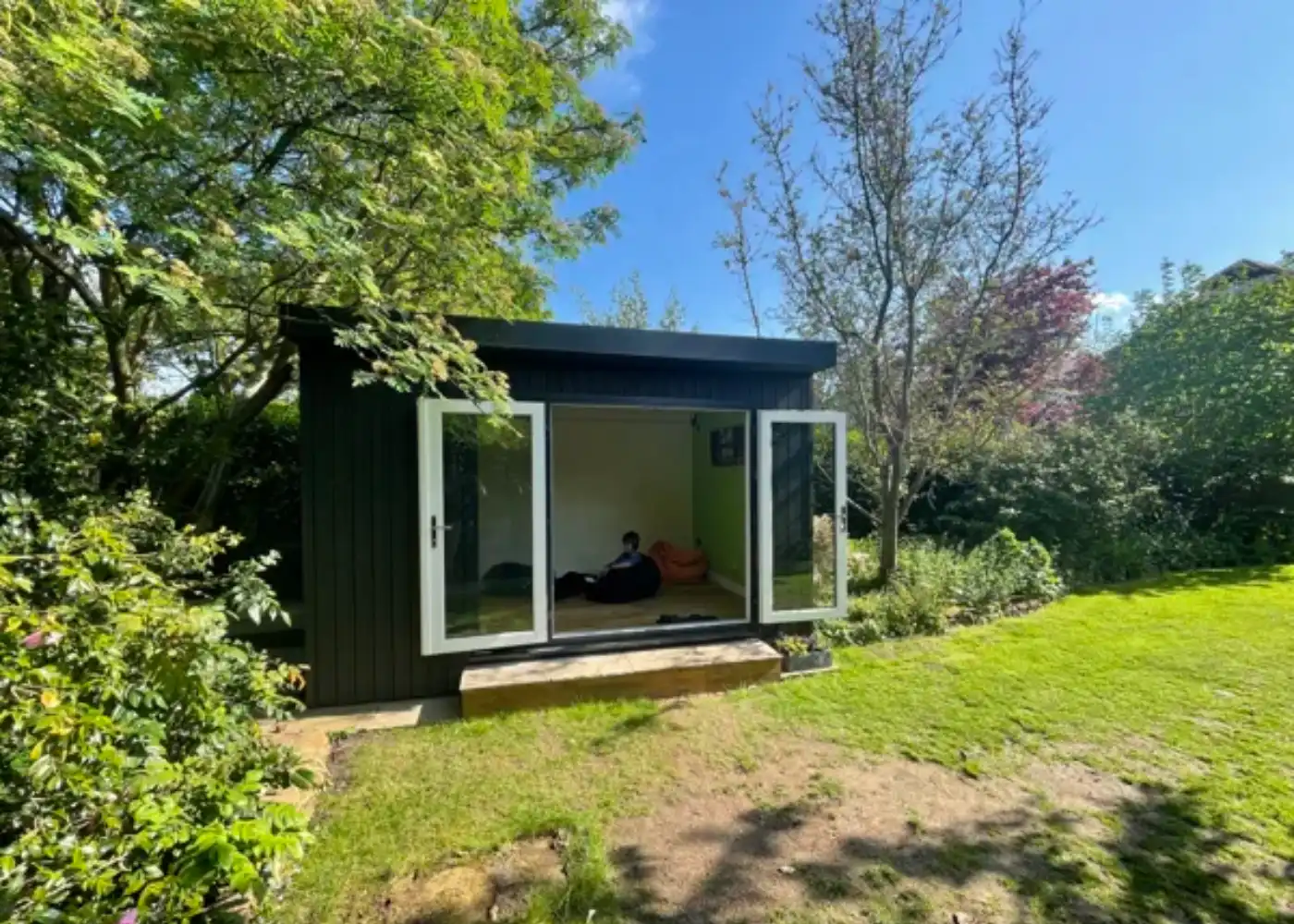
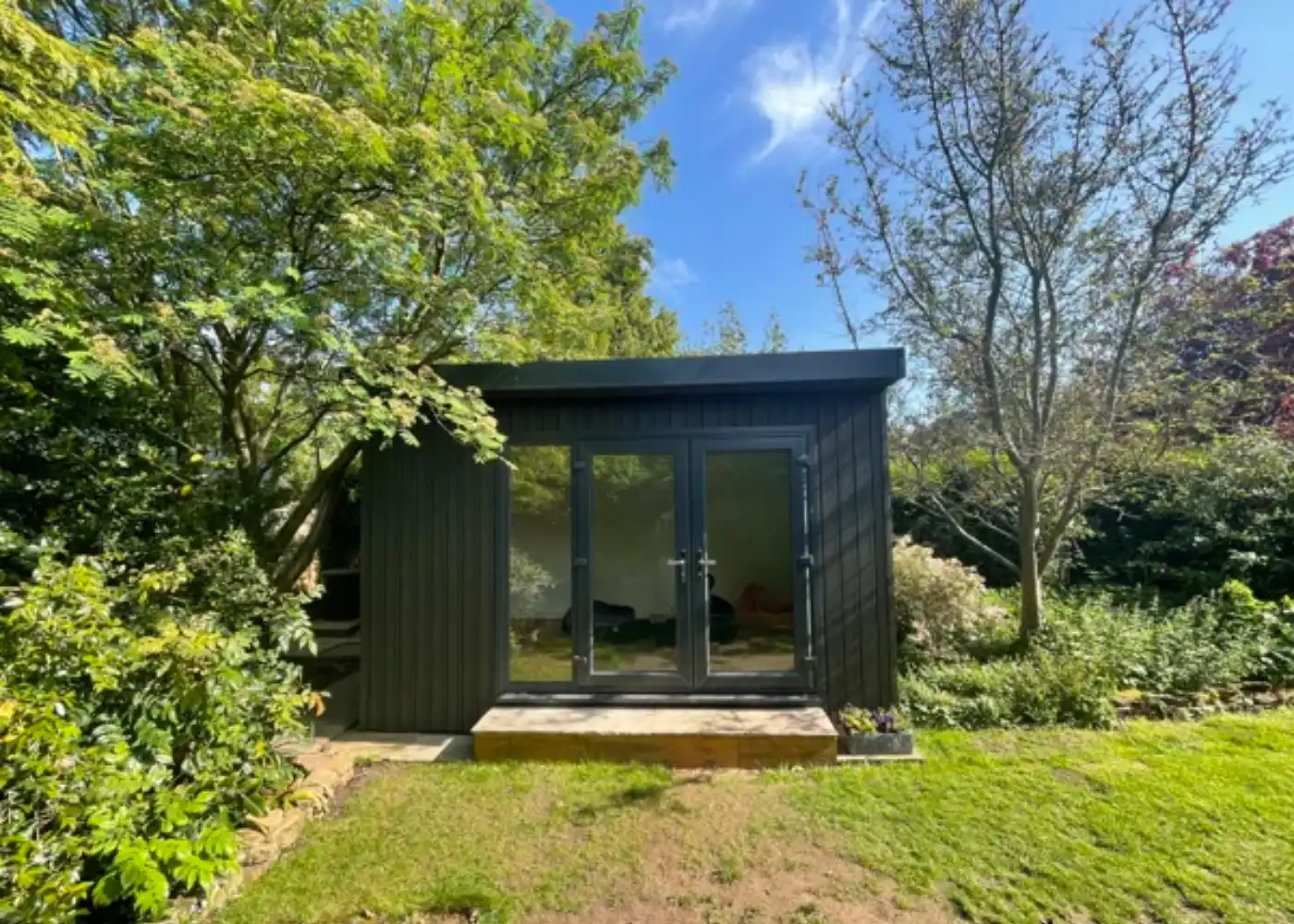
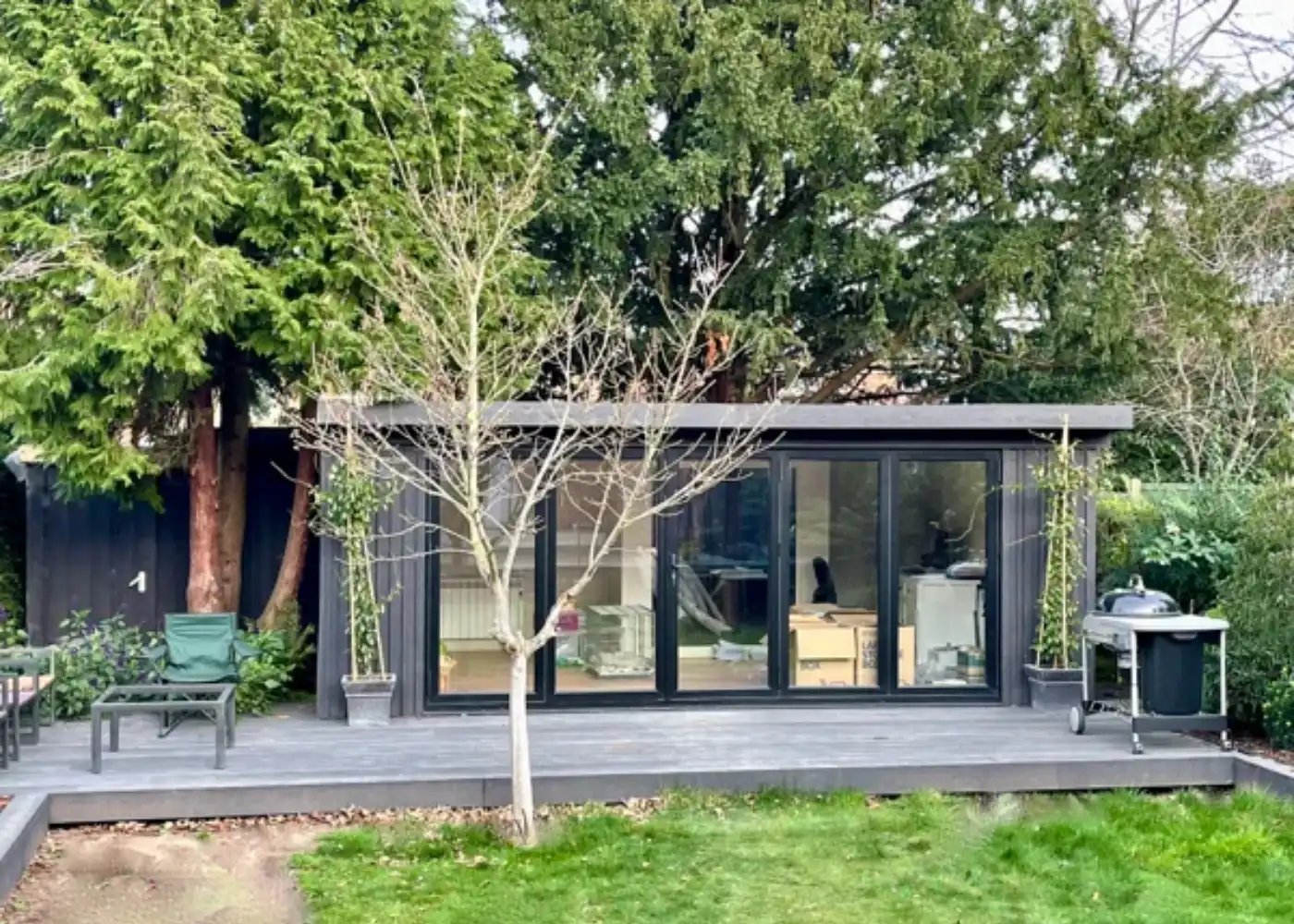
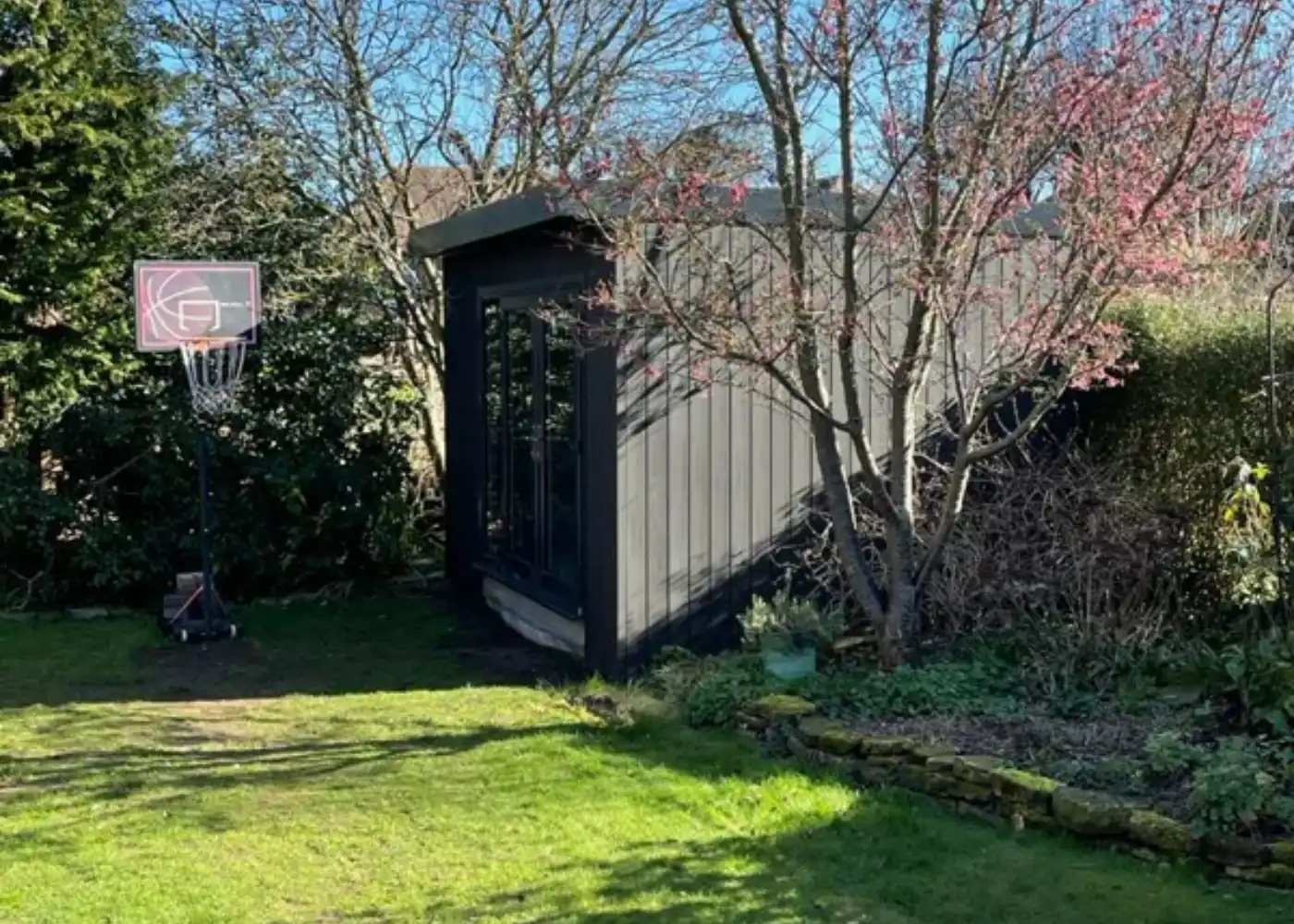
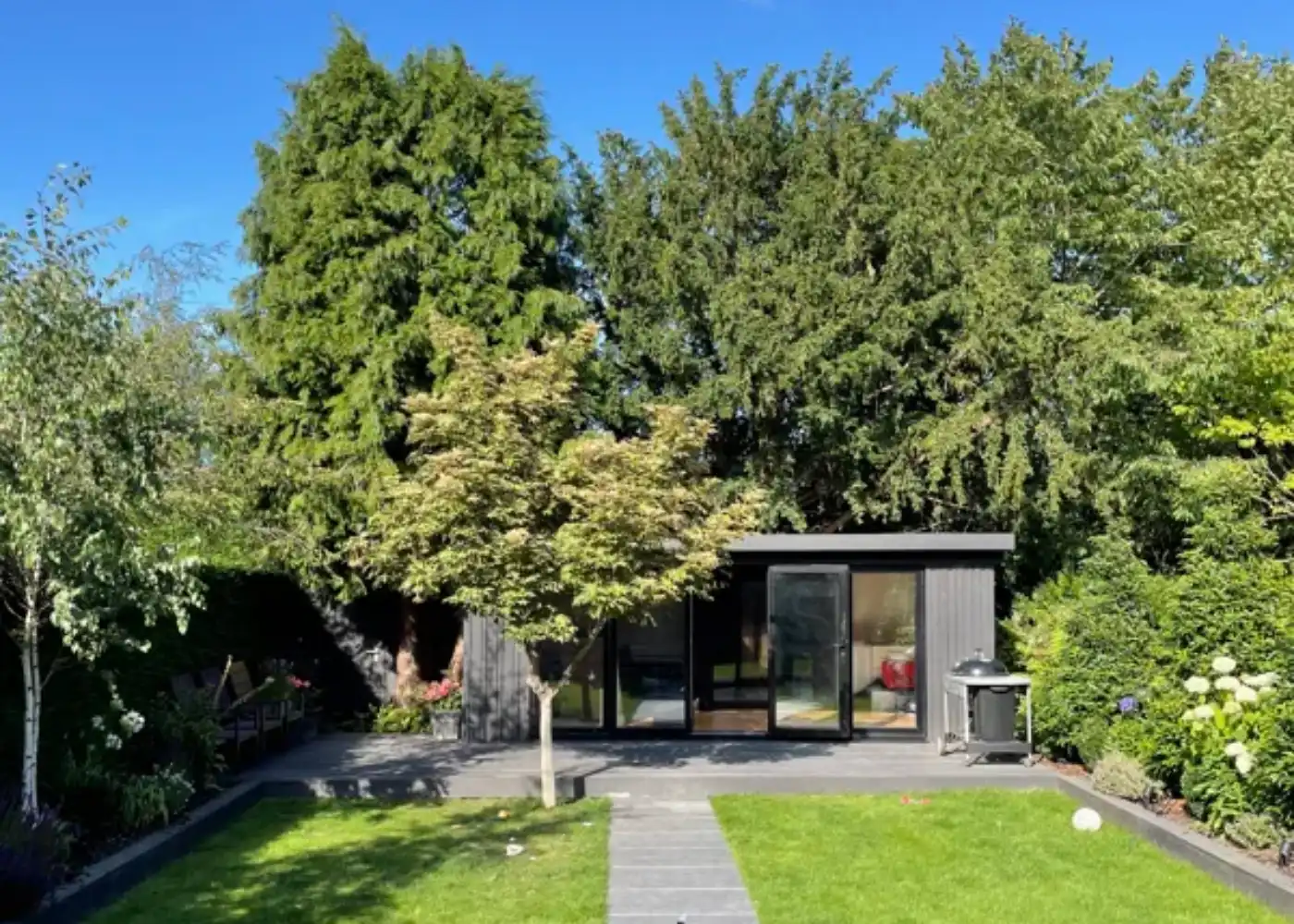
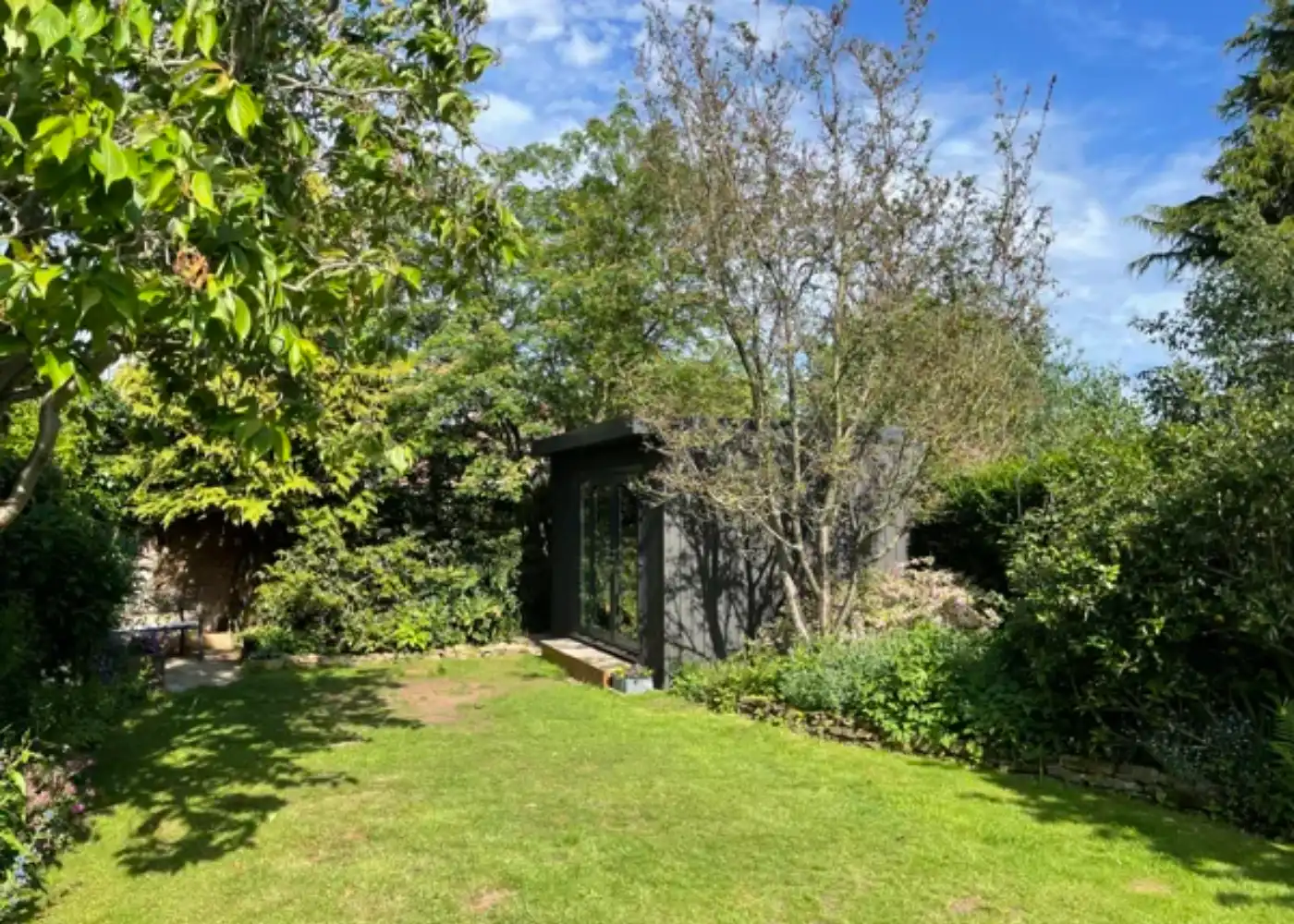
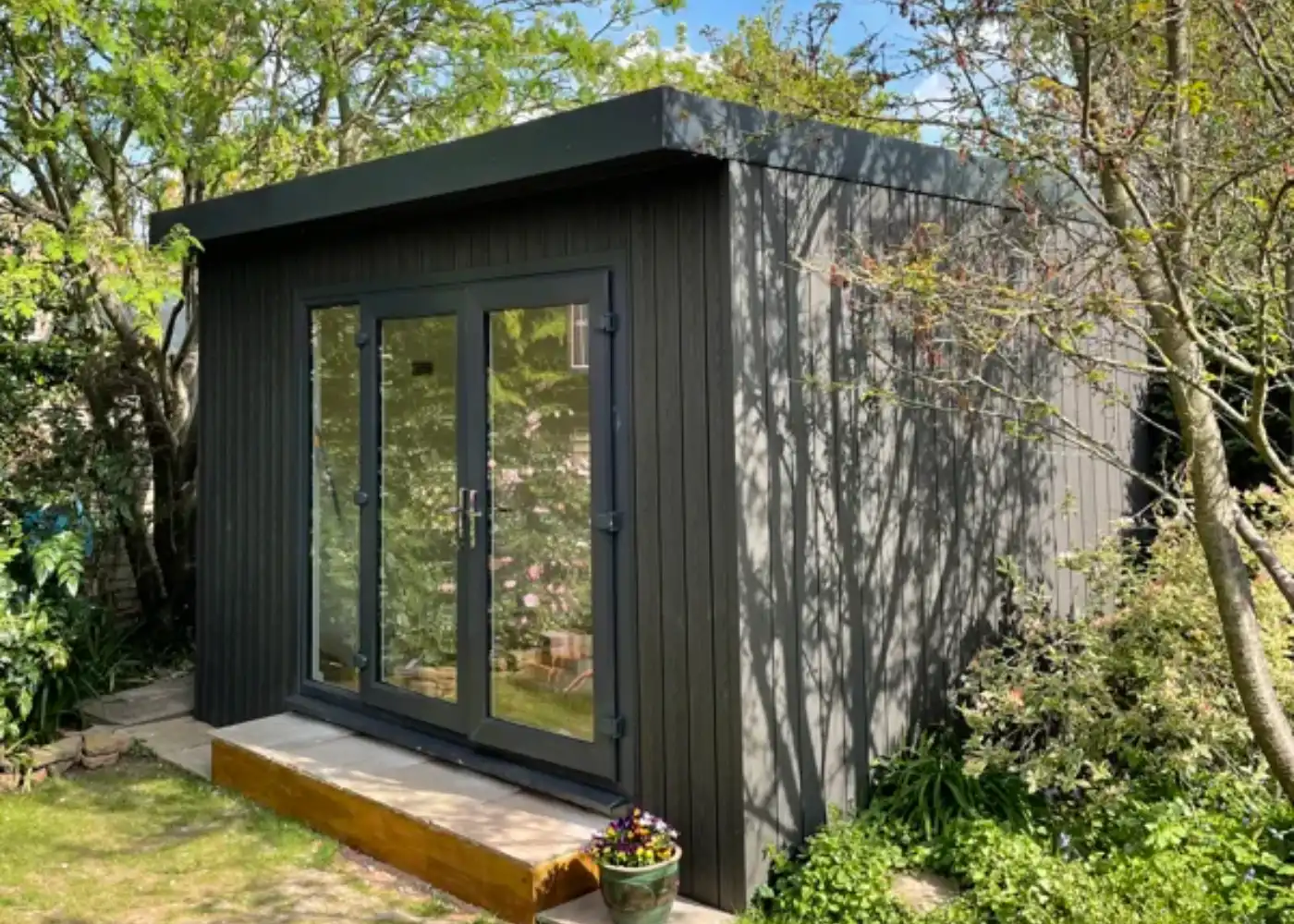

Garden Room Installers based in West Bridgford, Nottingham covering West Bridgford, Edwalton, Ruddington and wider Nottingham area
- Experienced and professional
- Fast installs
- Local specialists
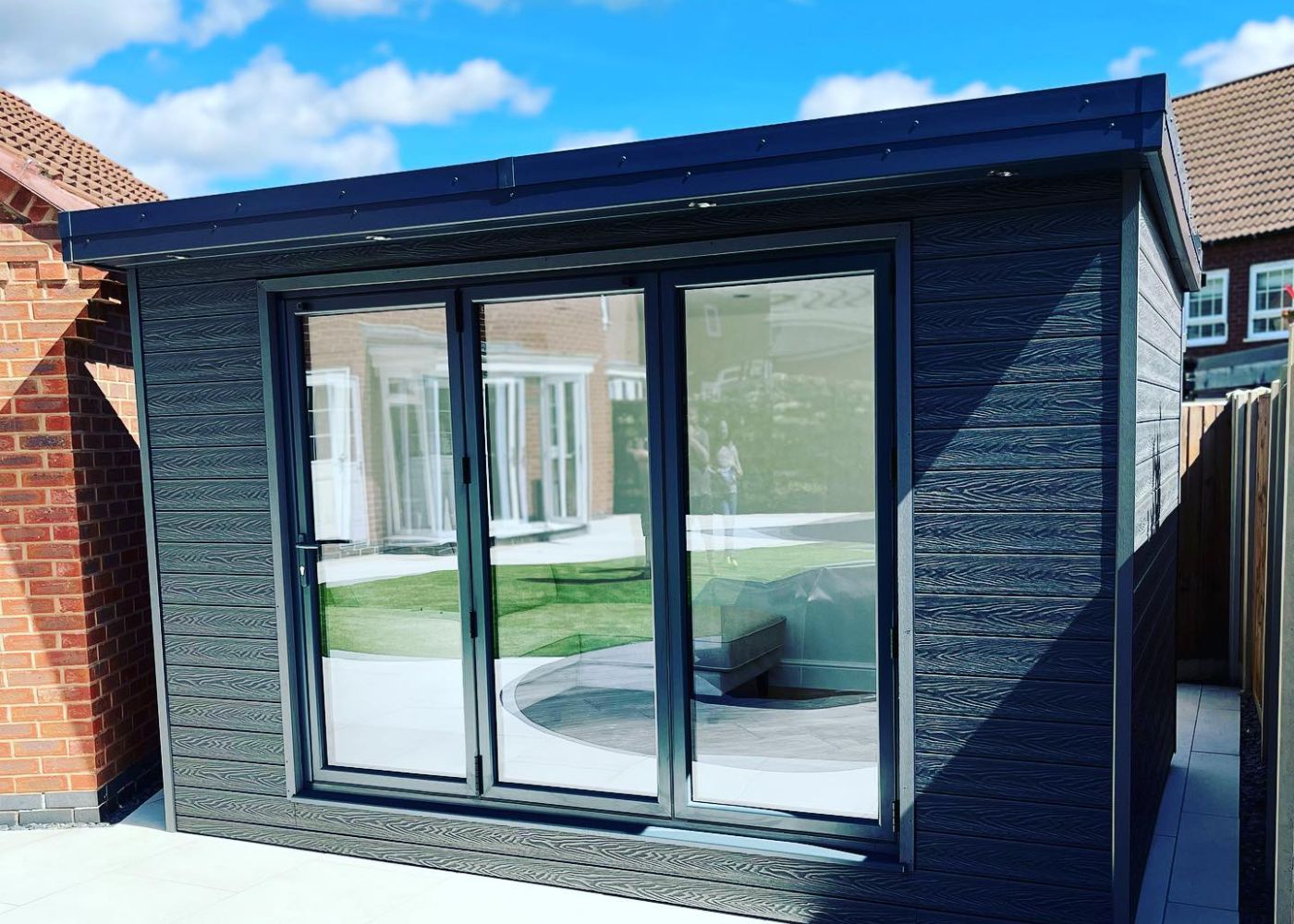
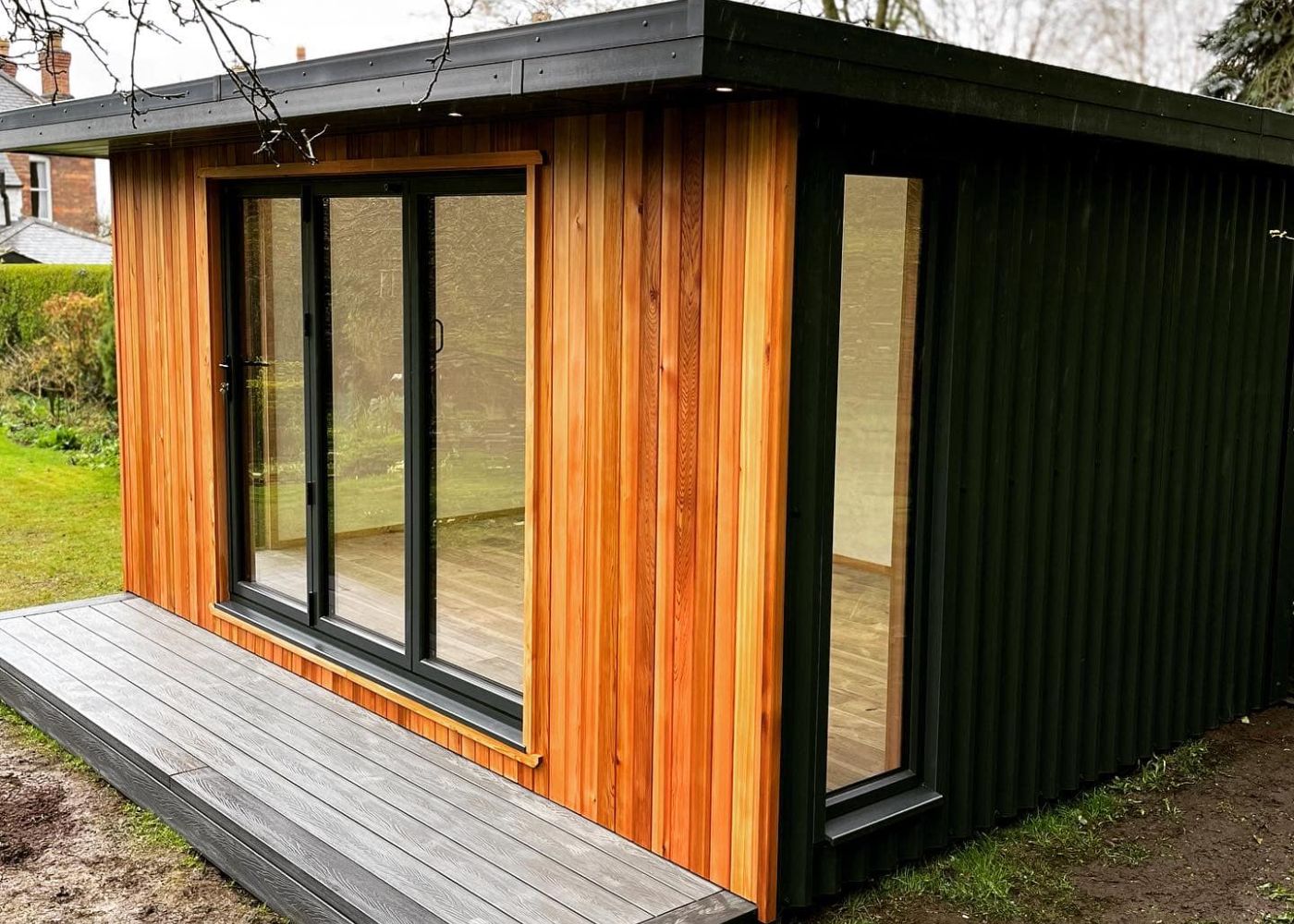
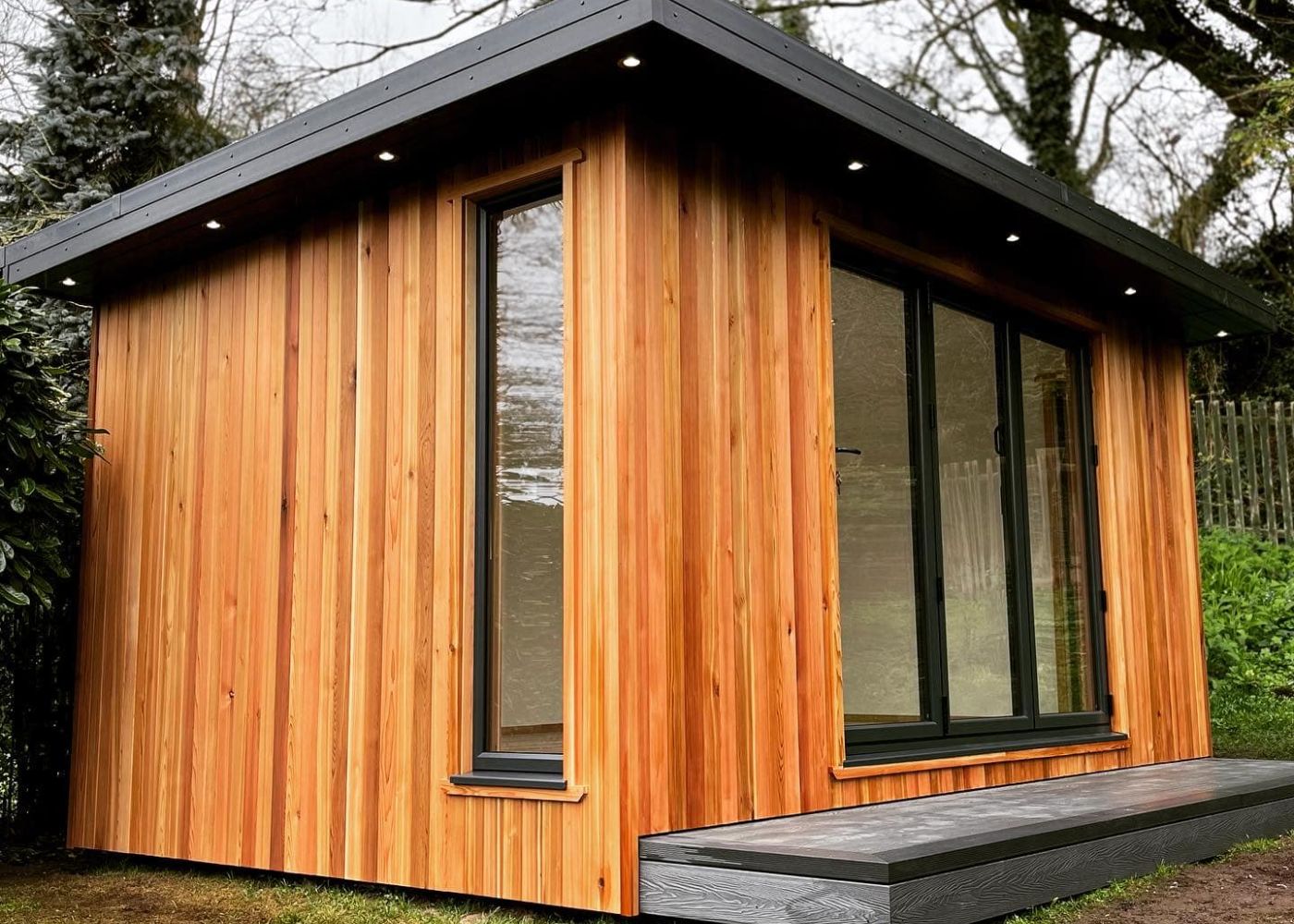
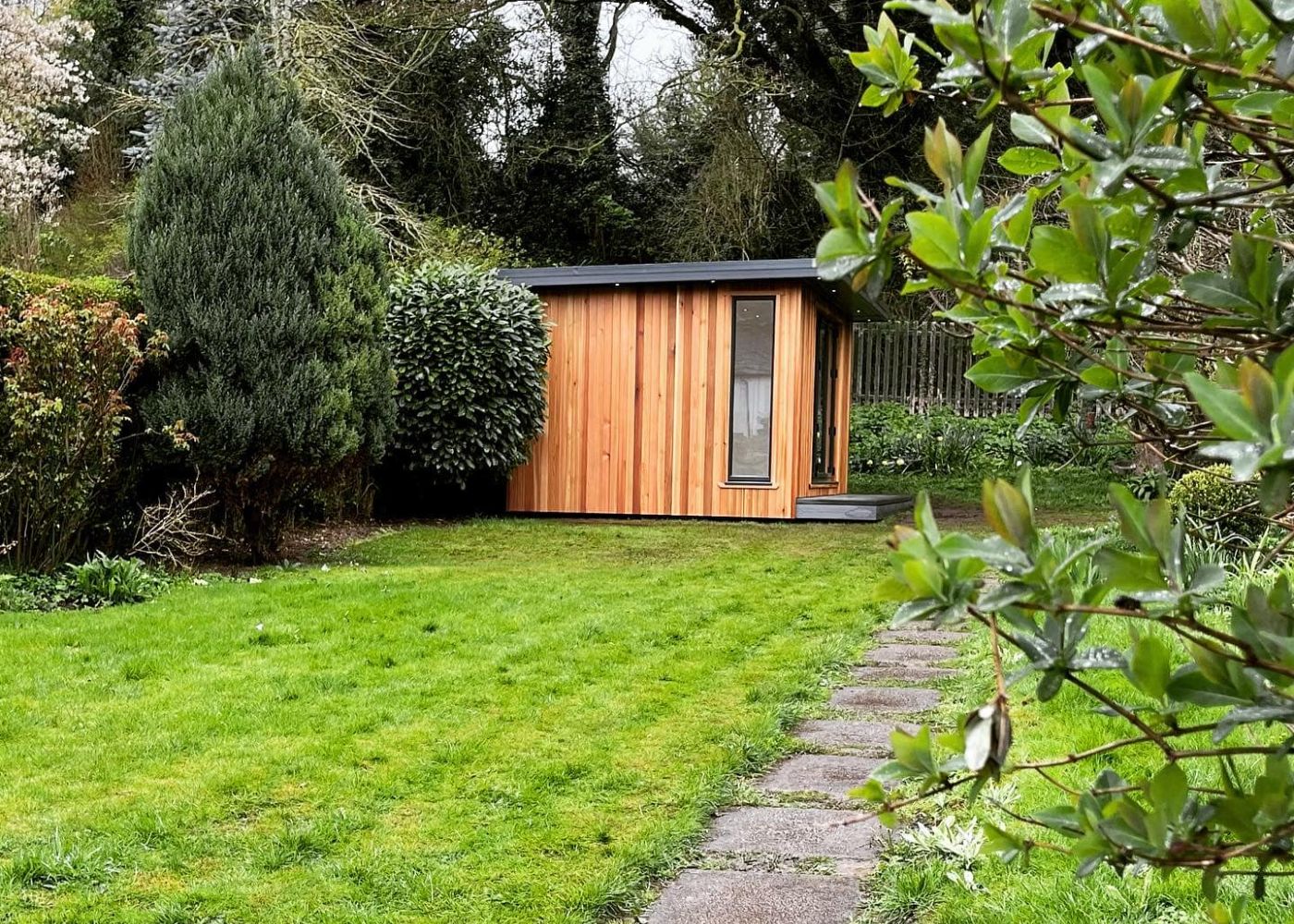
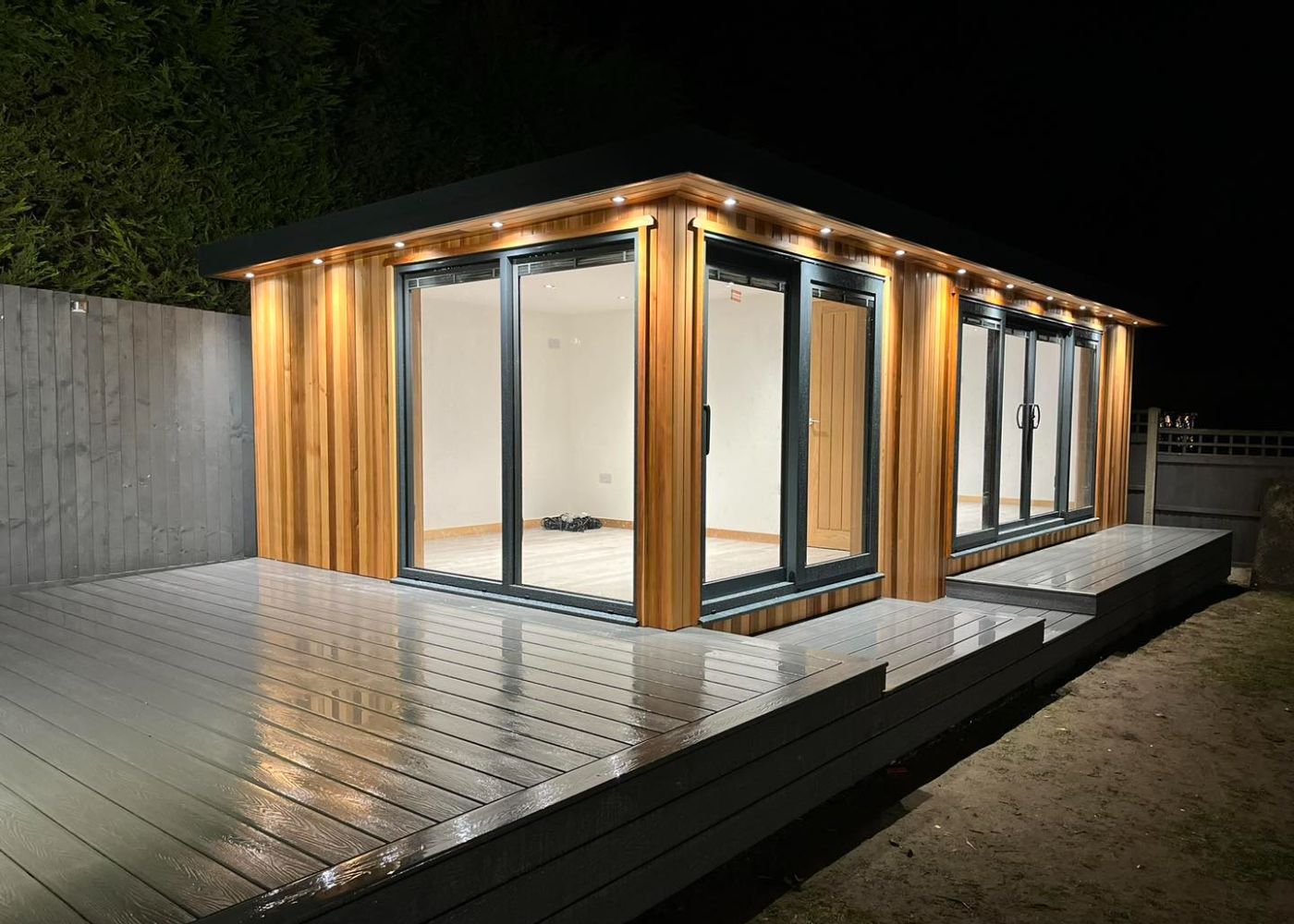
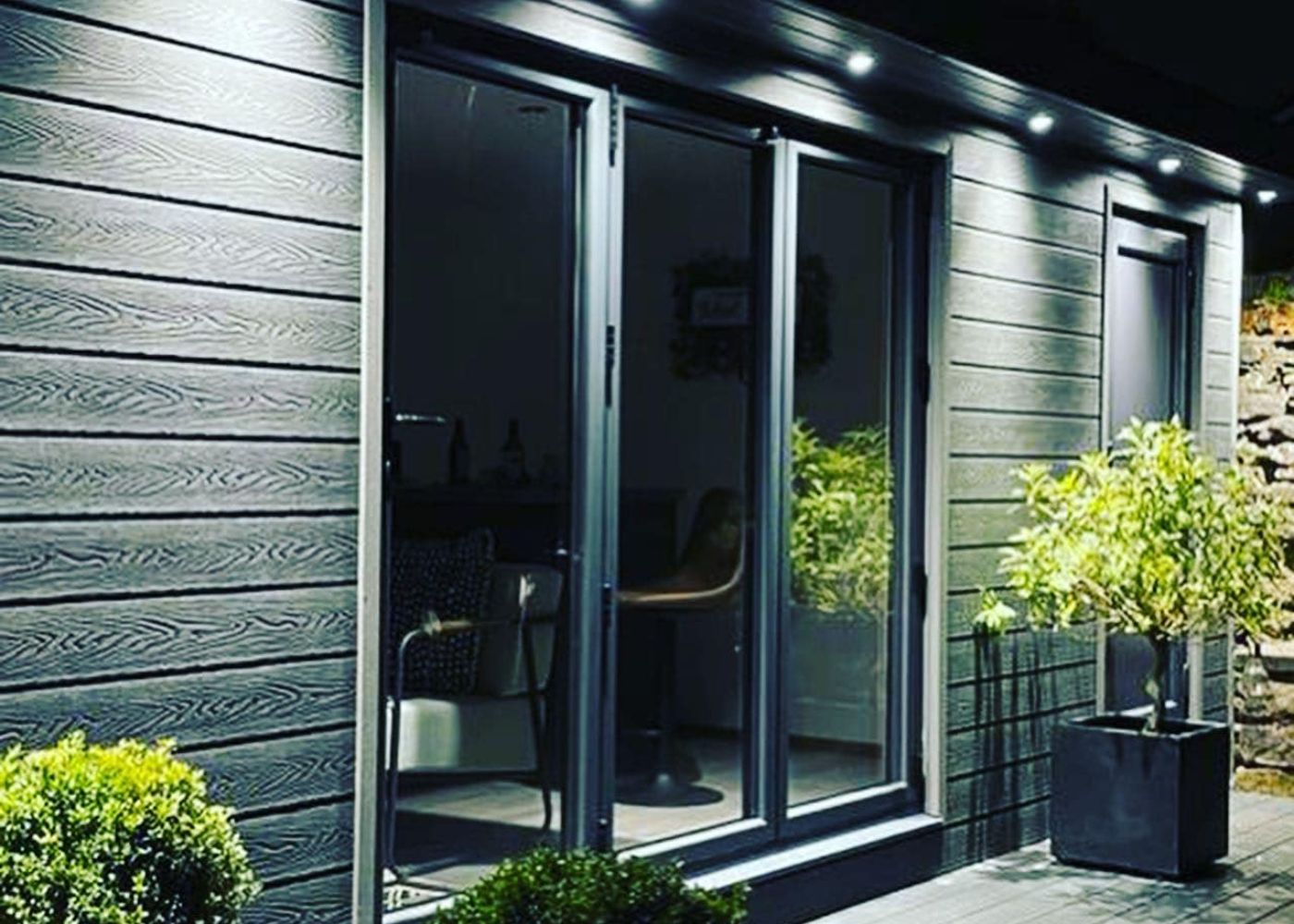
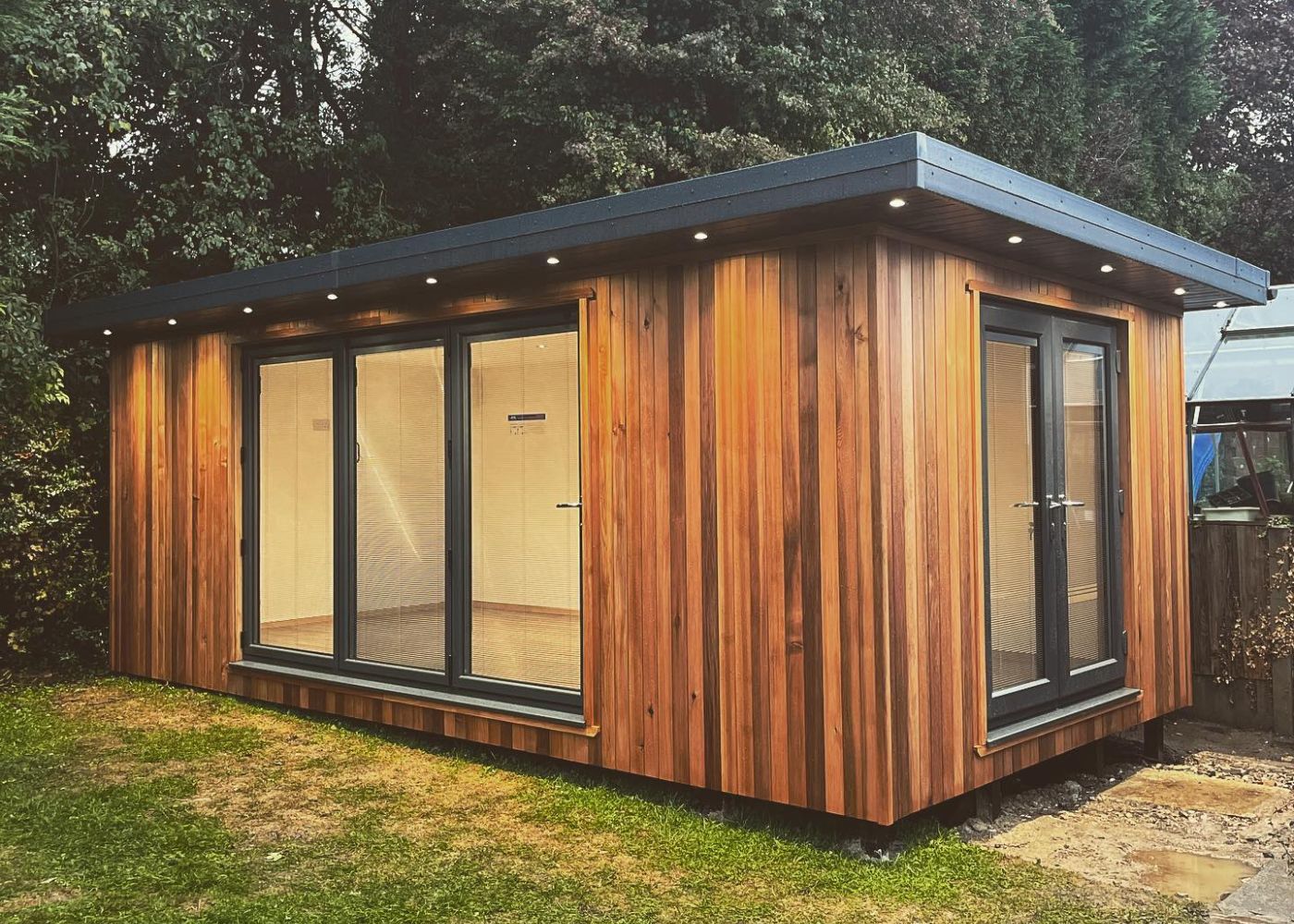
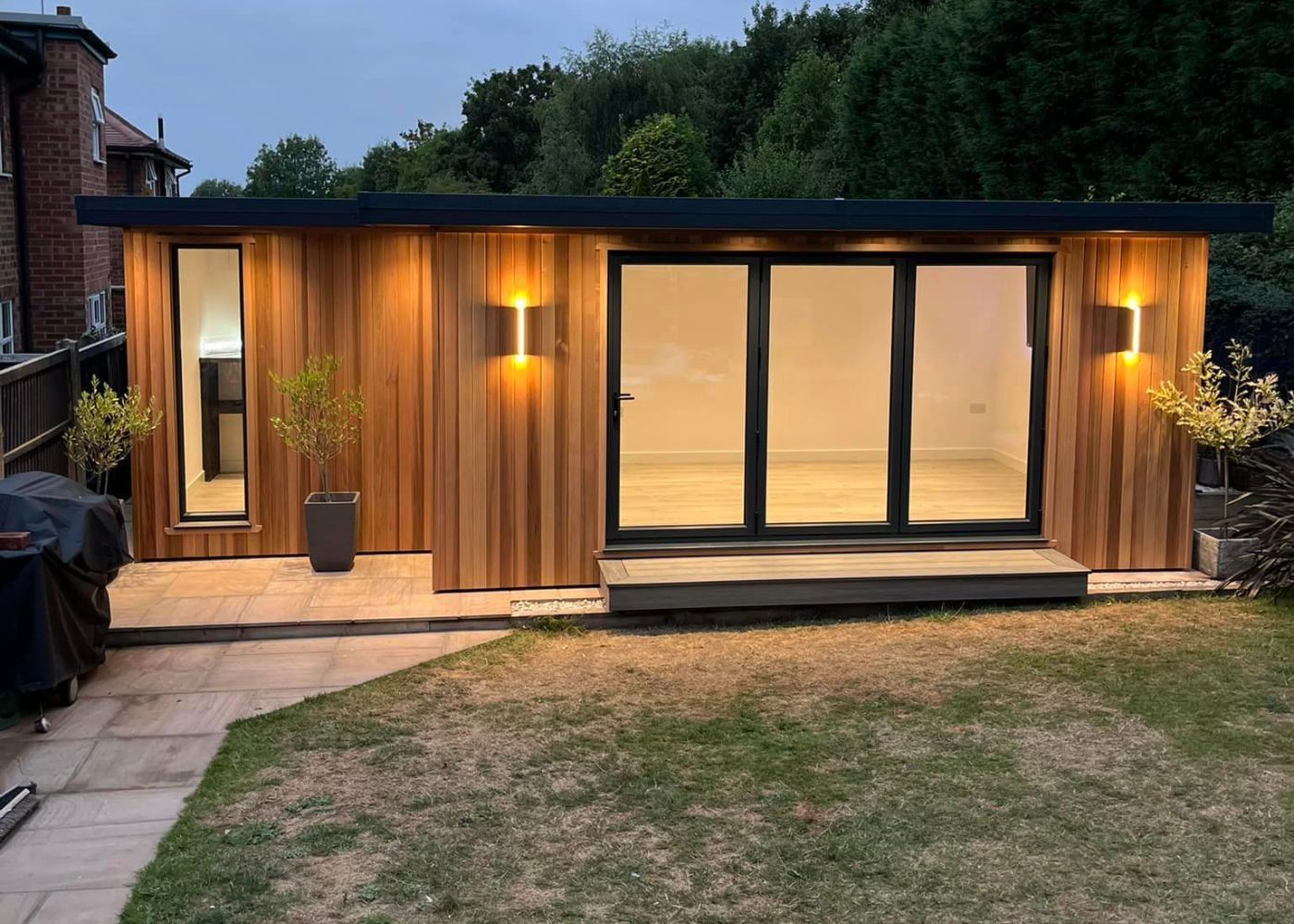

Garden Building Company based in Mansfield. Nottinghamshire serving the Midlands, Nottinghamshire, Derbyshire, Lincolnshire and South Yorkshire
- Wide arrray of options
- Fully bespoke premium build
- Complete installs
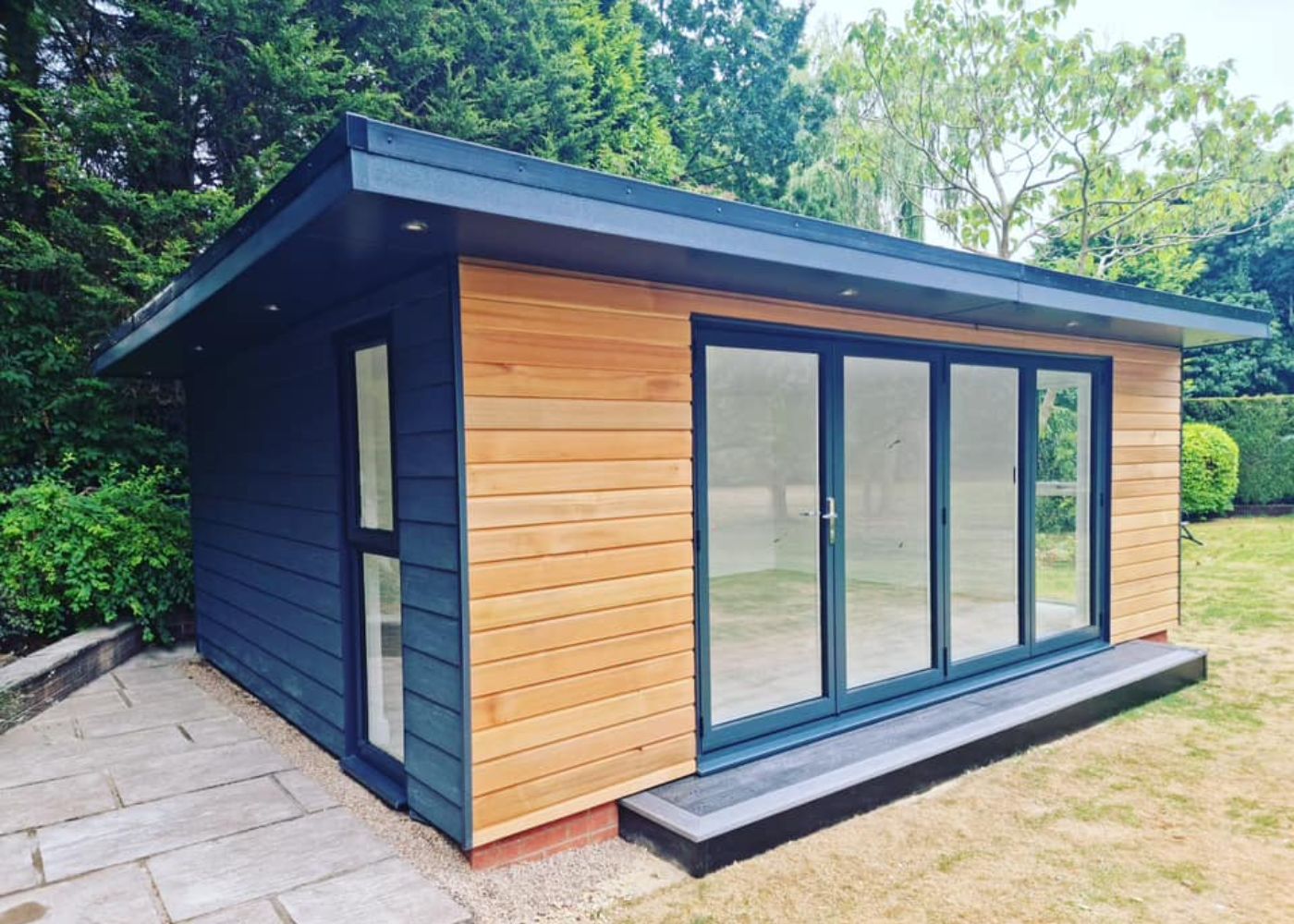
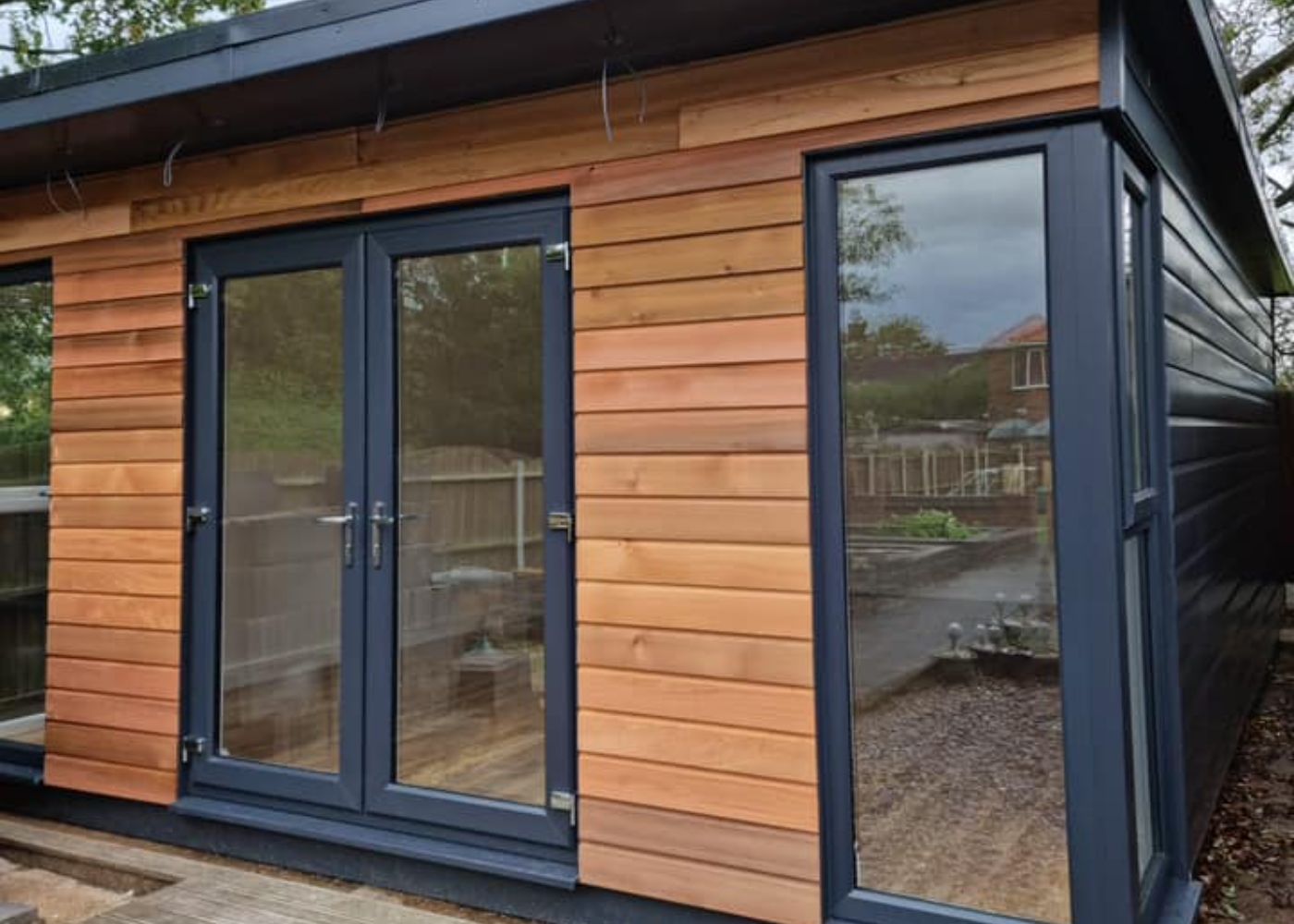
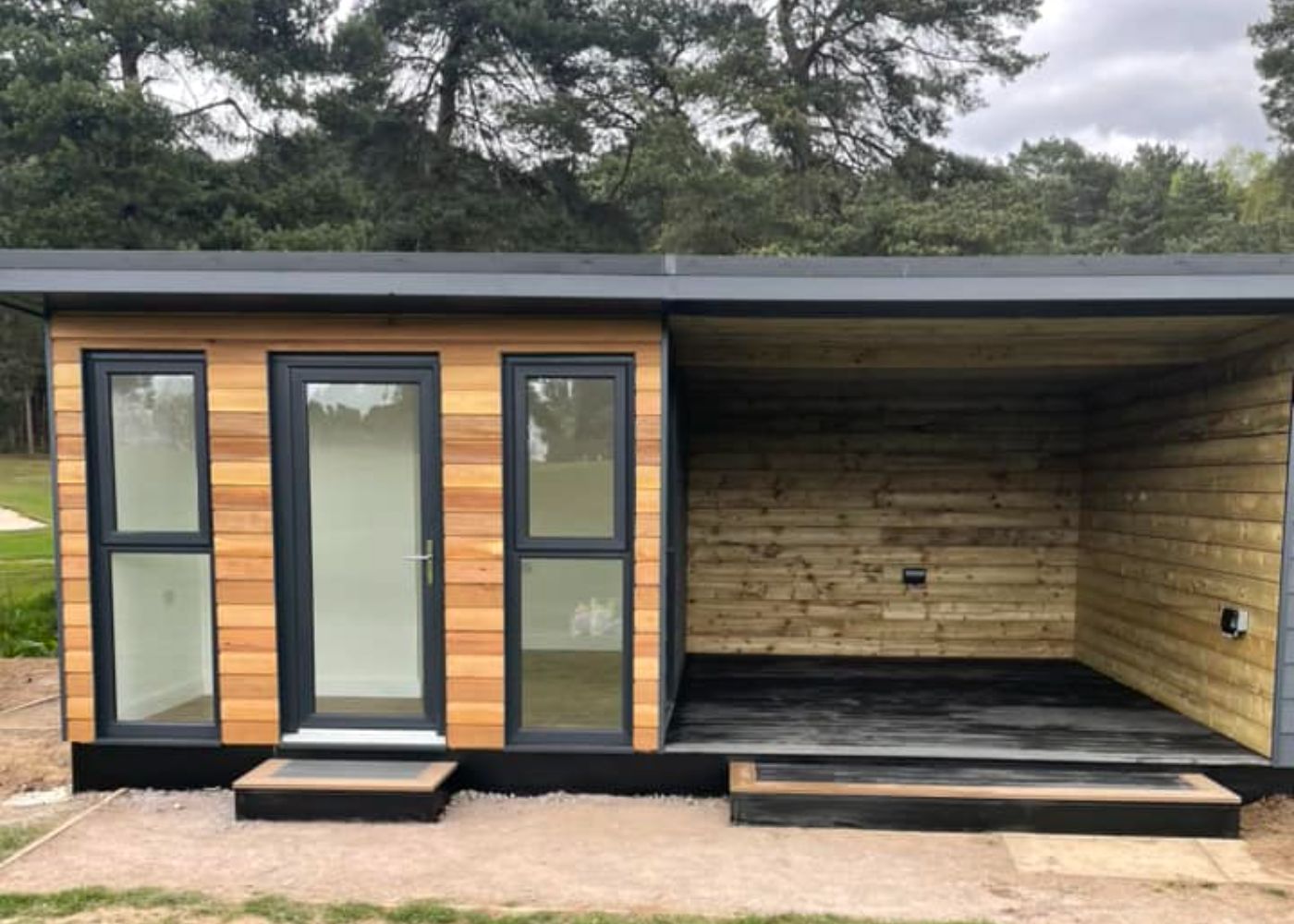
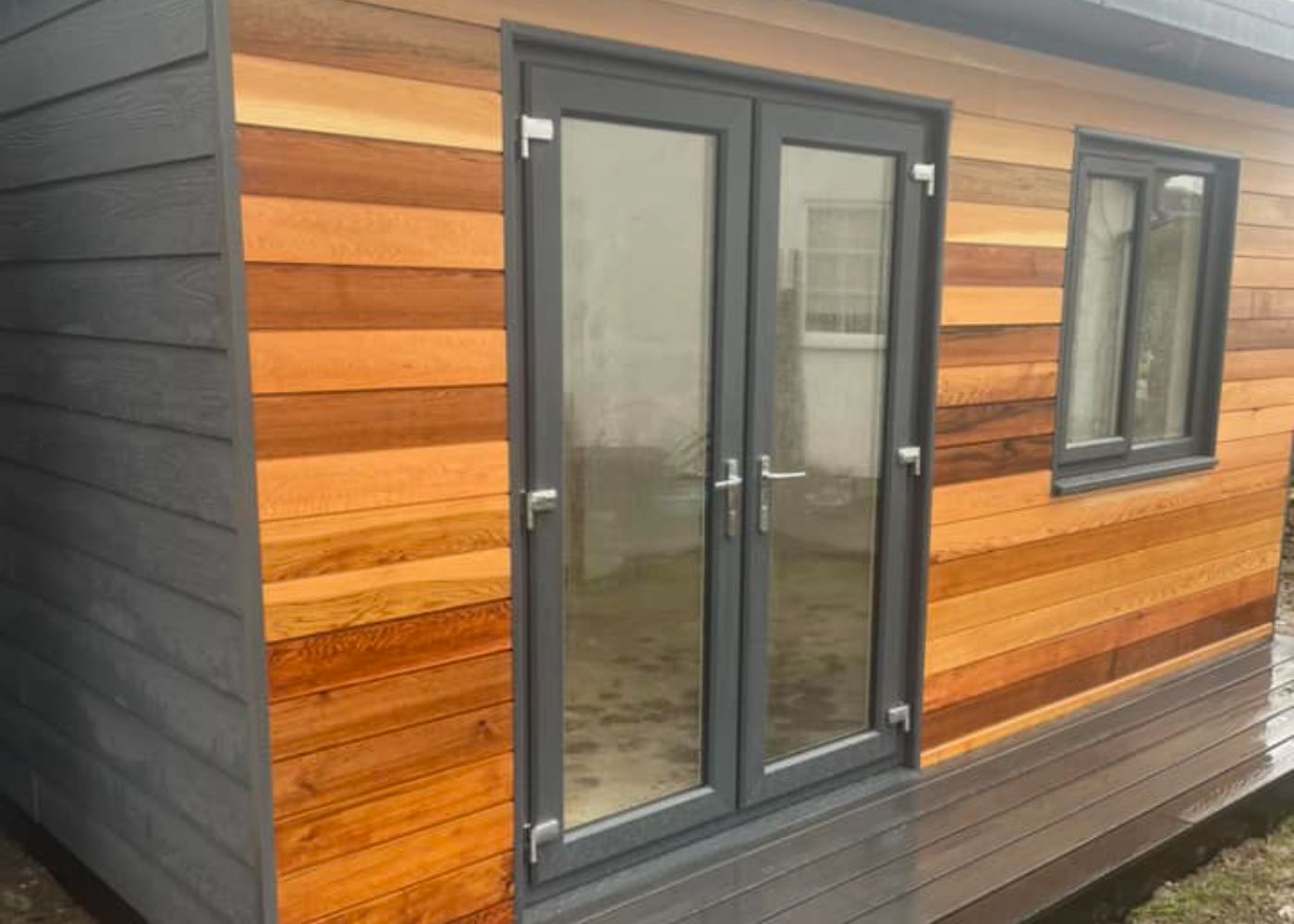
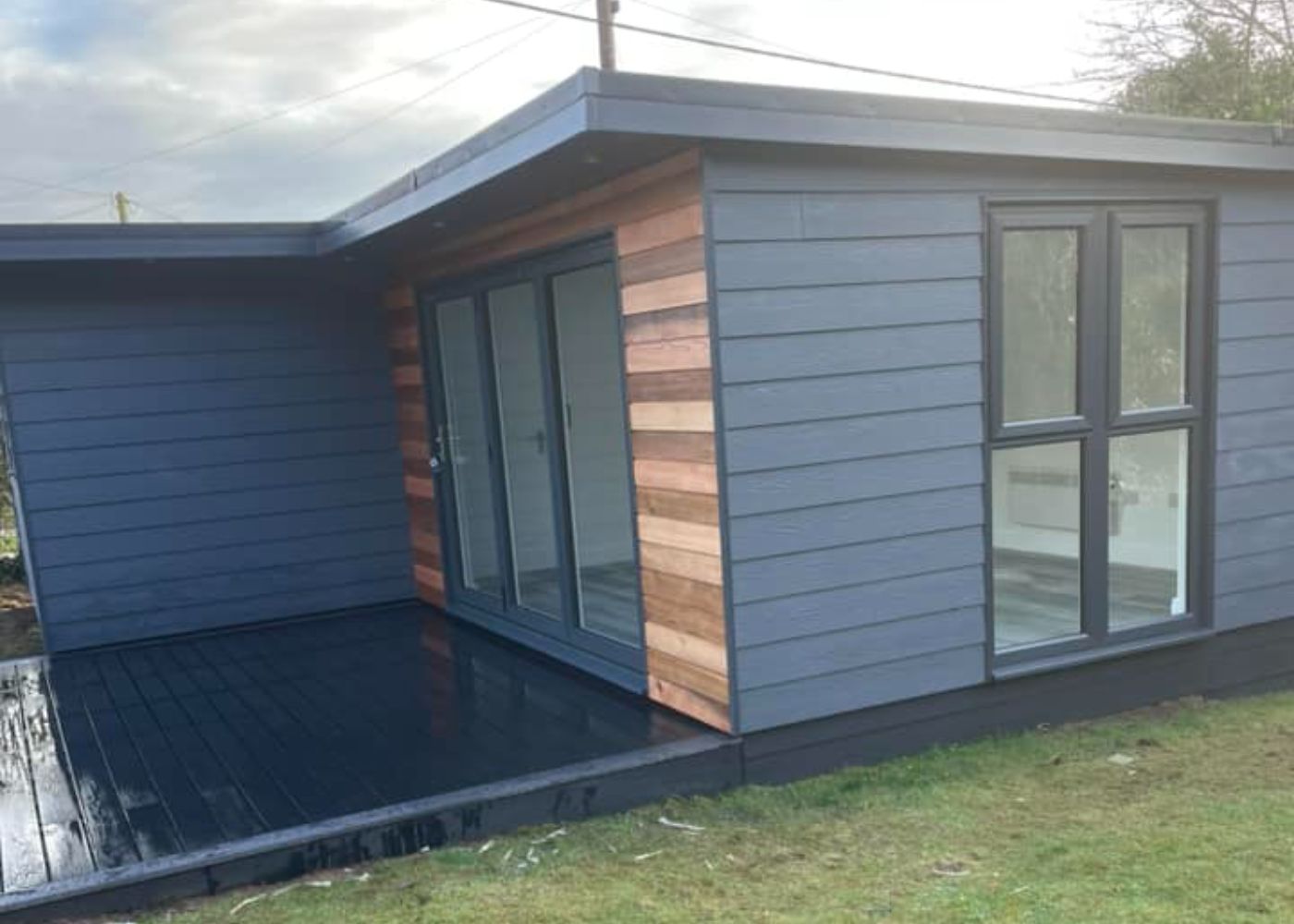
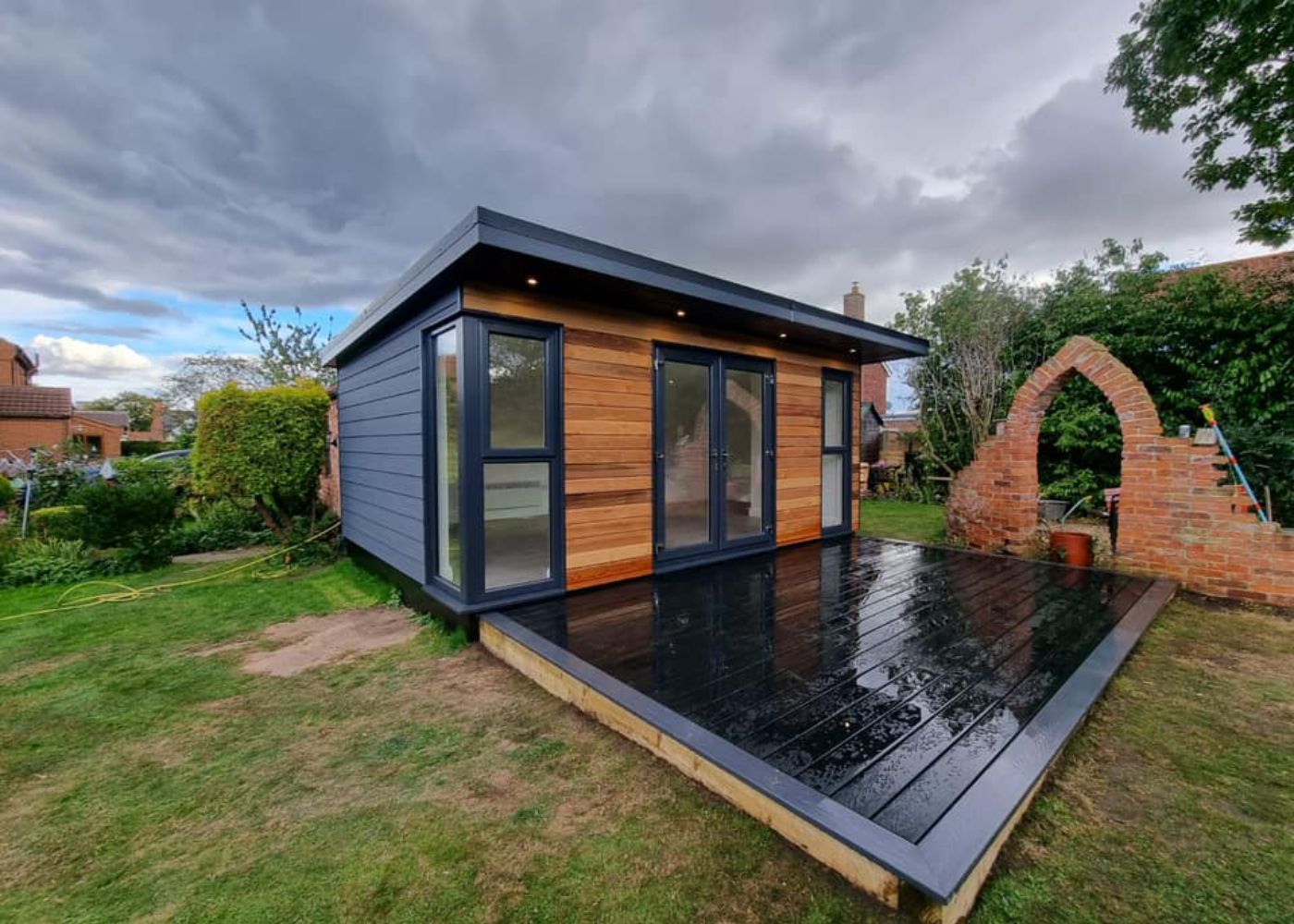
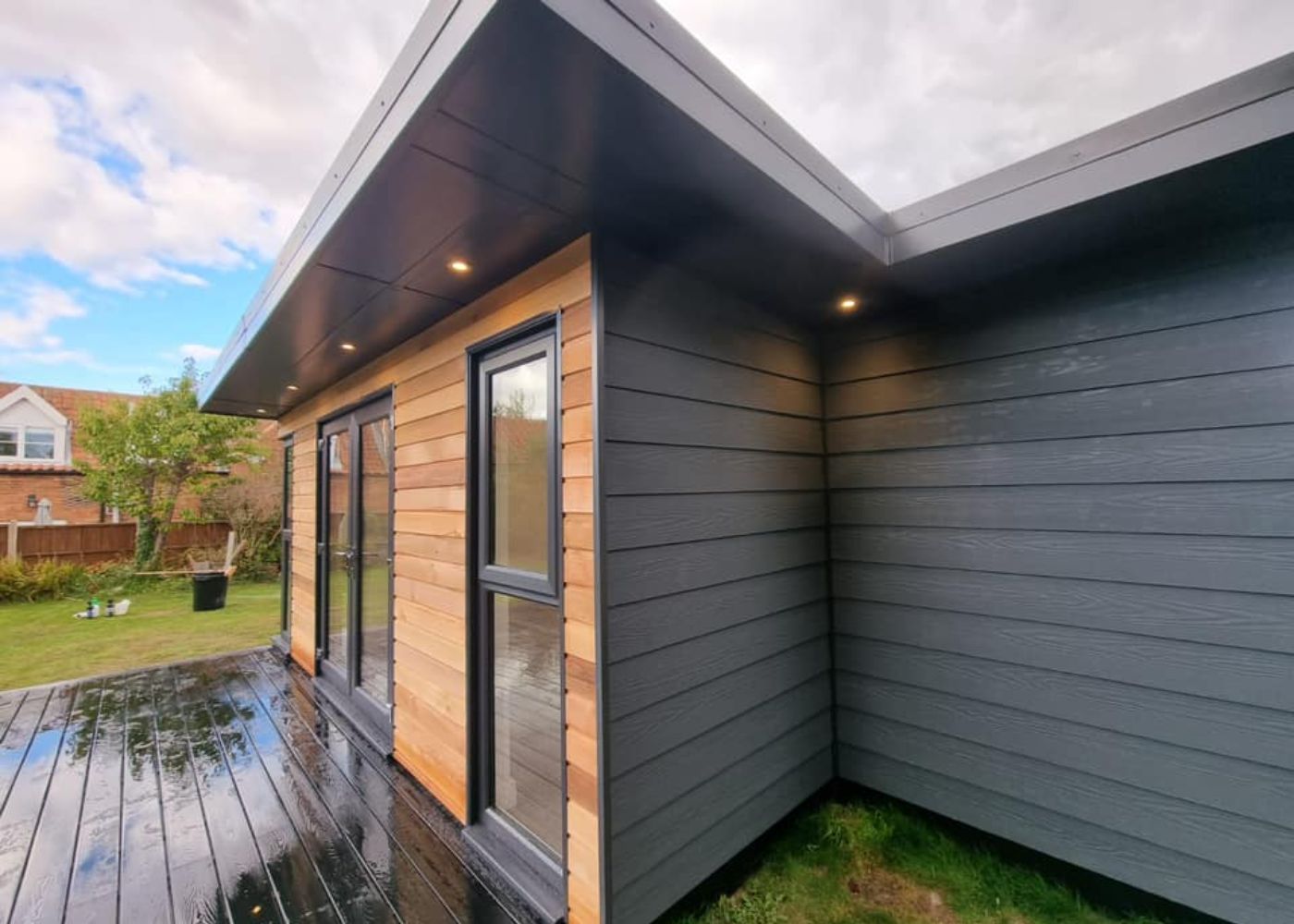
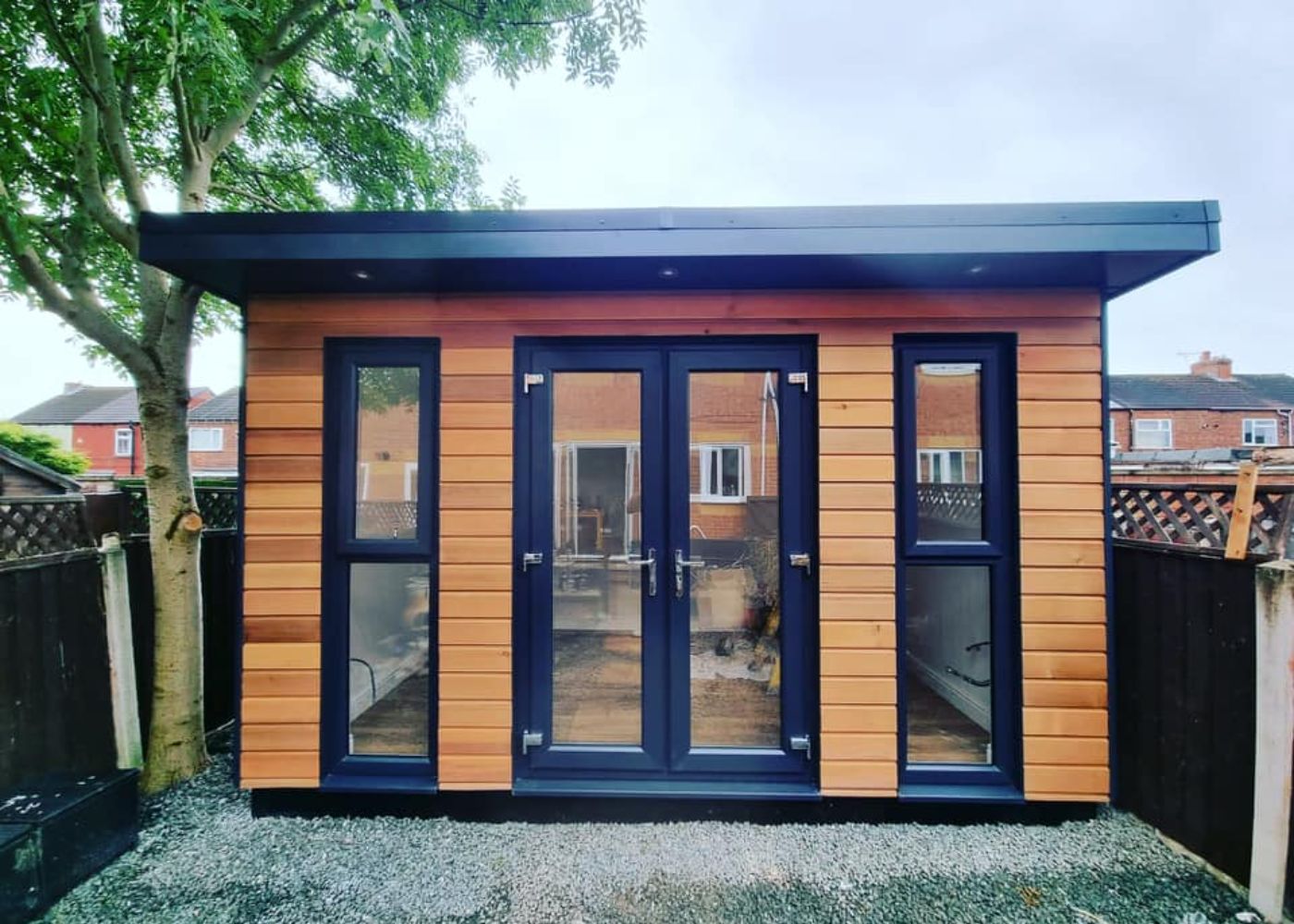

Outdoor creation specialist offering Unique Garden Rooms throughout the North Nottinghamshire and South Yorkshire areas
- Stylish & practical designs
- Wide array of options
- Seamless and hassle-free process
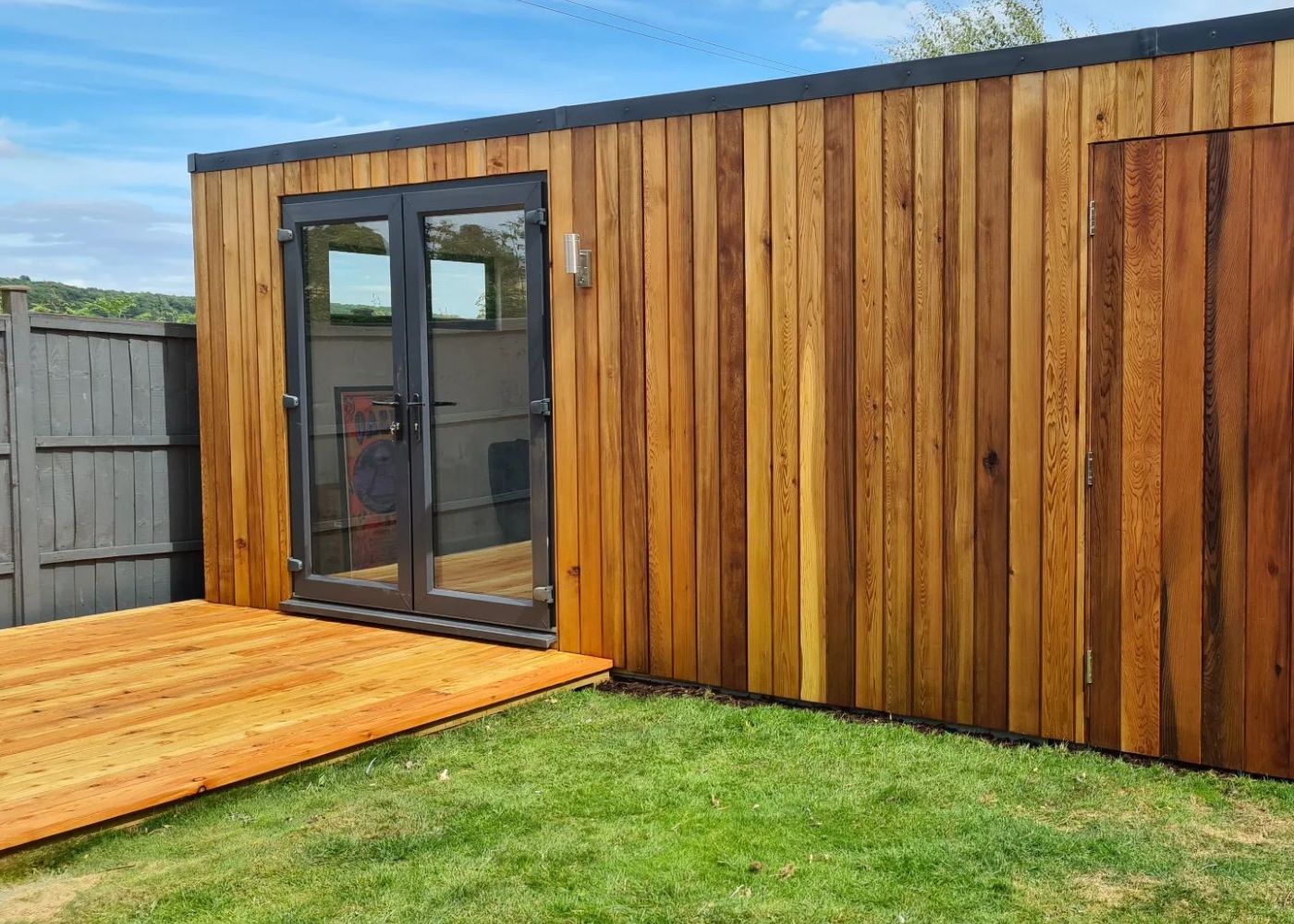
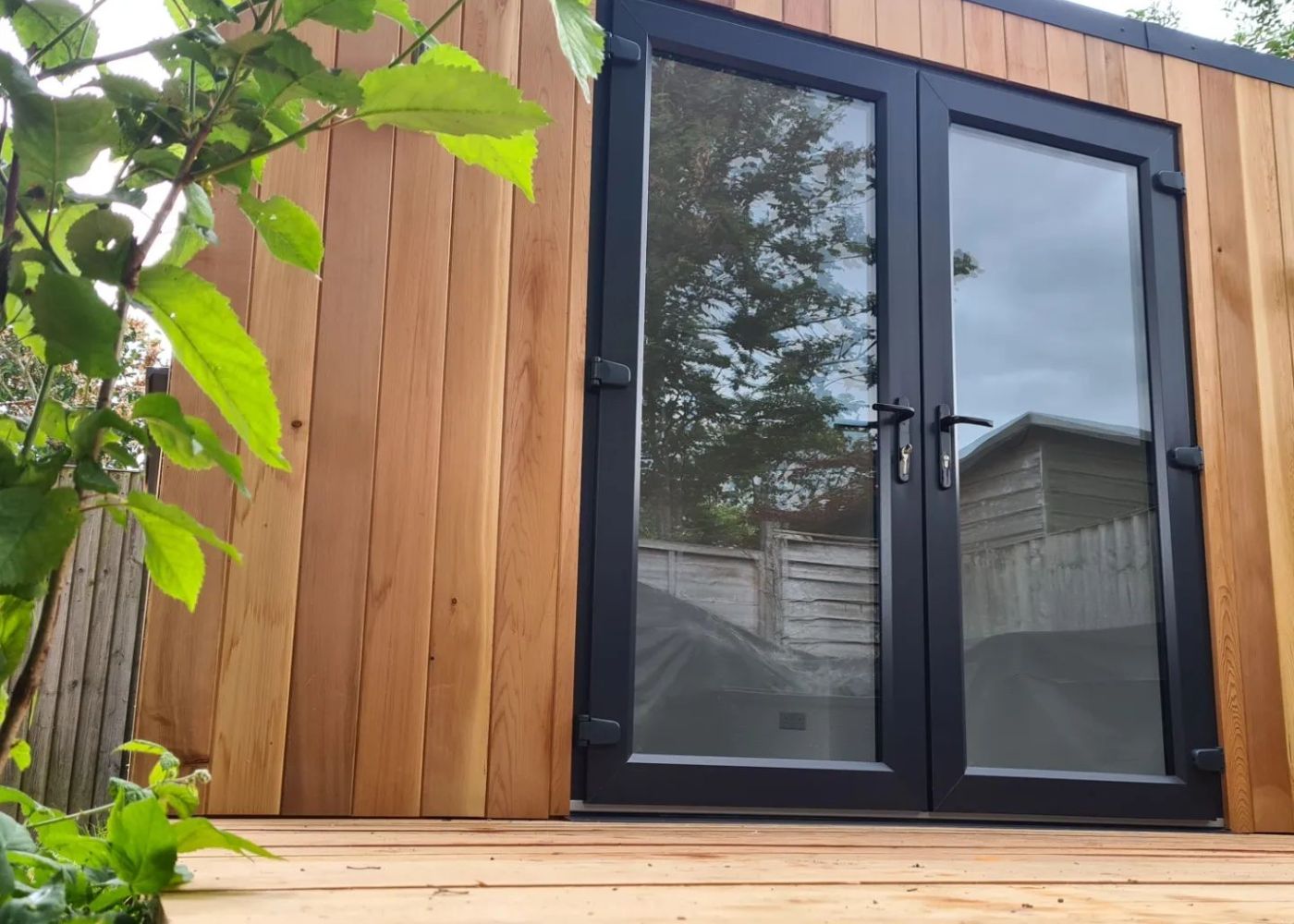
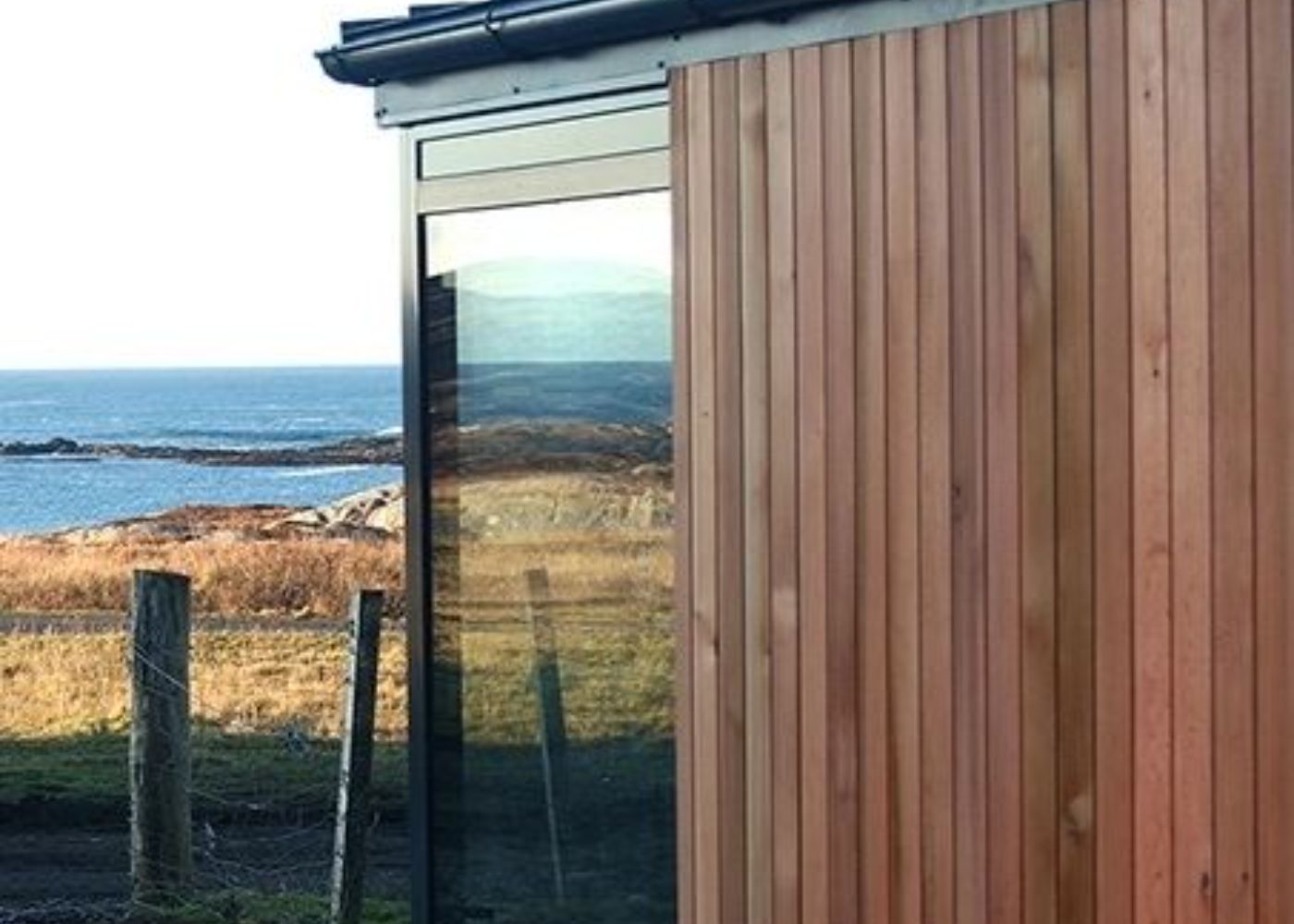
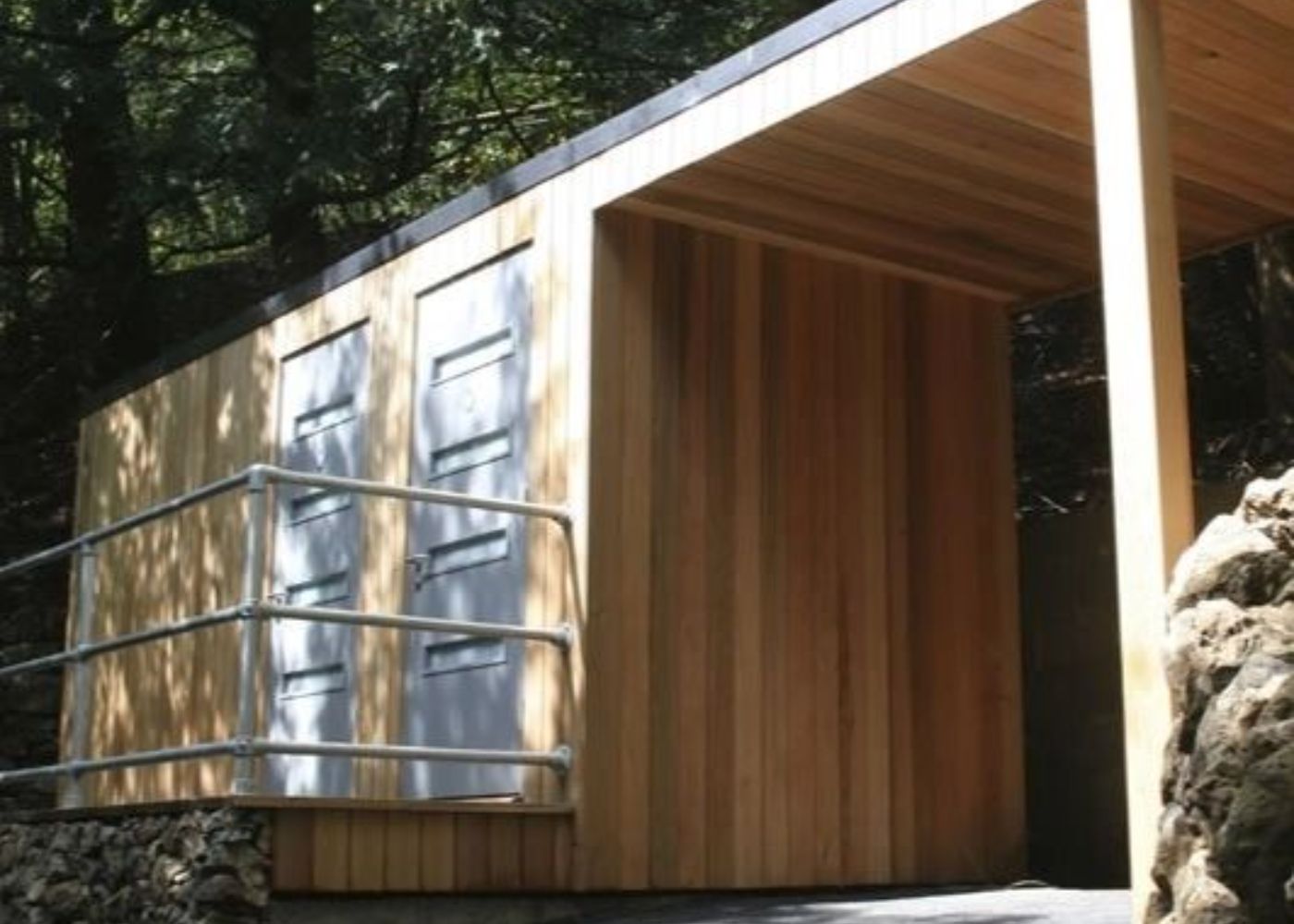
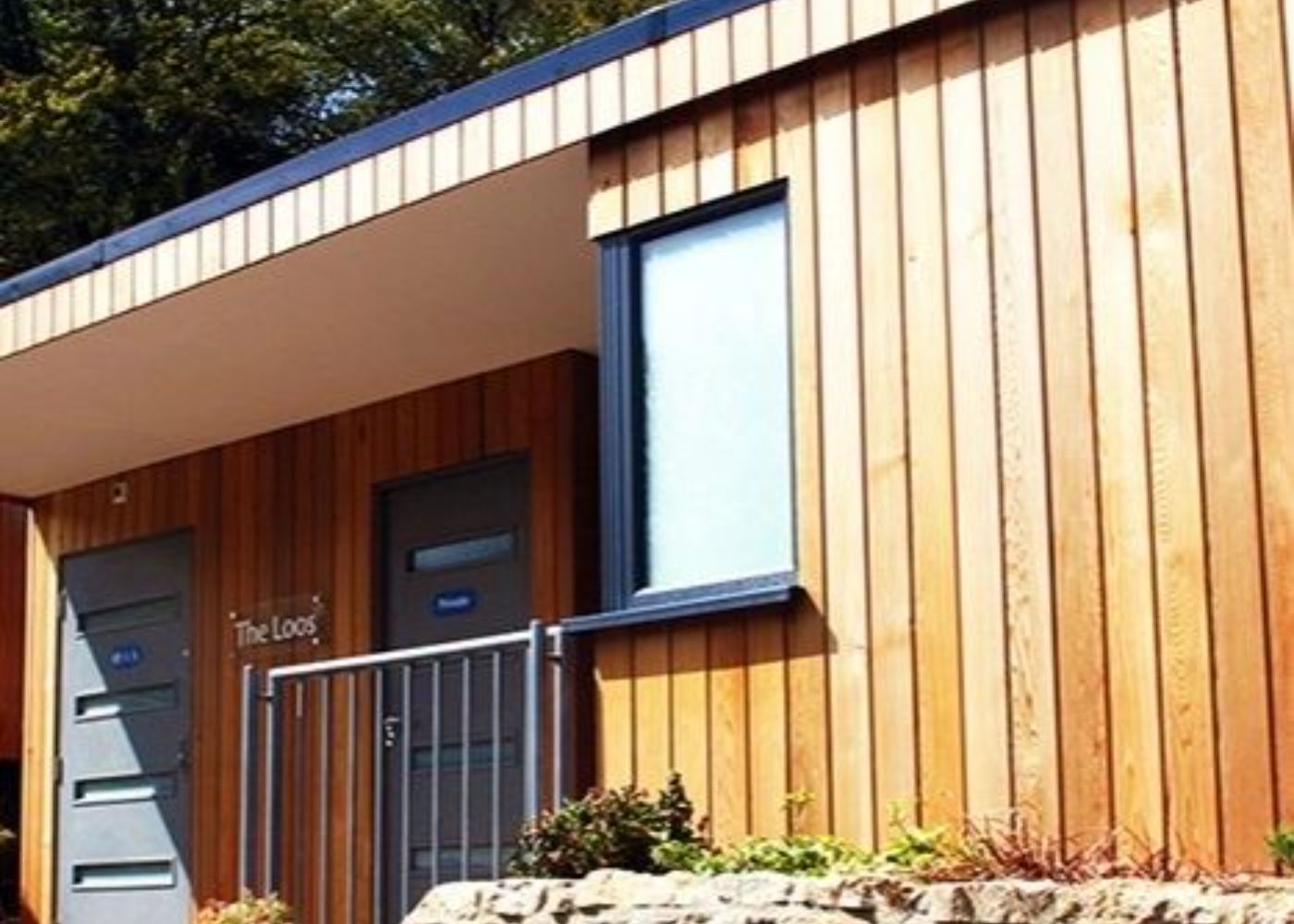
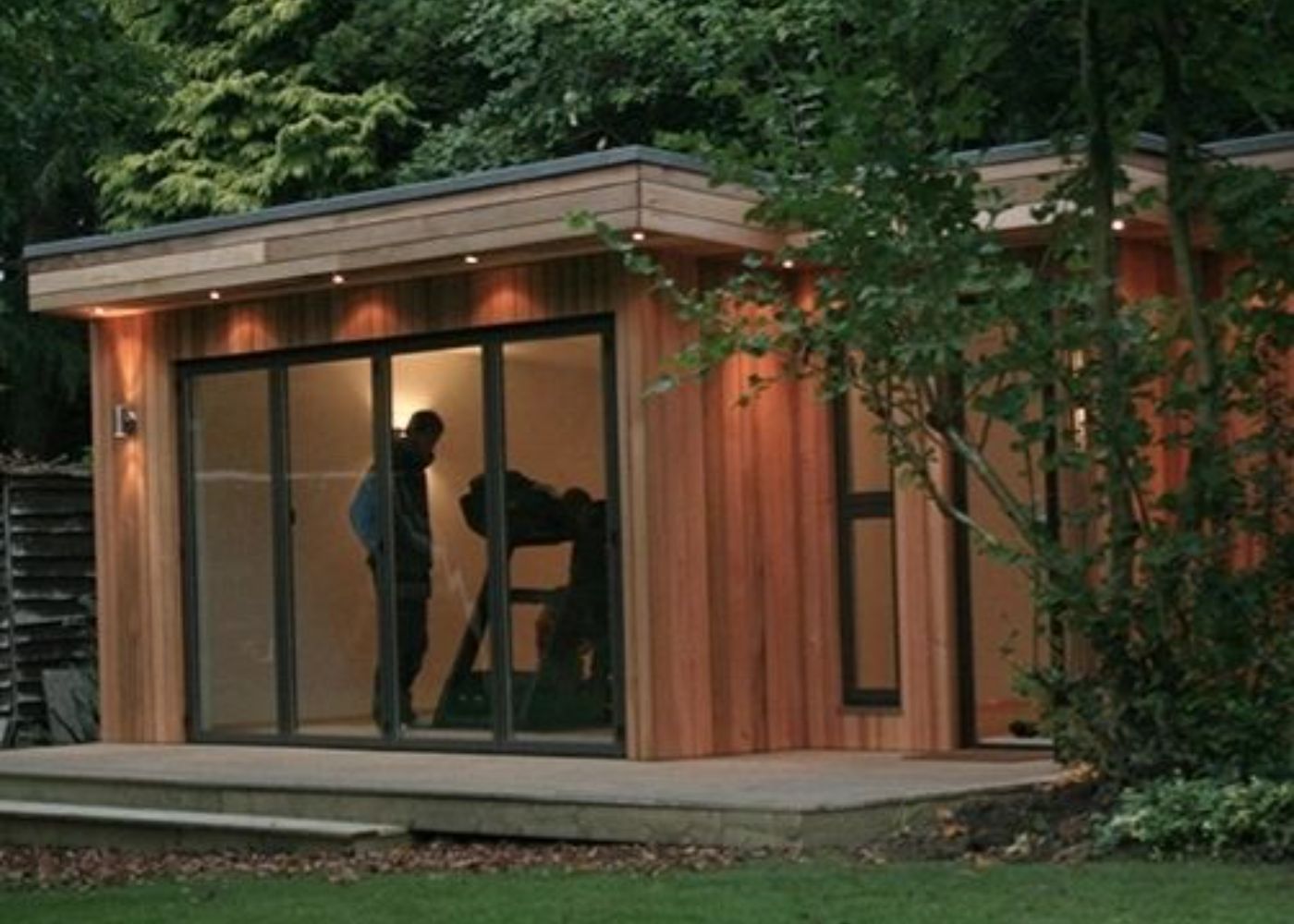
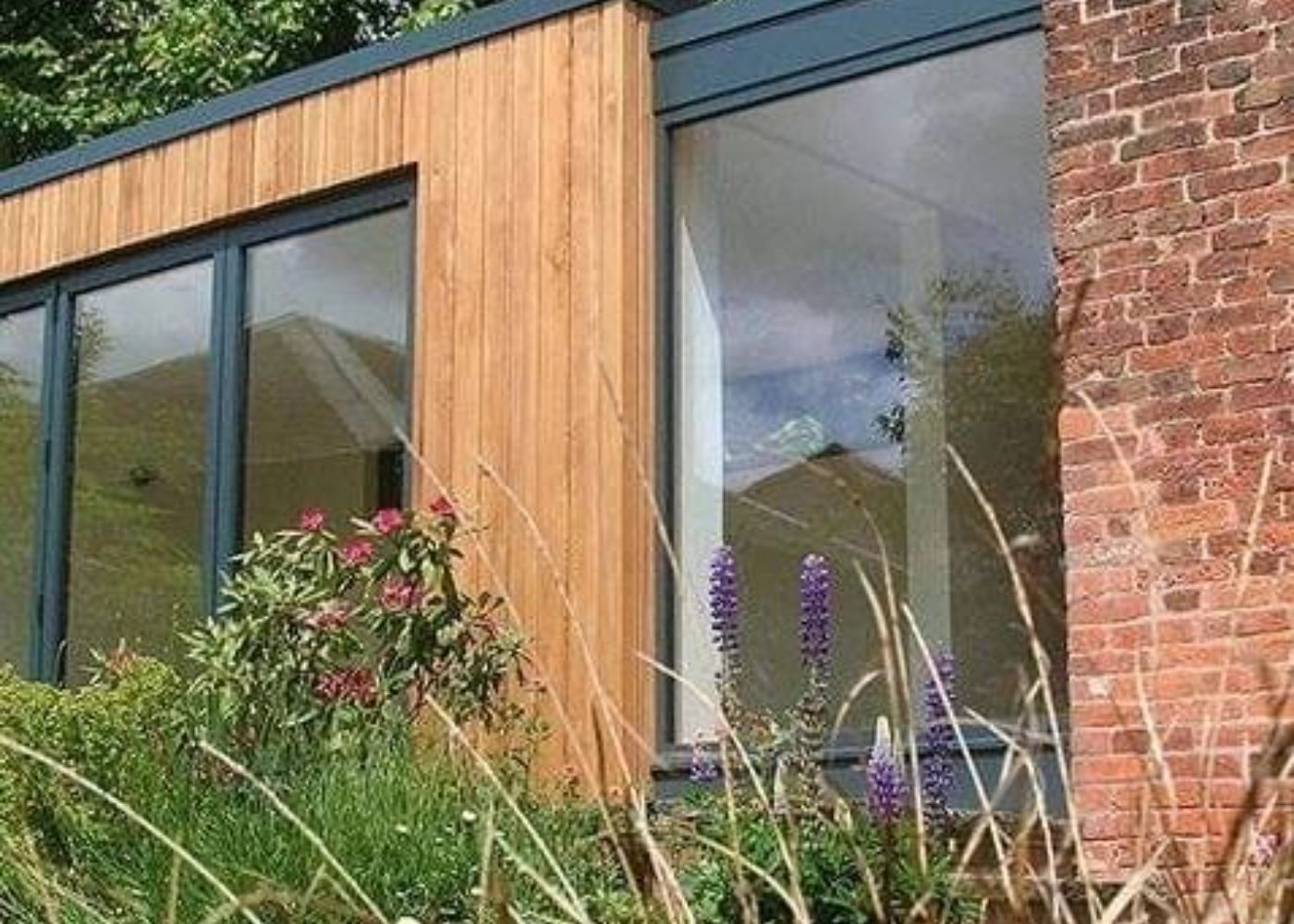
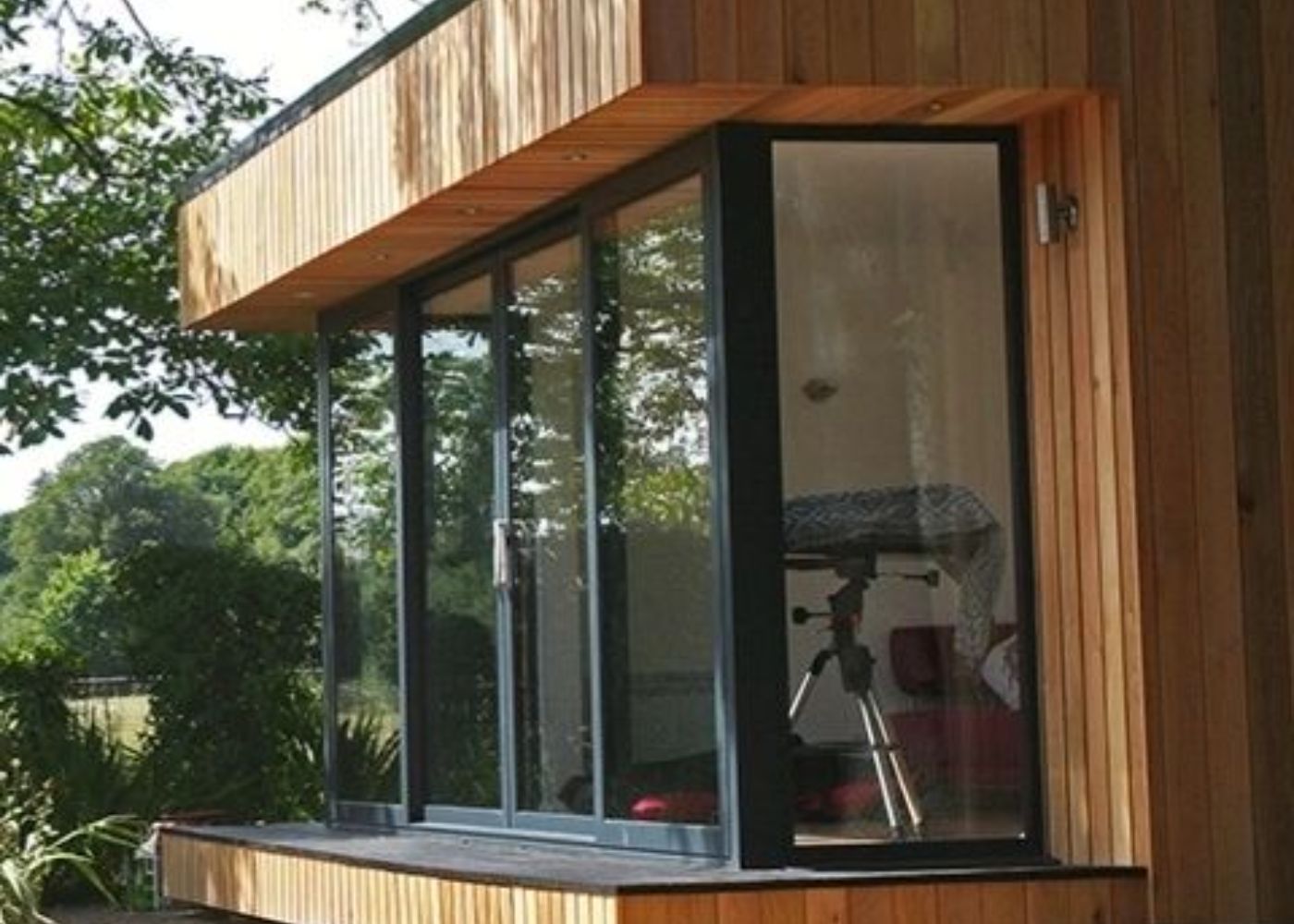

Garden Room Company based in Nottingham providing construction of bespoke garden rooms in Nottingham and surrounding areas
- Fully bespoke service
- Highly experienced contractor
- Garden space specialists
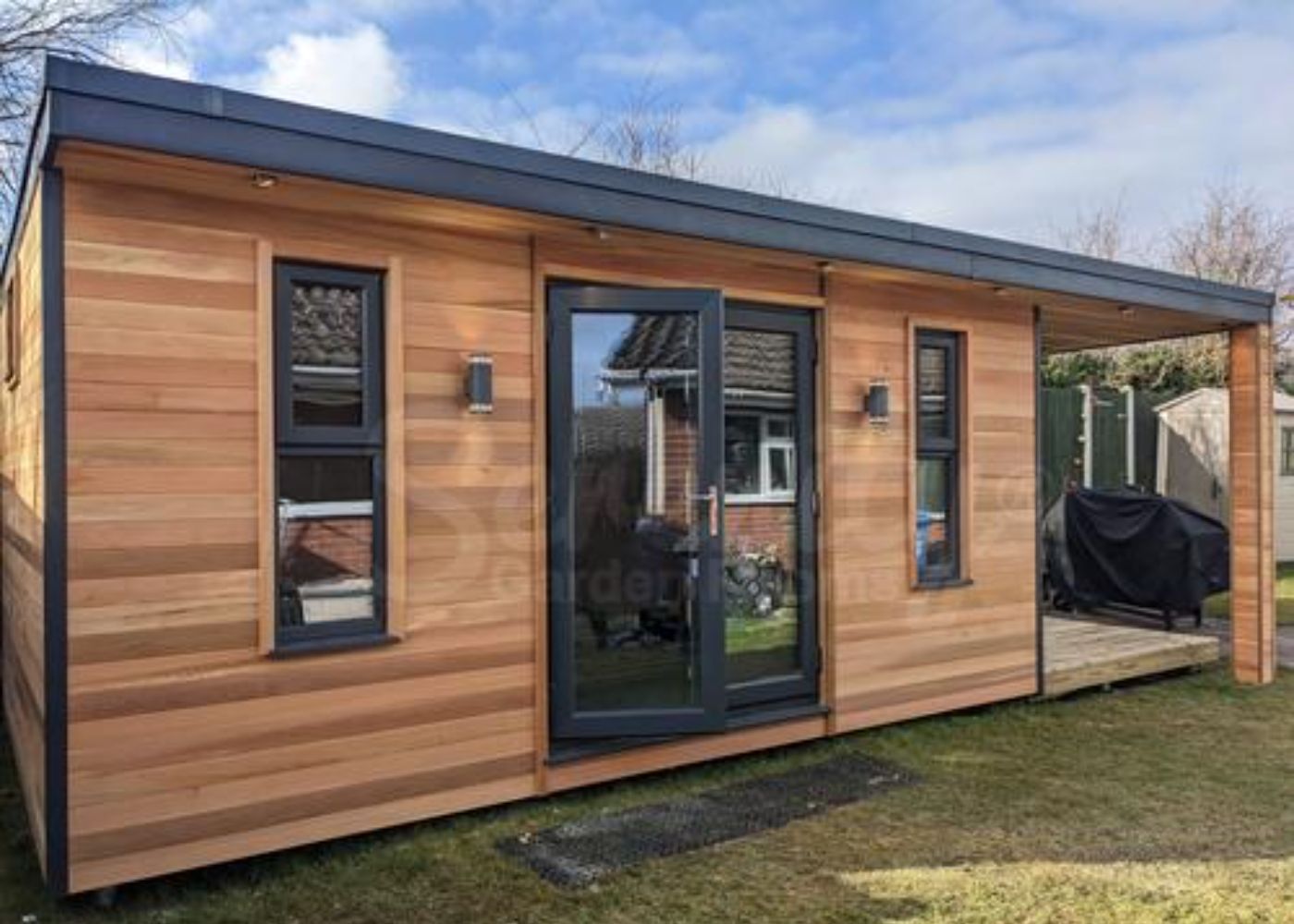
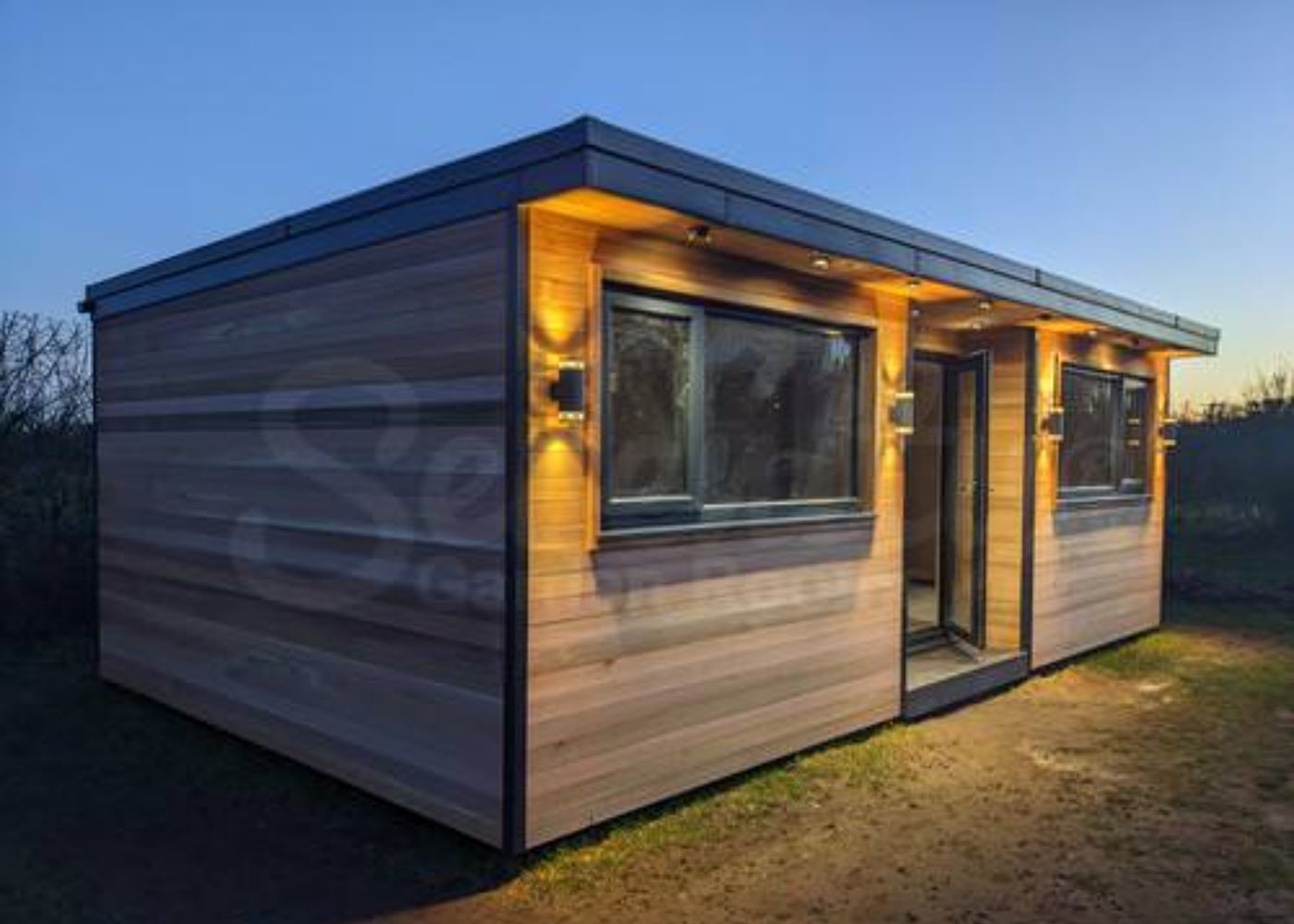
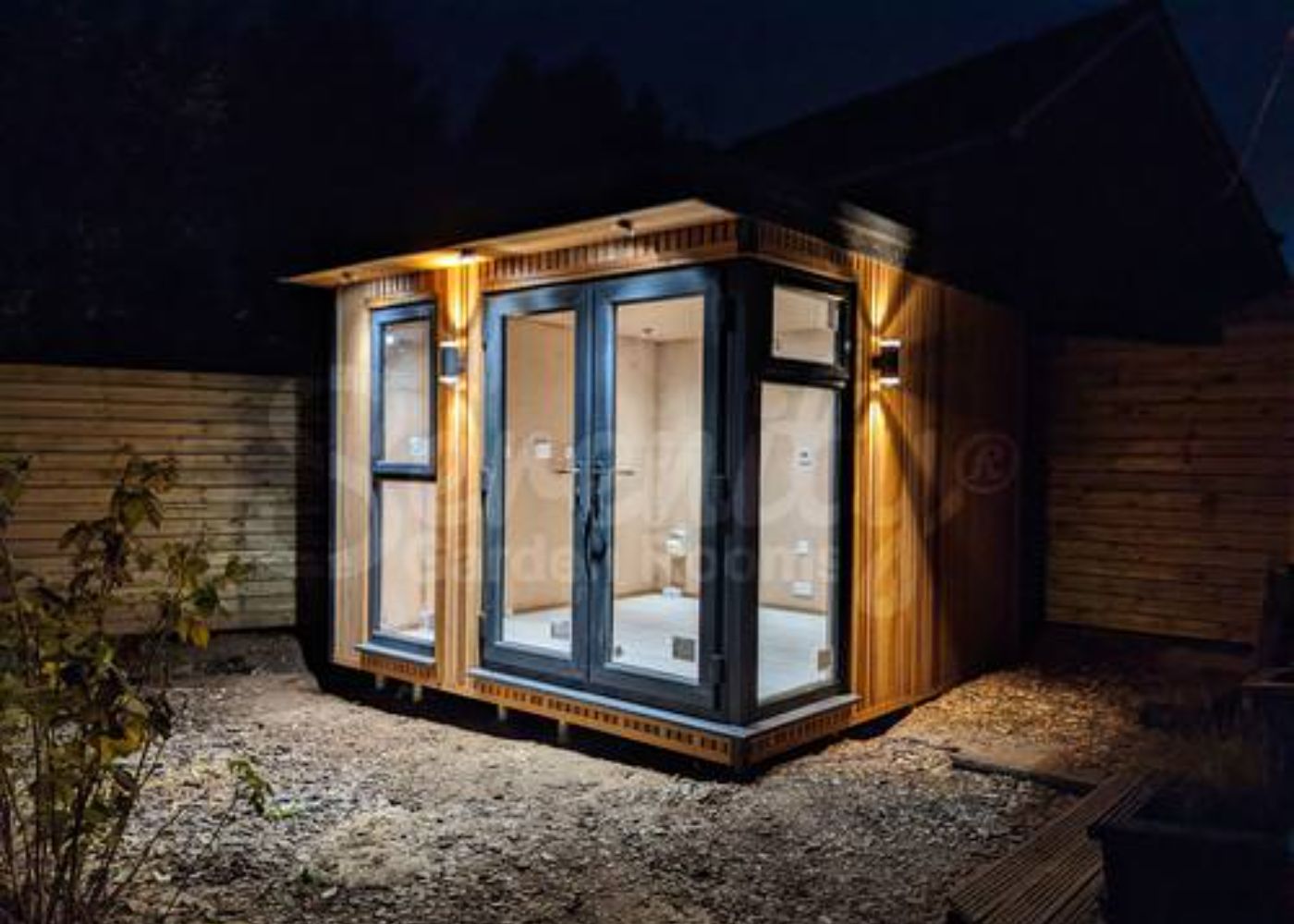
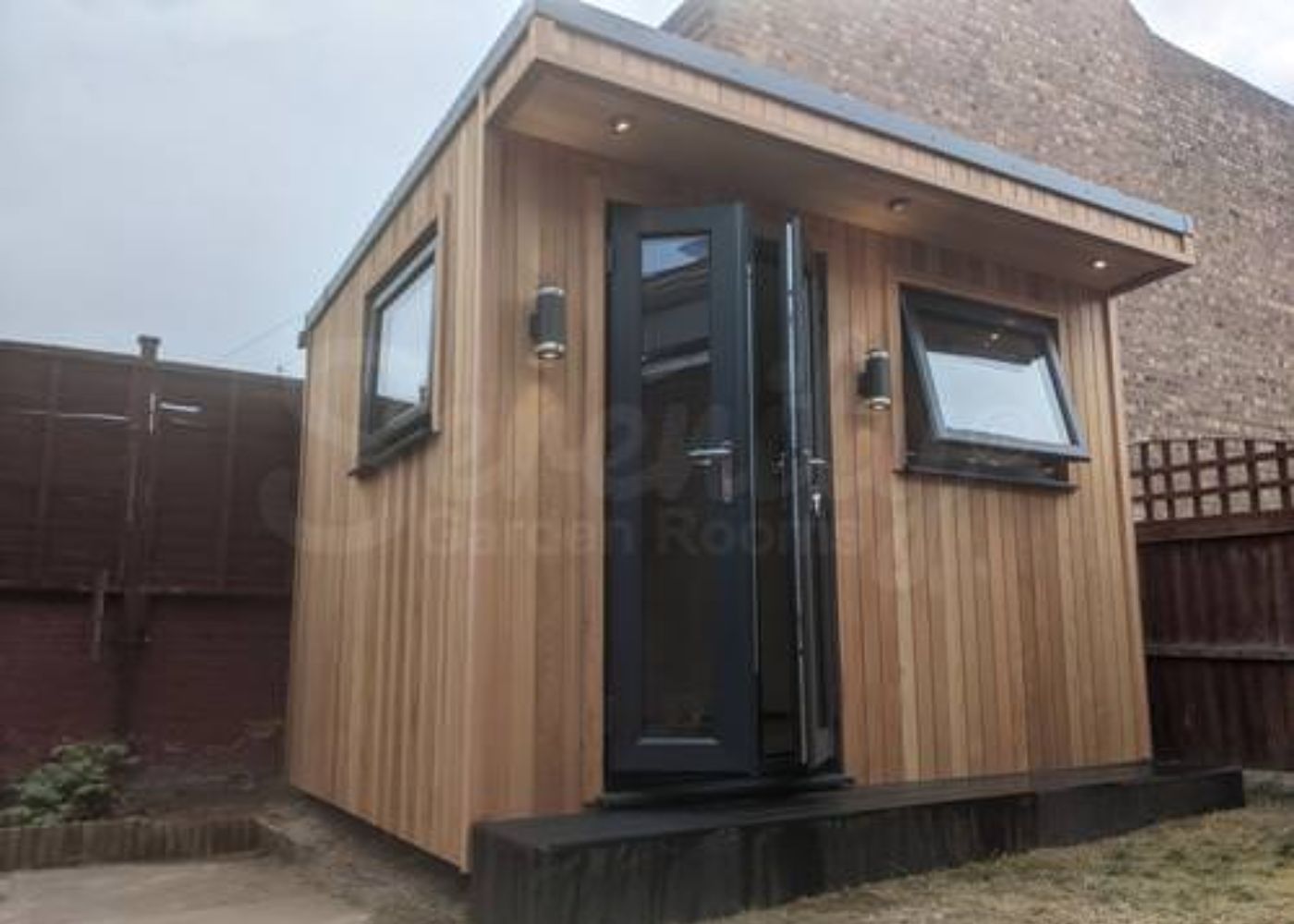
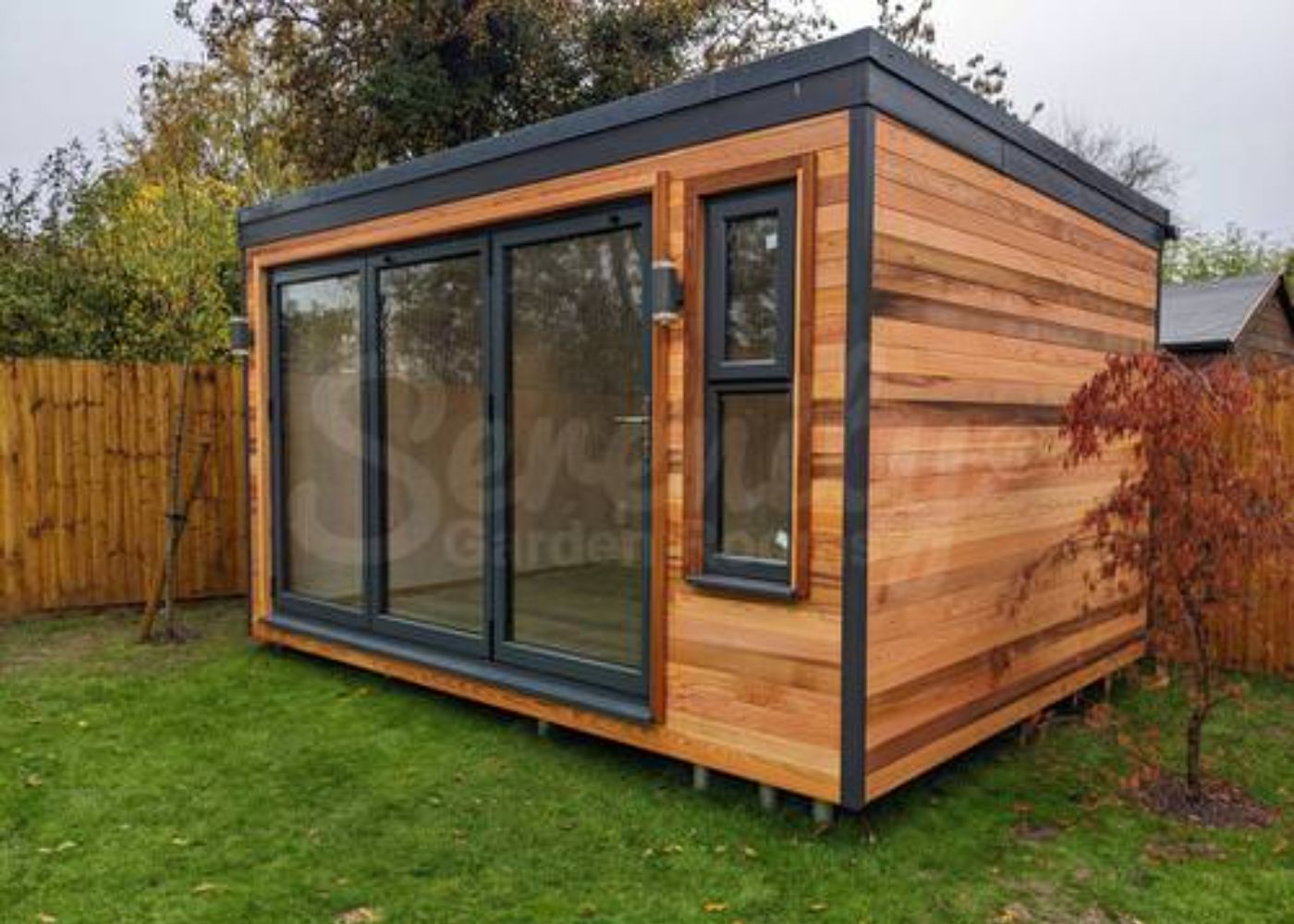
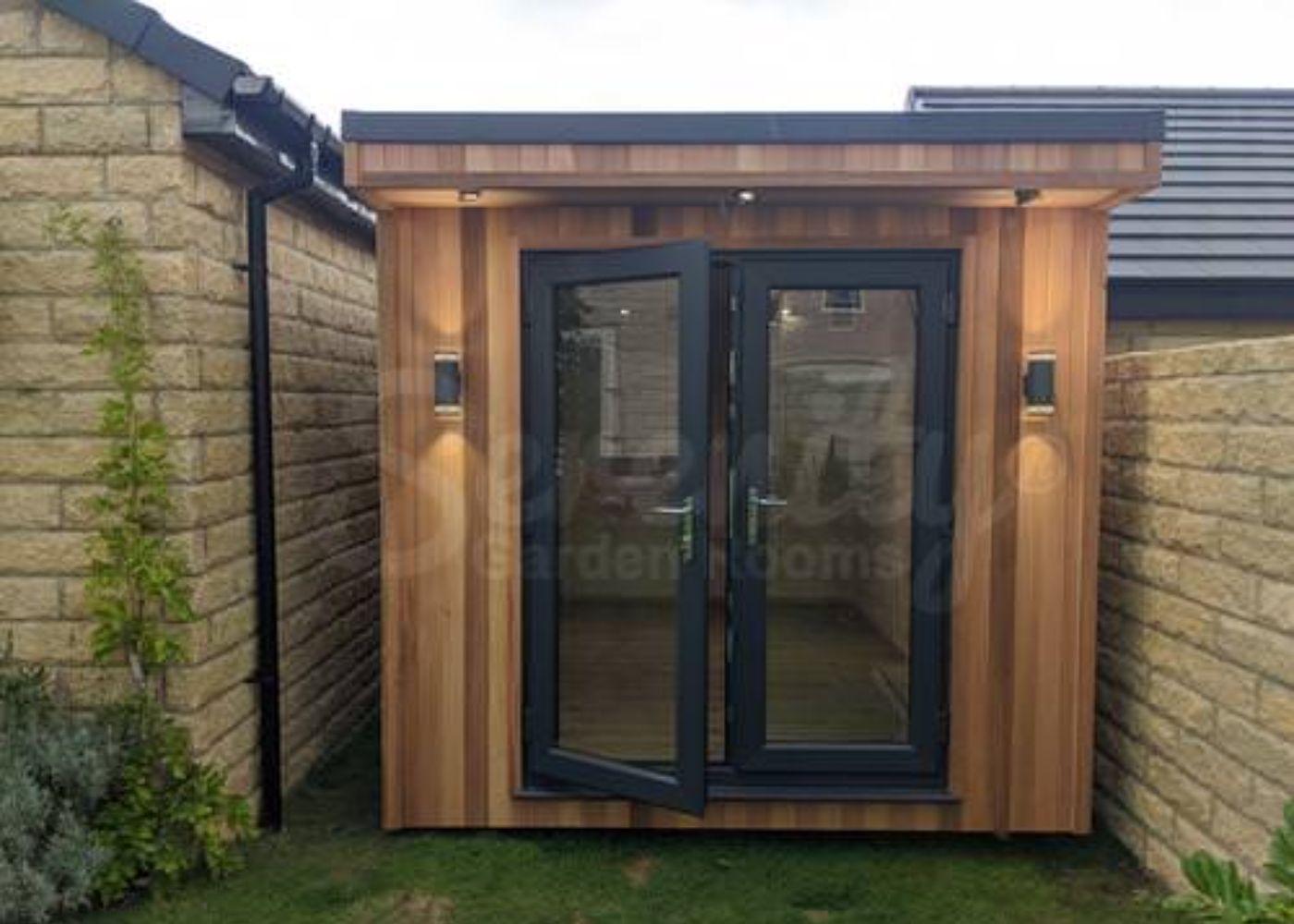
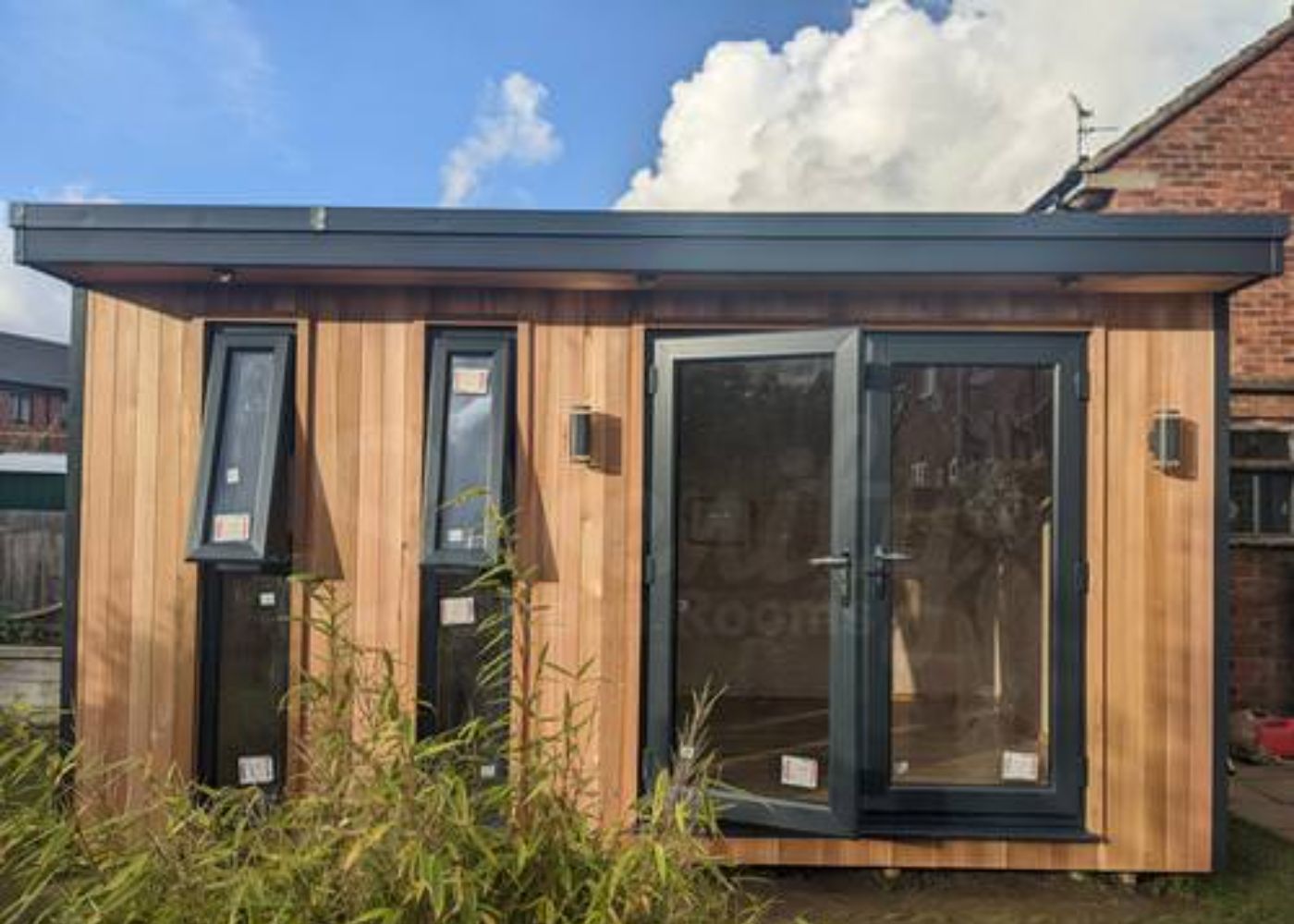
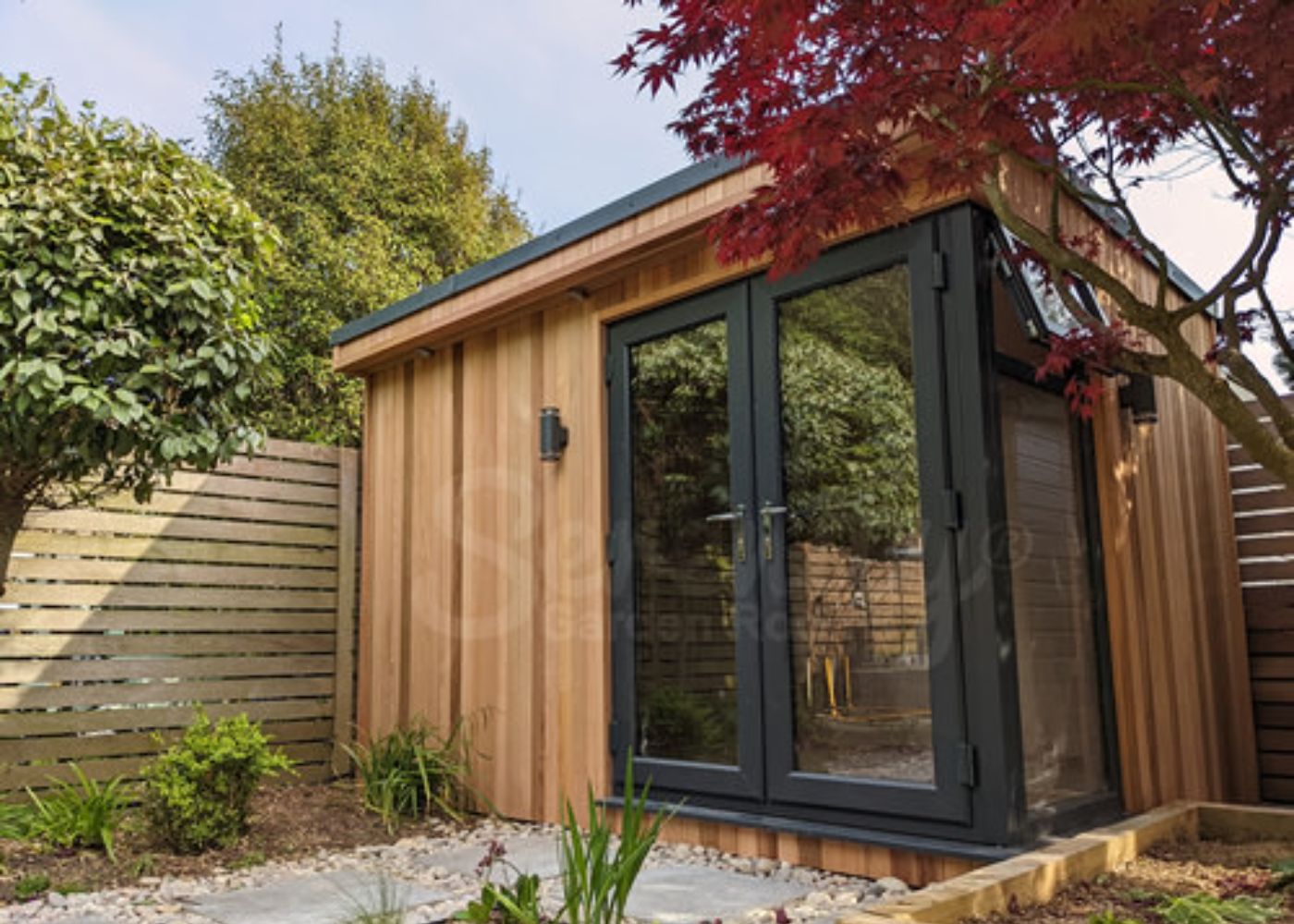

Garden Room Company based in Blidworth, Nottinghamshire serving across the UK
- Premium build quality
- End to end service
- Modern construction methods
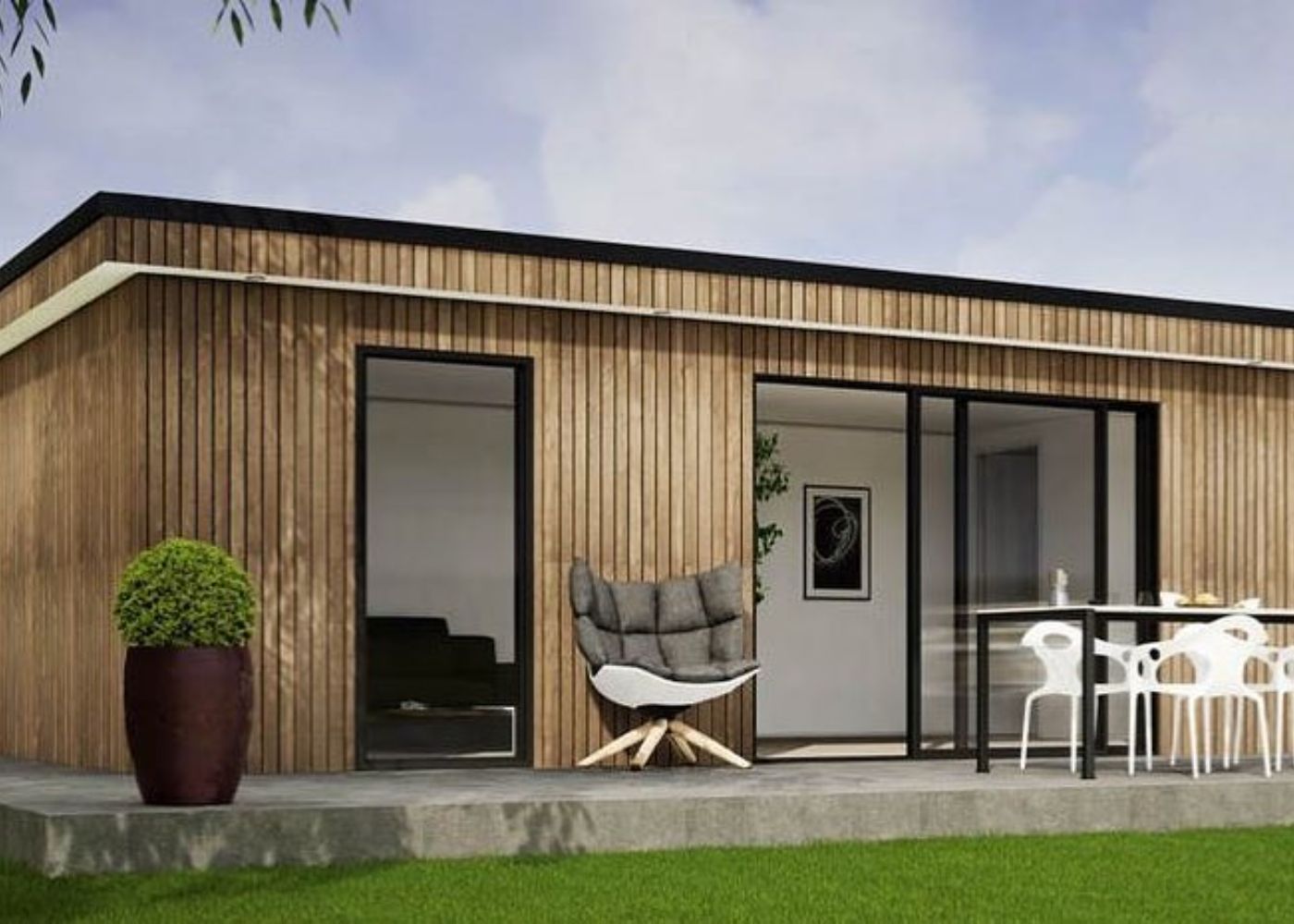
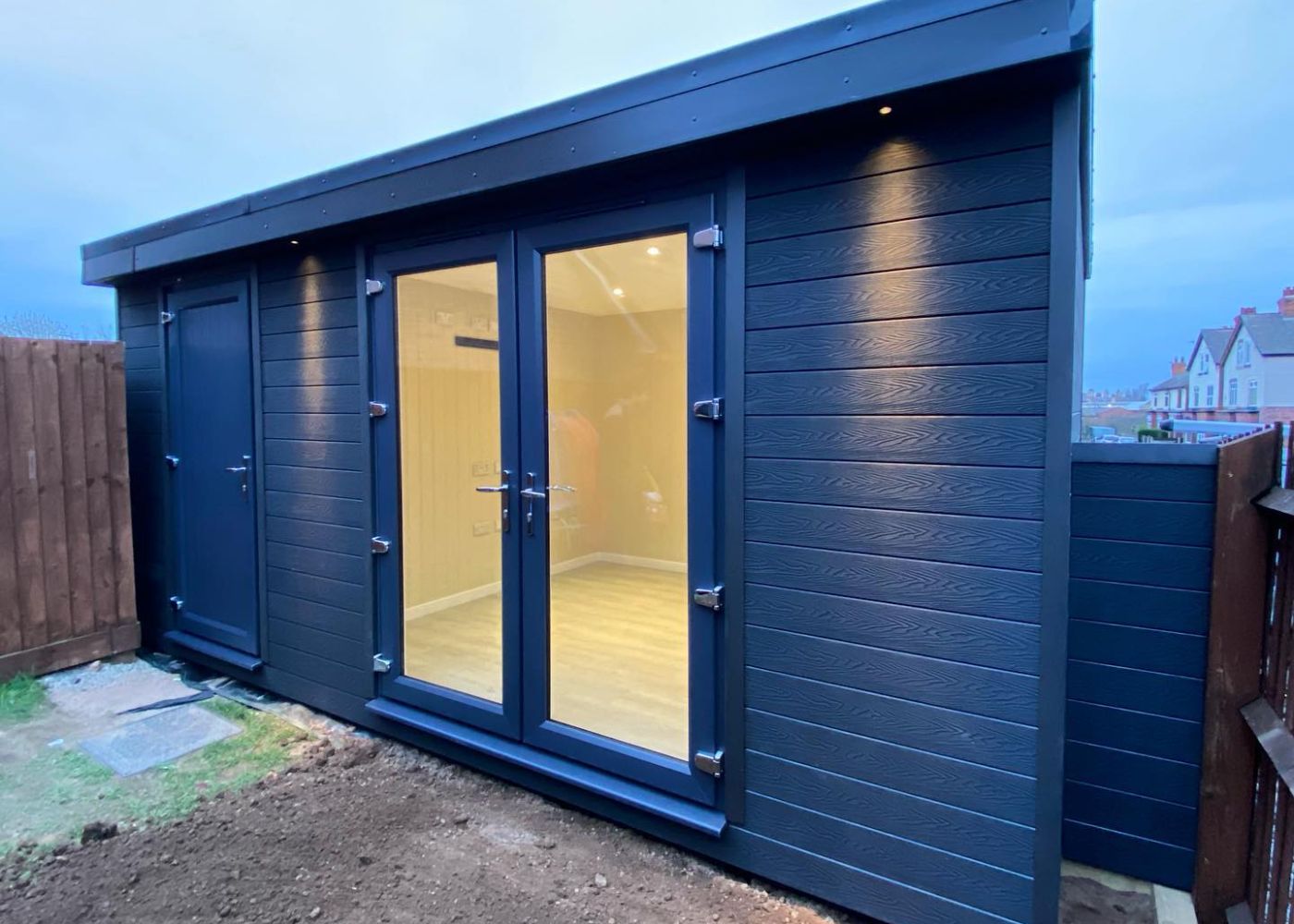
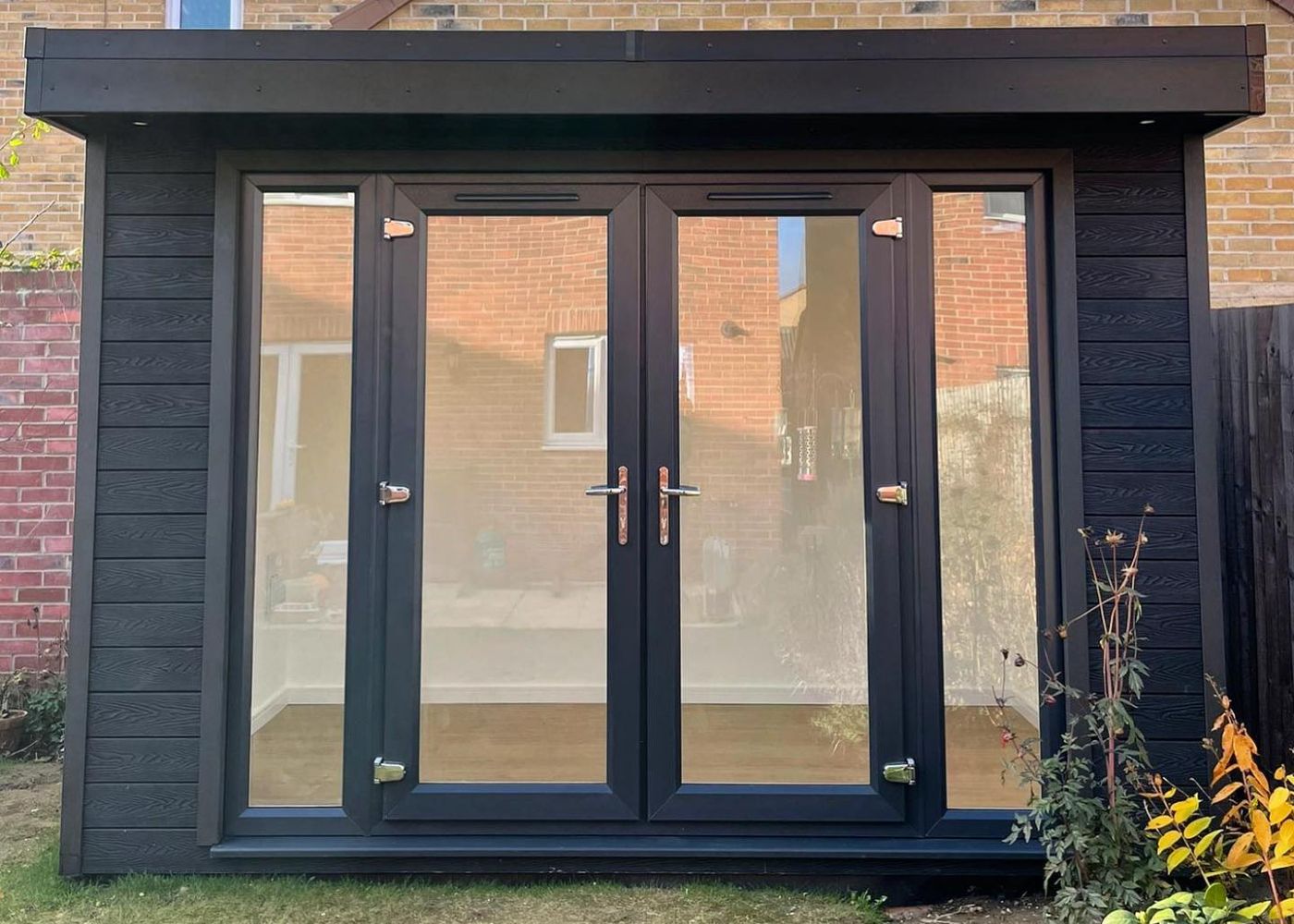
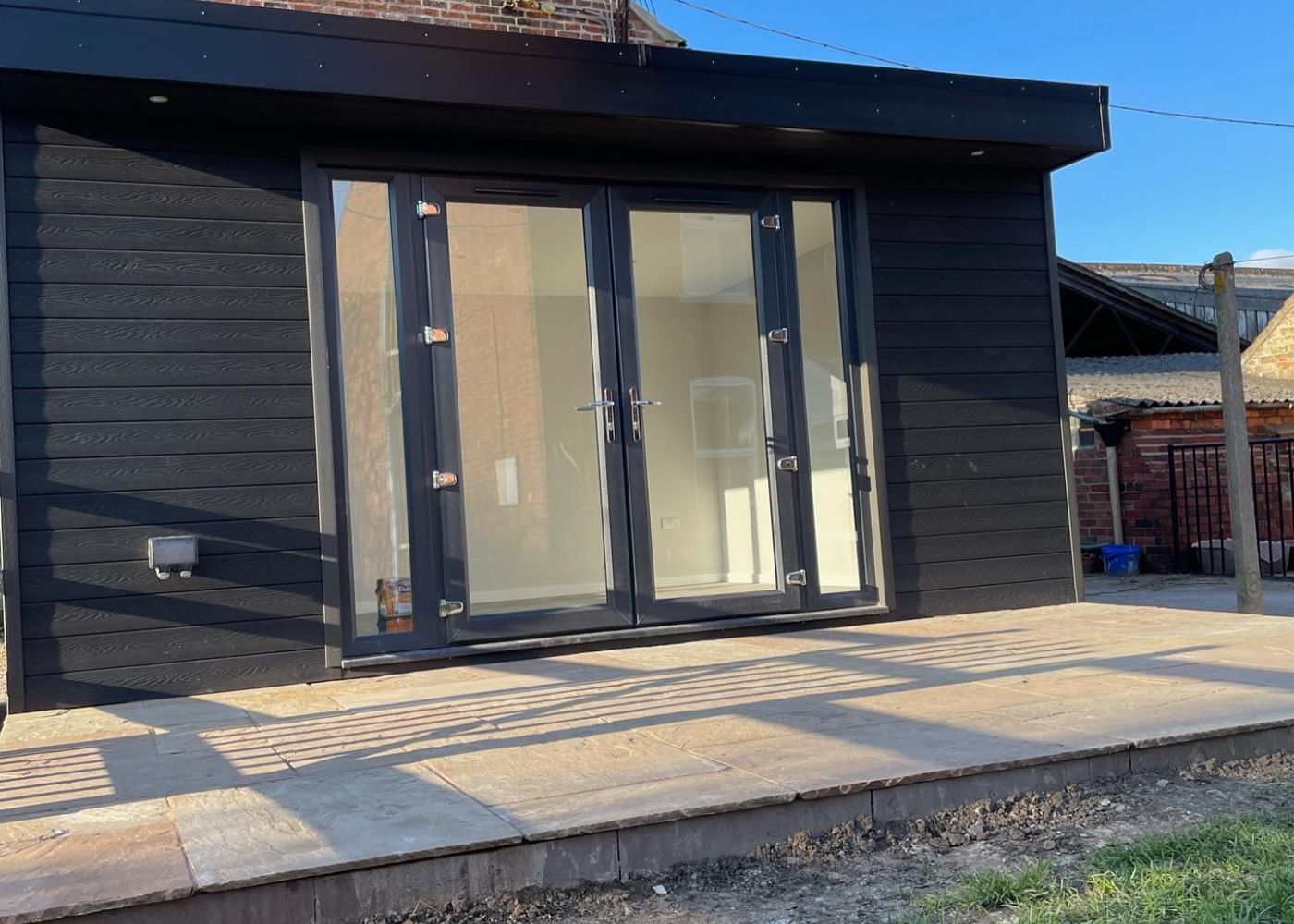
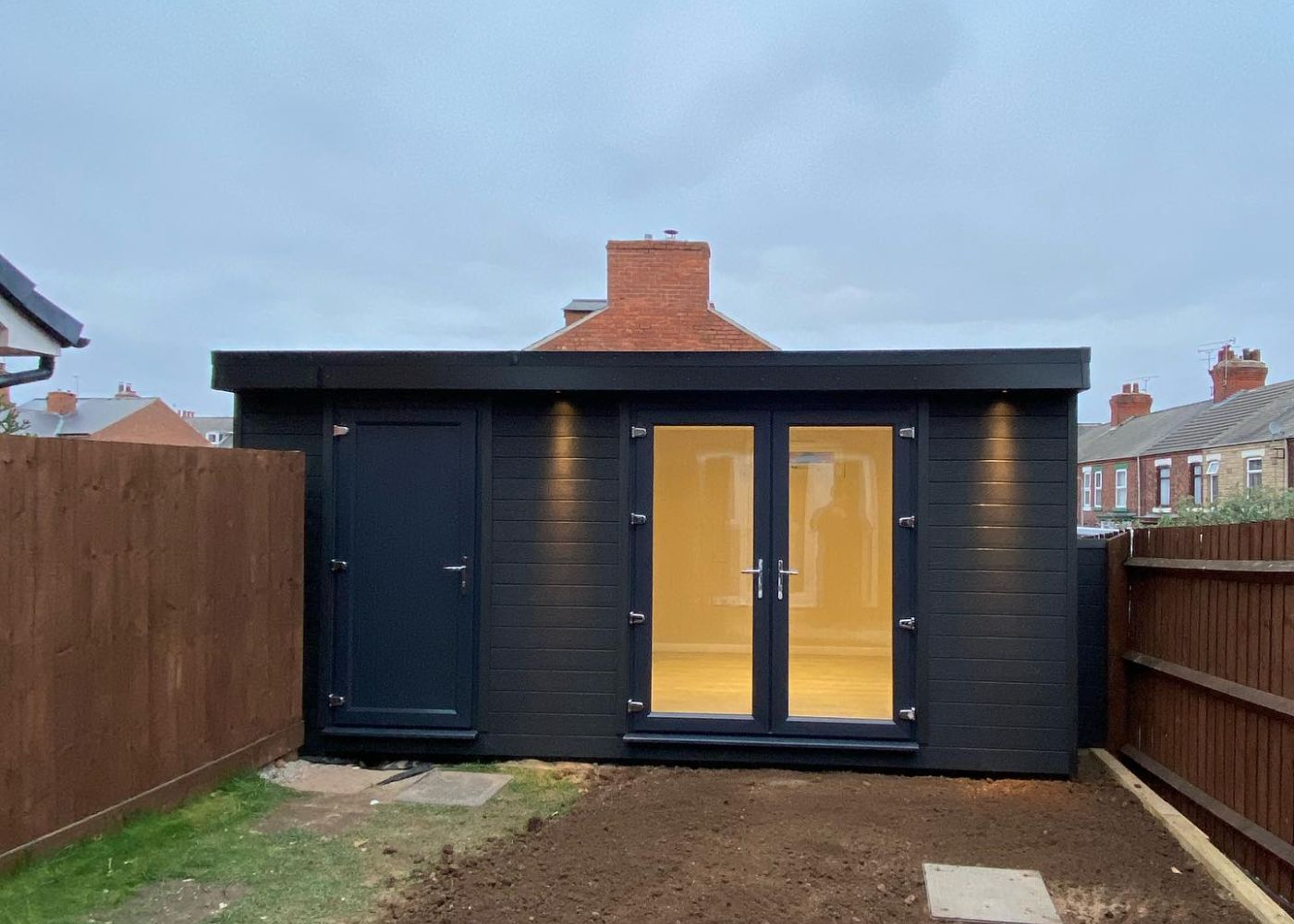
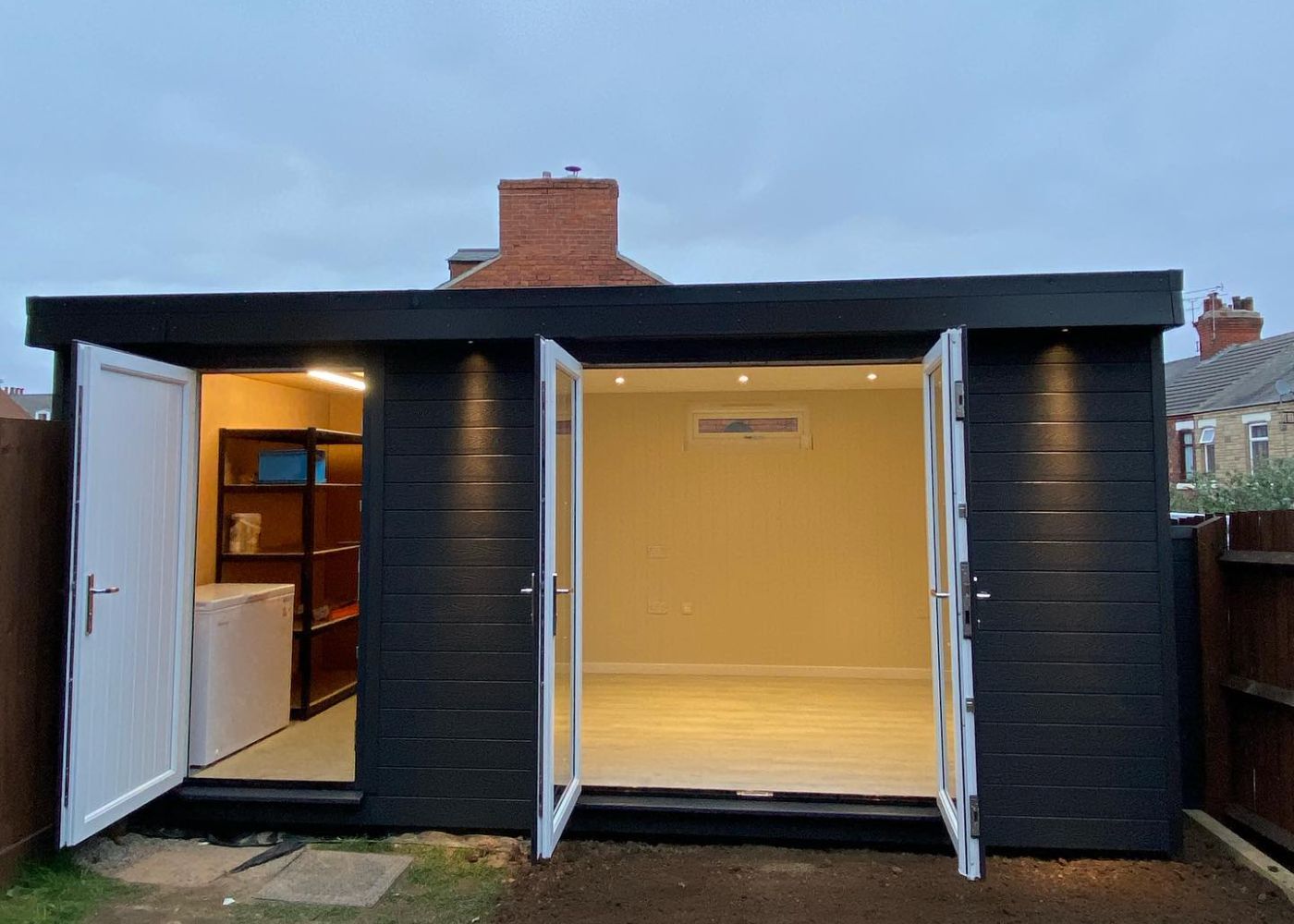
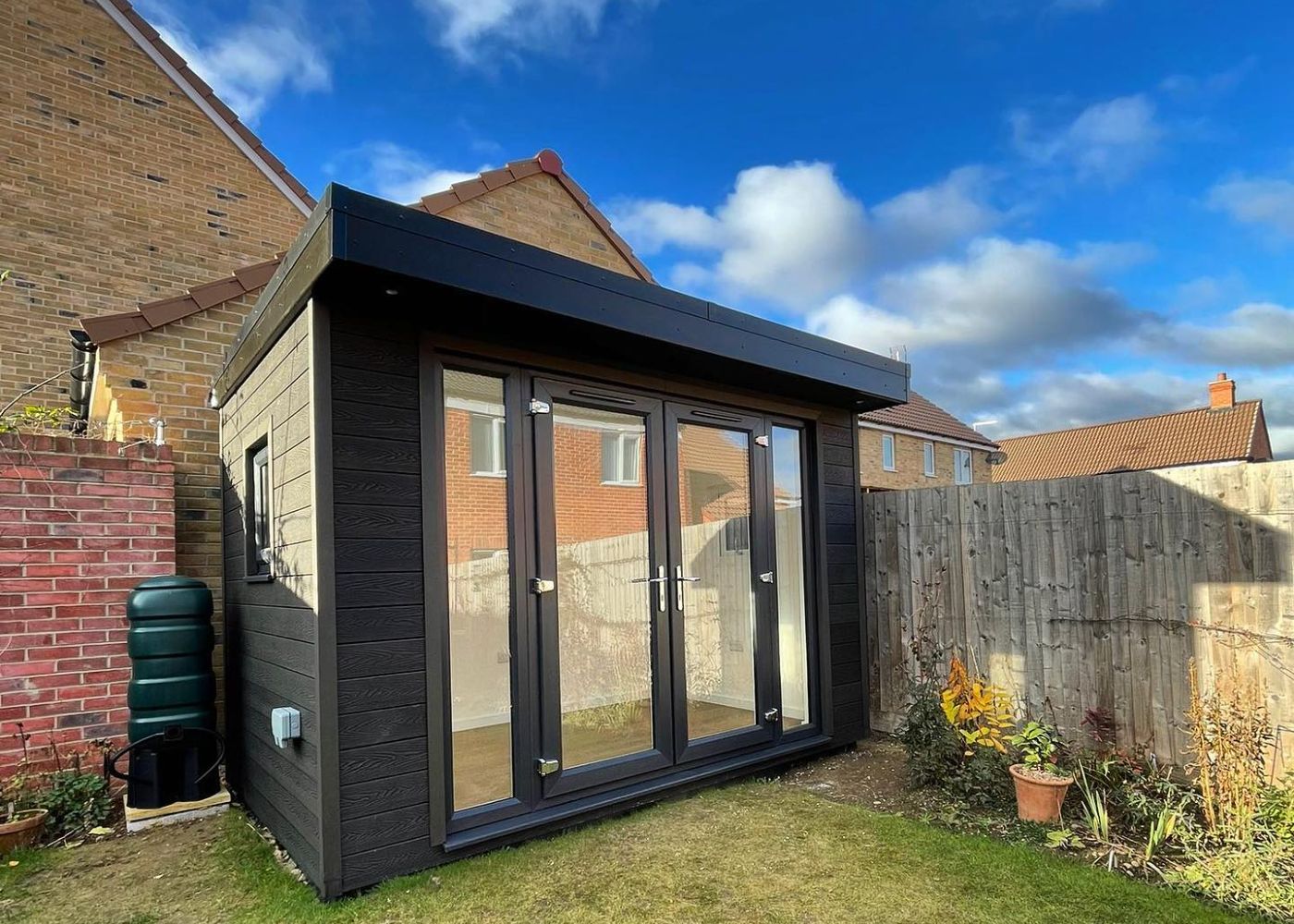
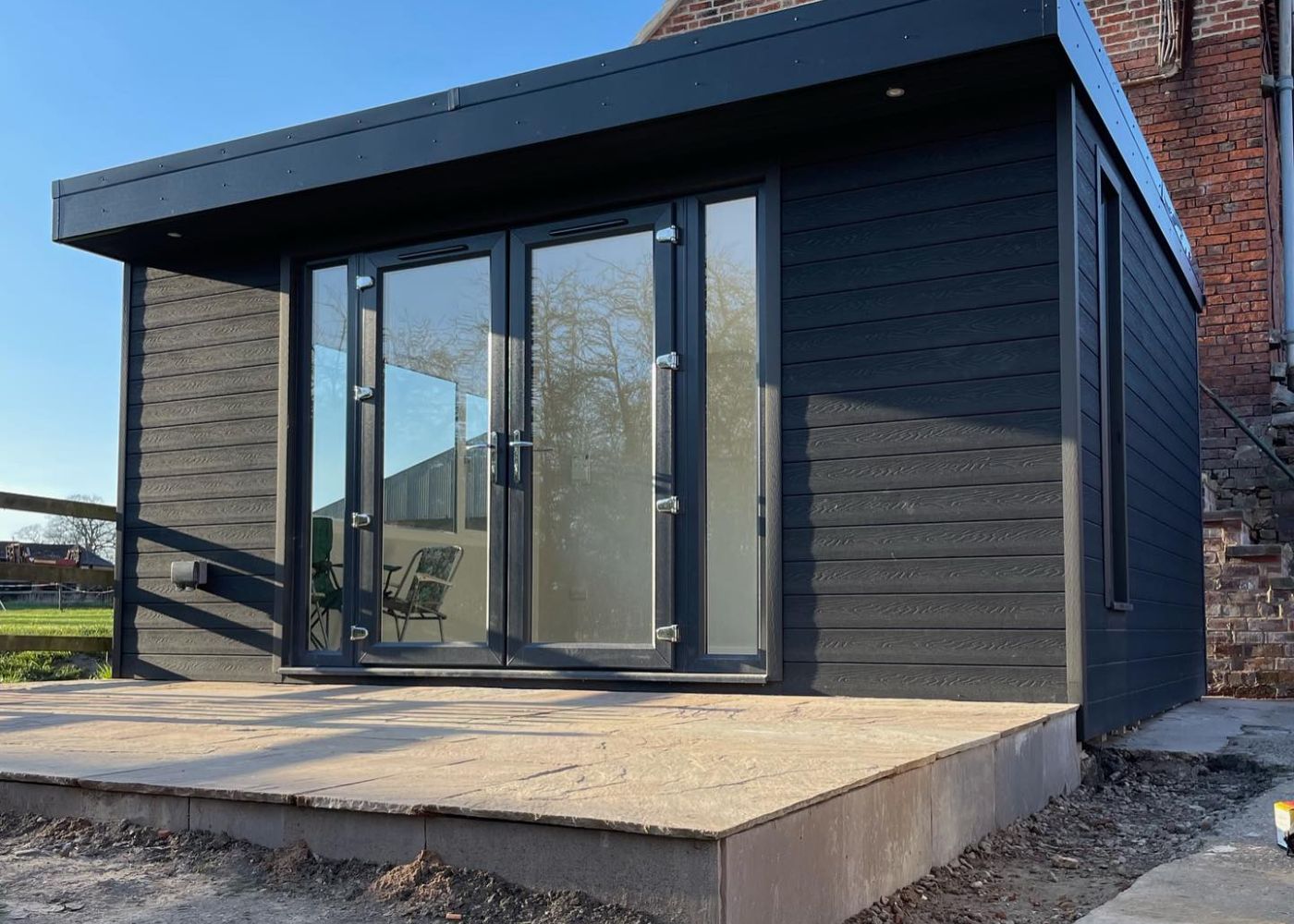

Garden Room and Home Office Specialists covering Retford, North Nottinghamshire, South Yorkshire, Lincolnshire and UK wide
- Turnkey solution
- Bespoke build
- Value for money
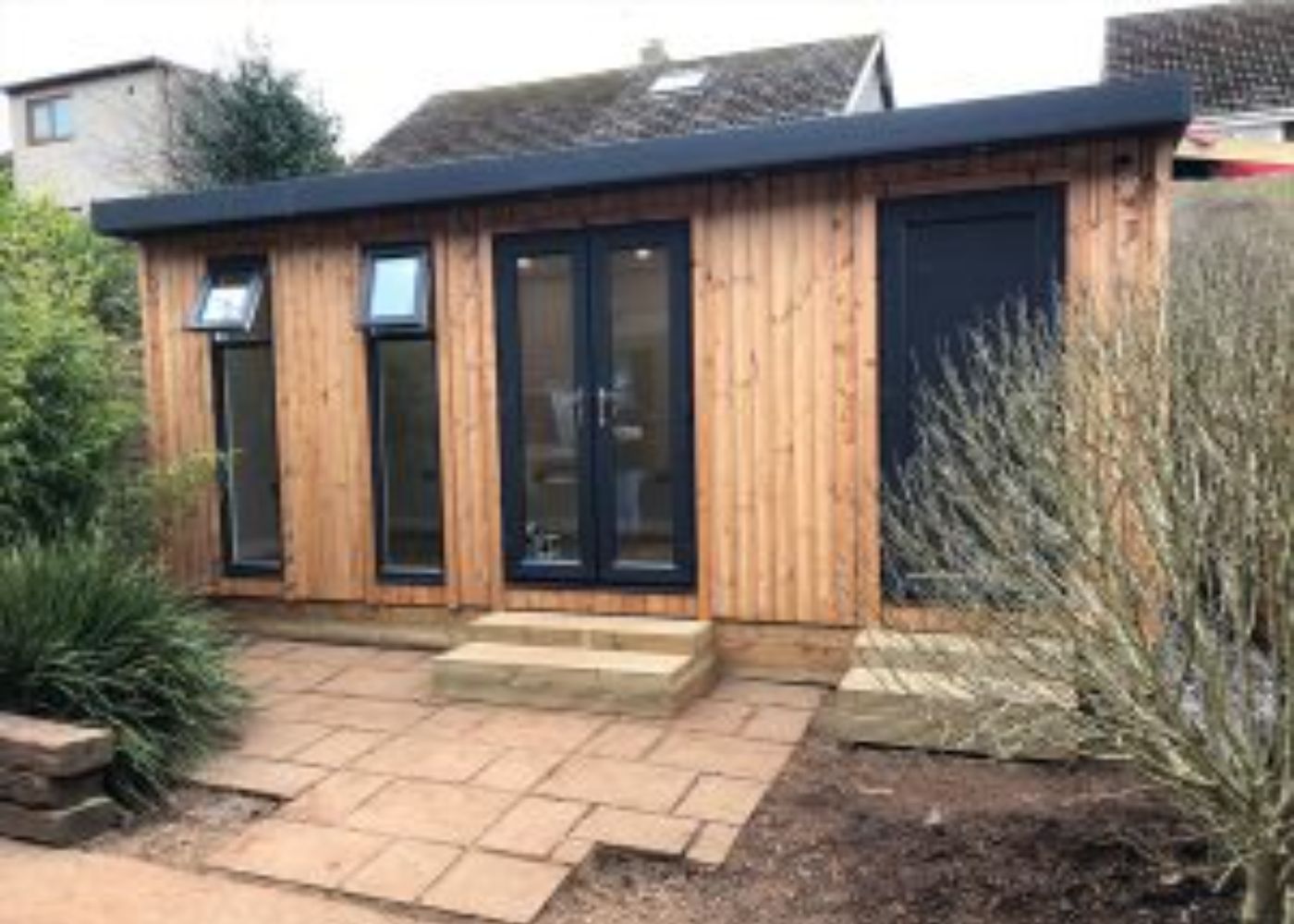
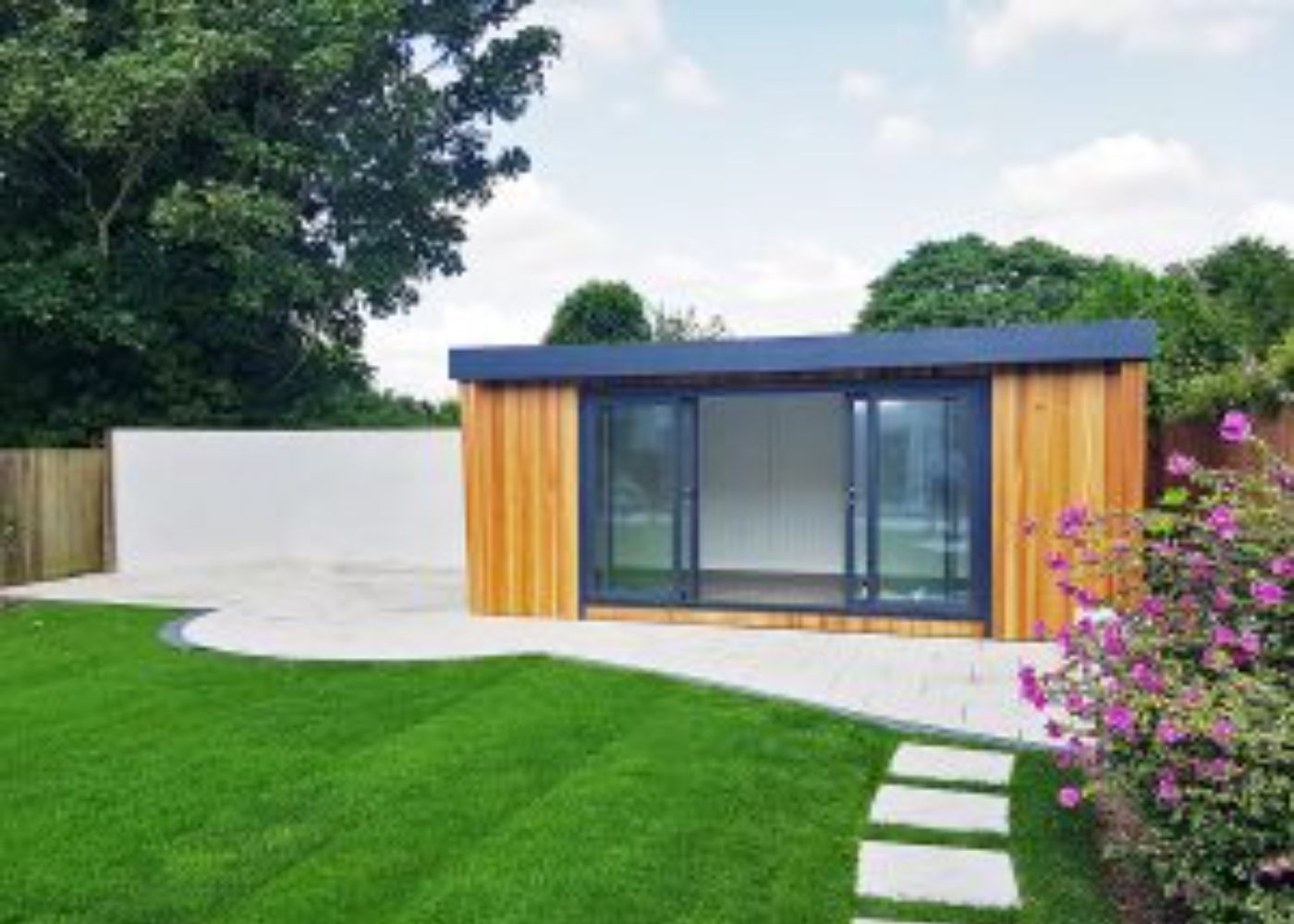
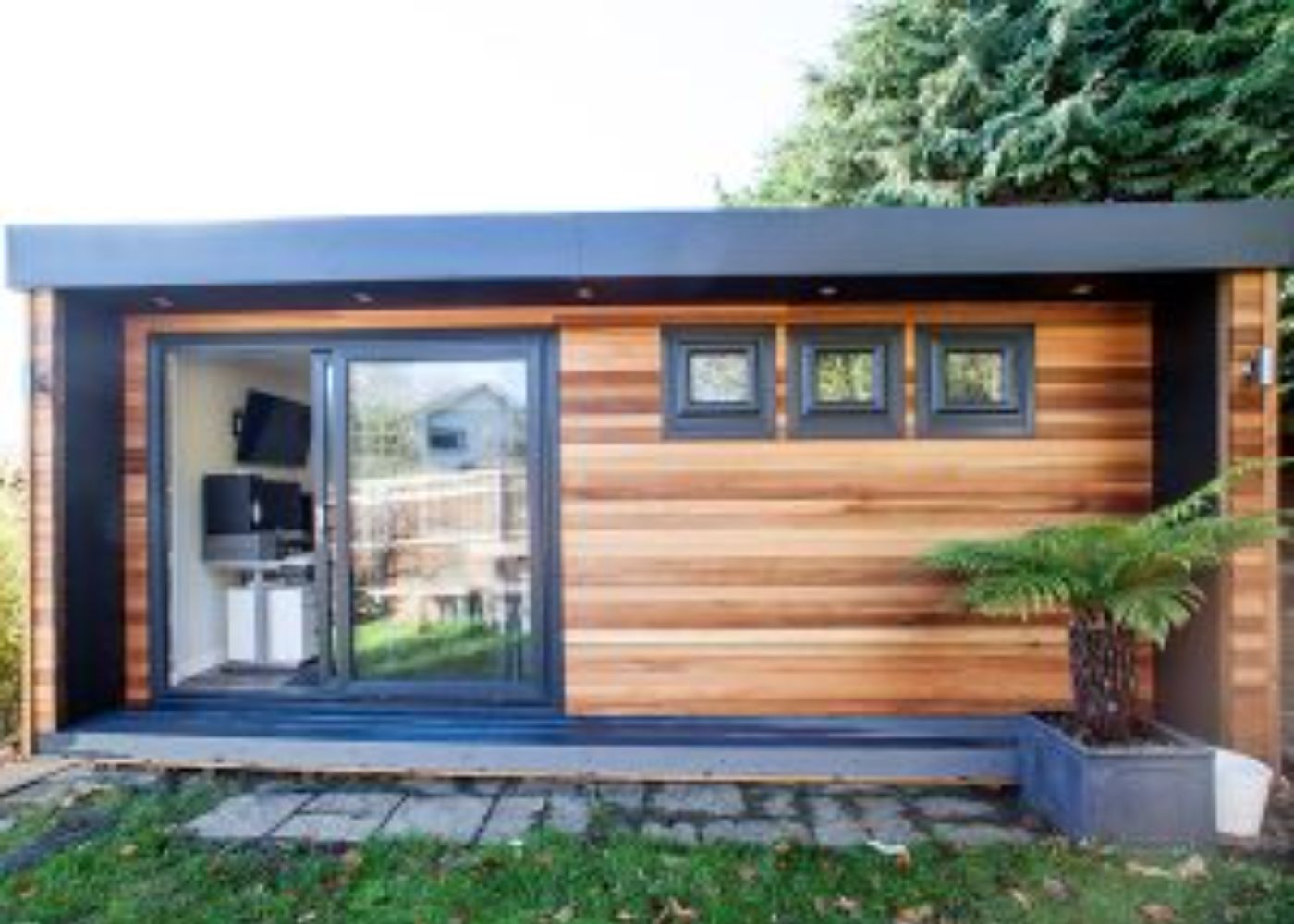
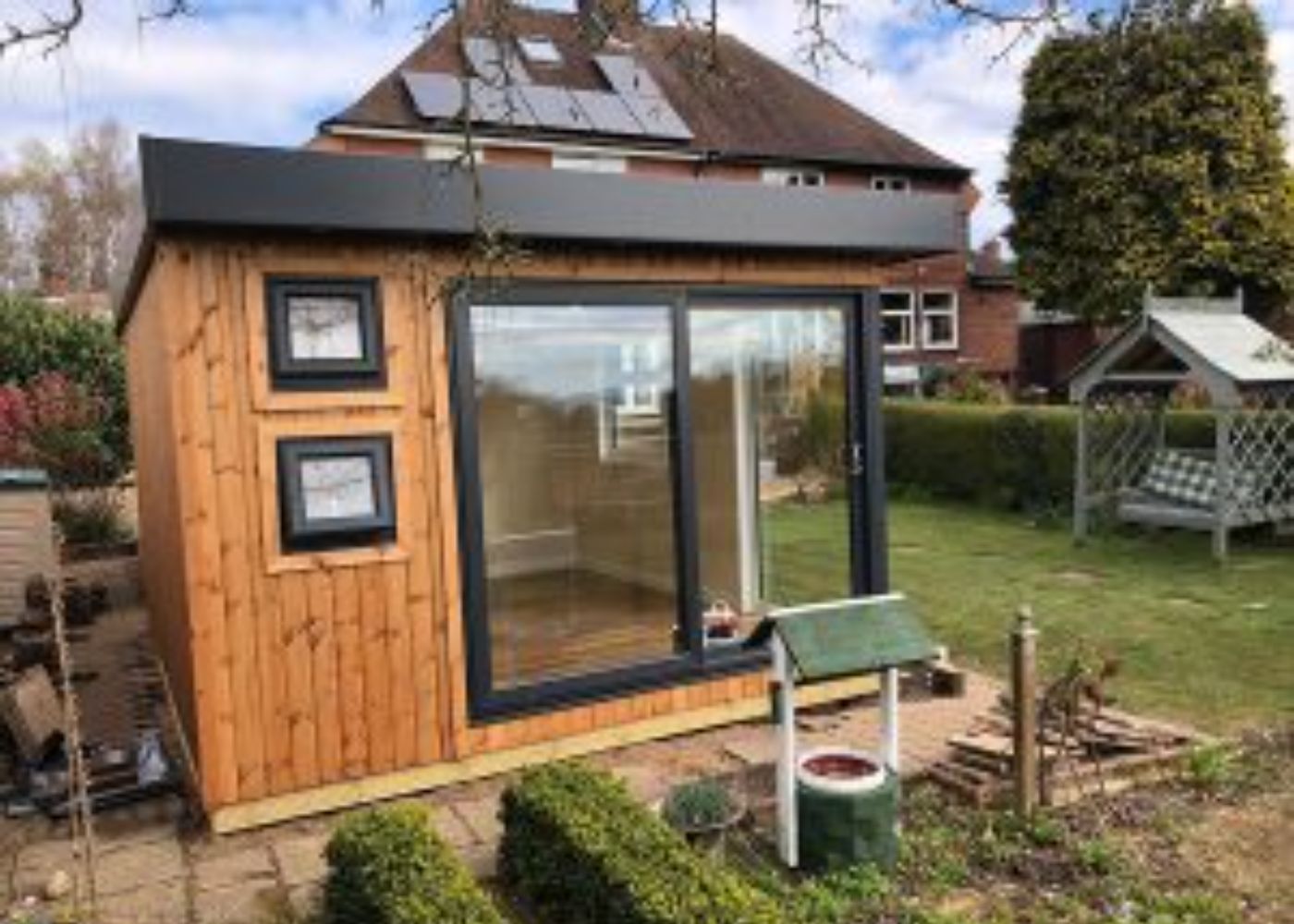
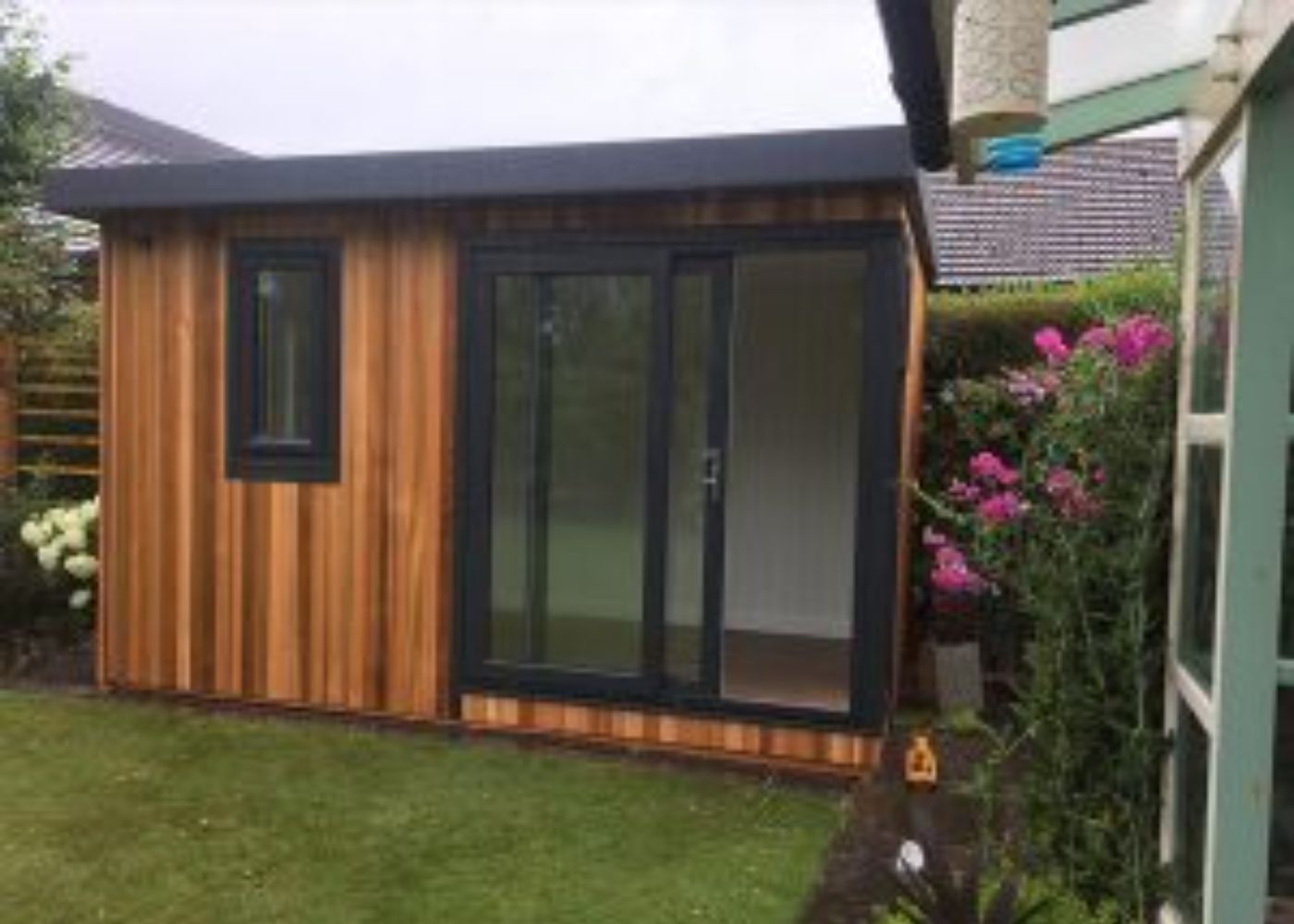
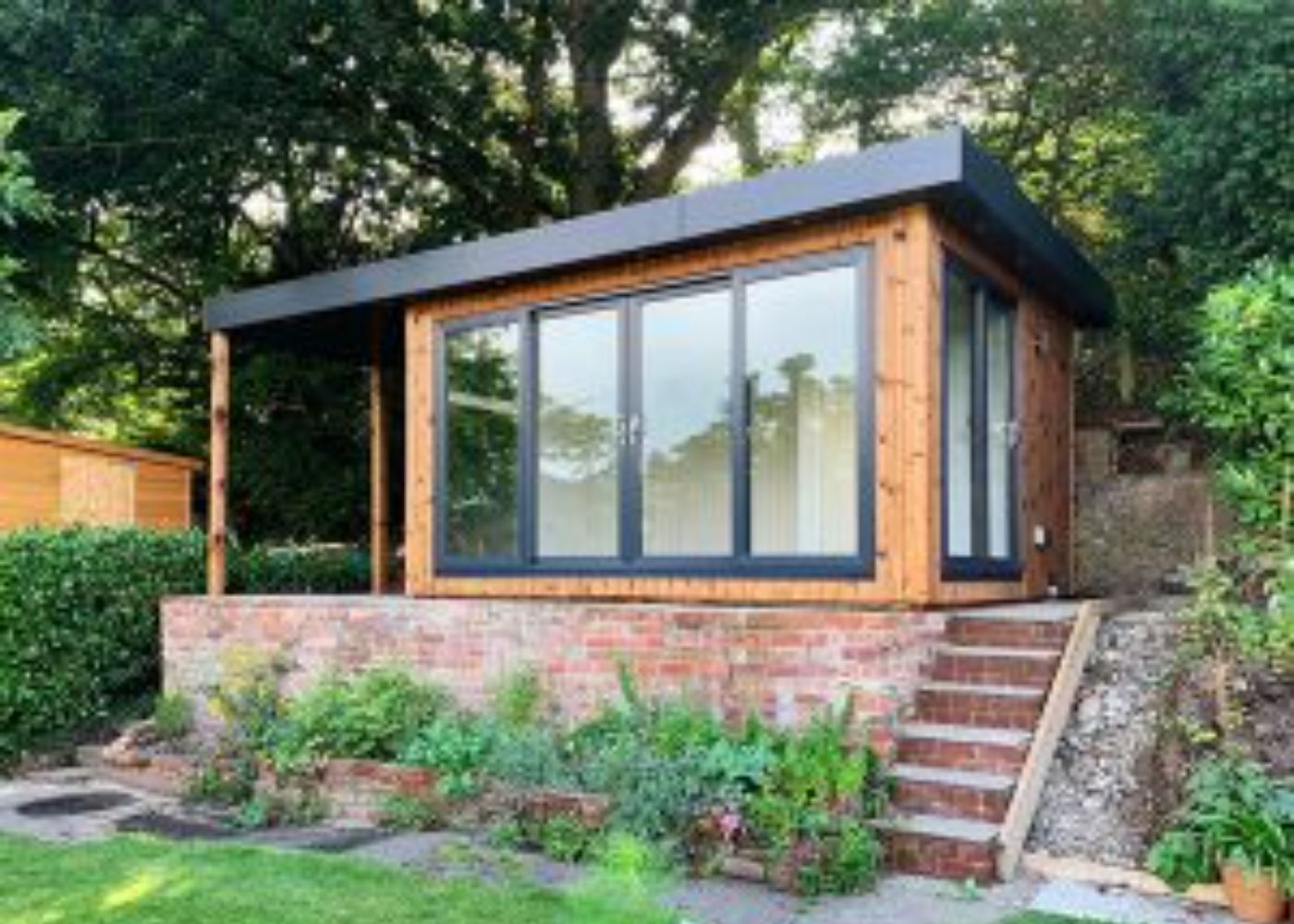
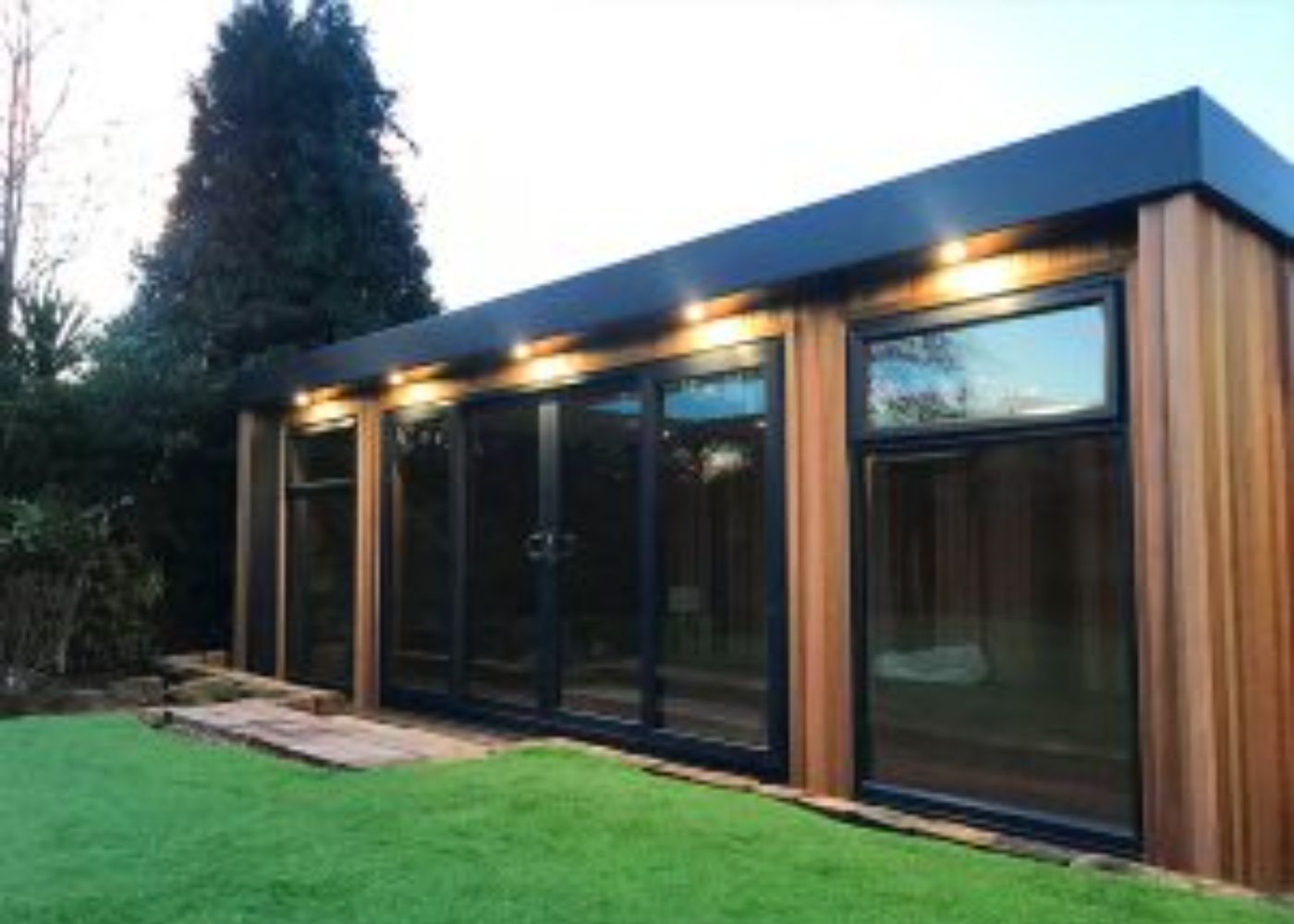
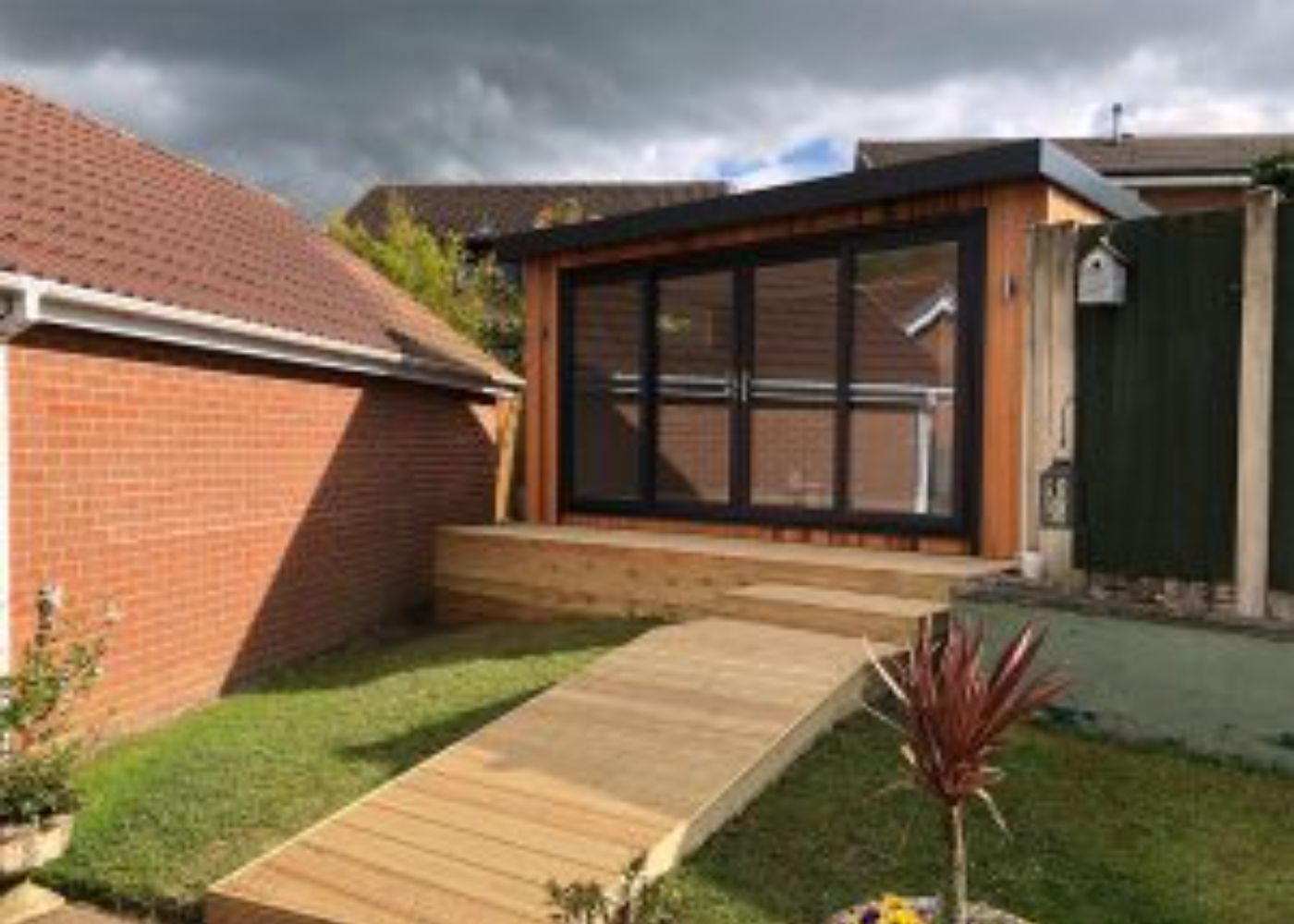

Garden Building Company based in Nottinghamshire creating working spaces for professionals and businesses
- End to end service
- Wide array of options
- Purposely designed as a work space
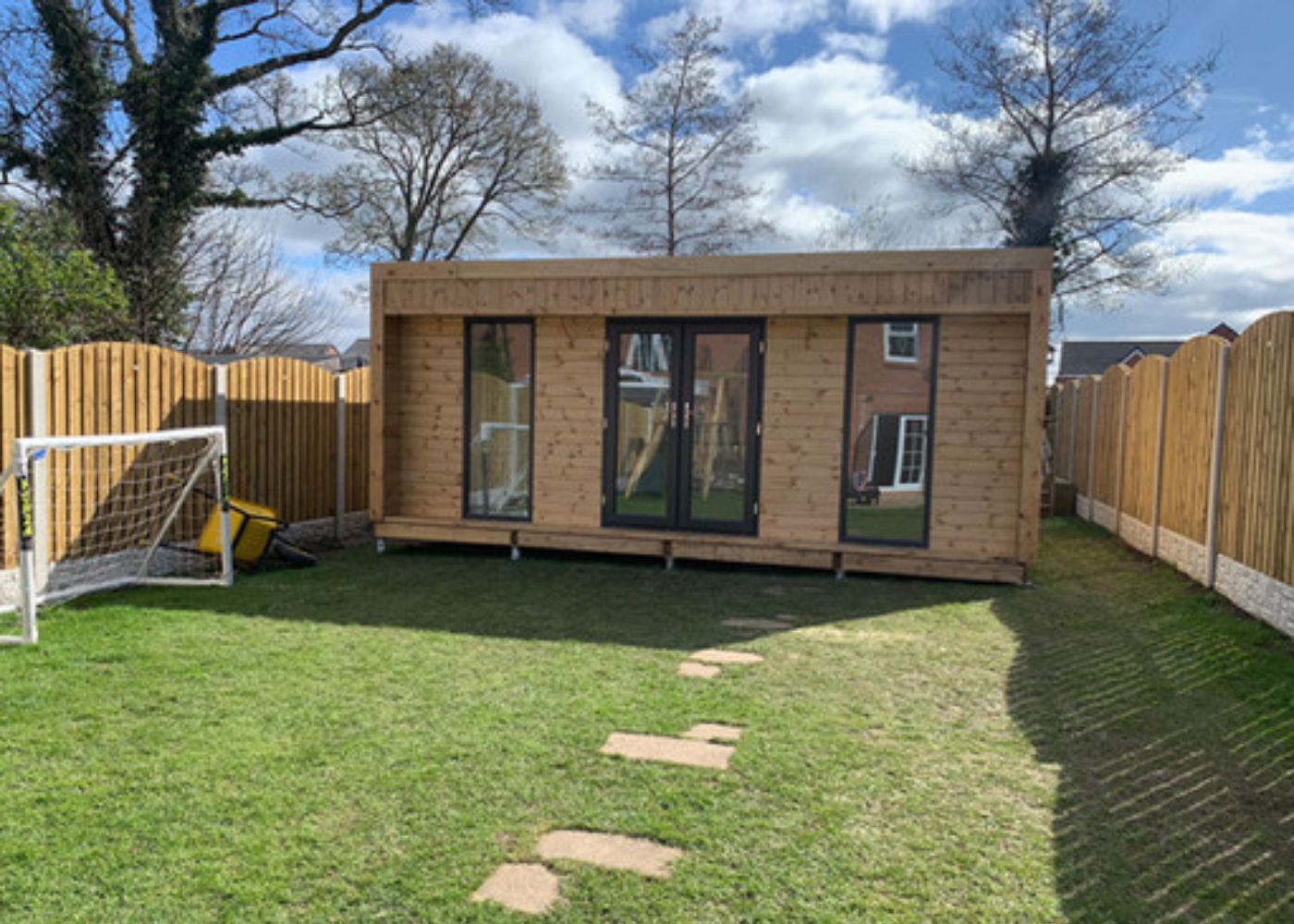
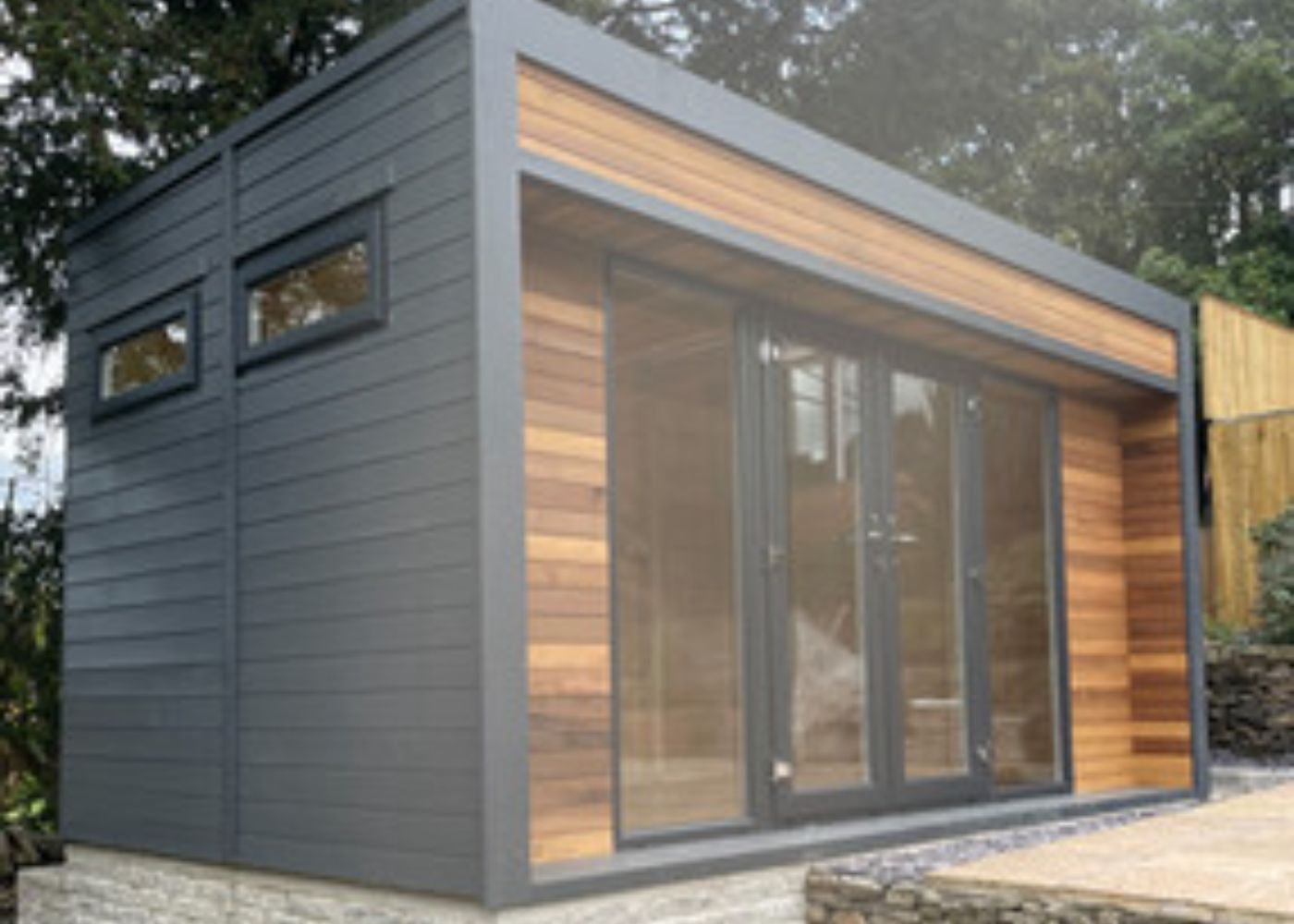
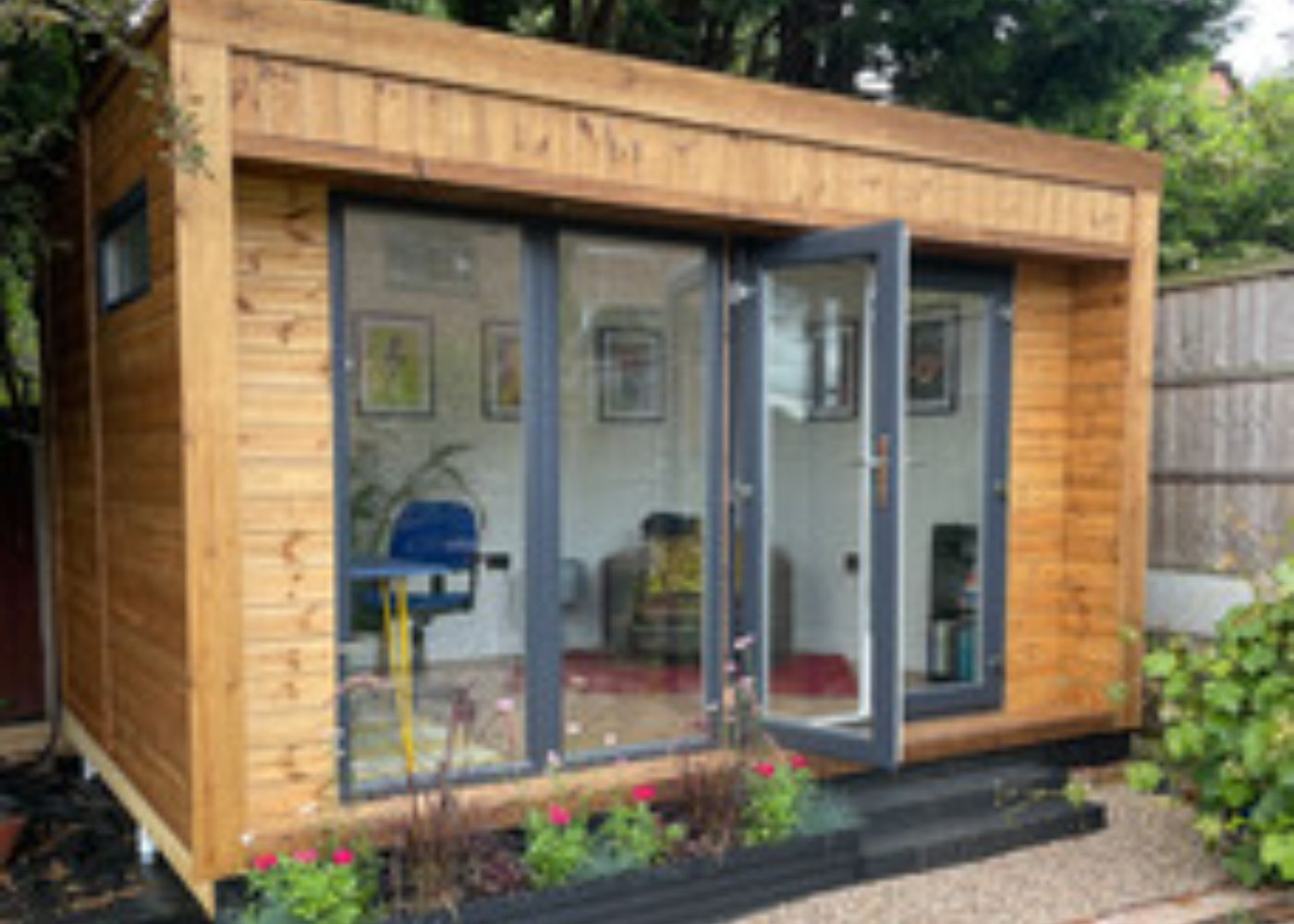
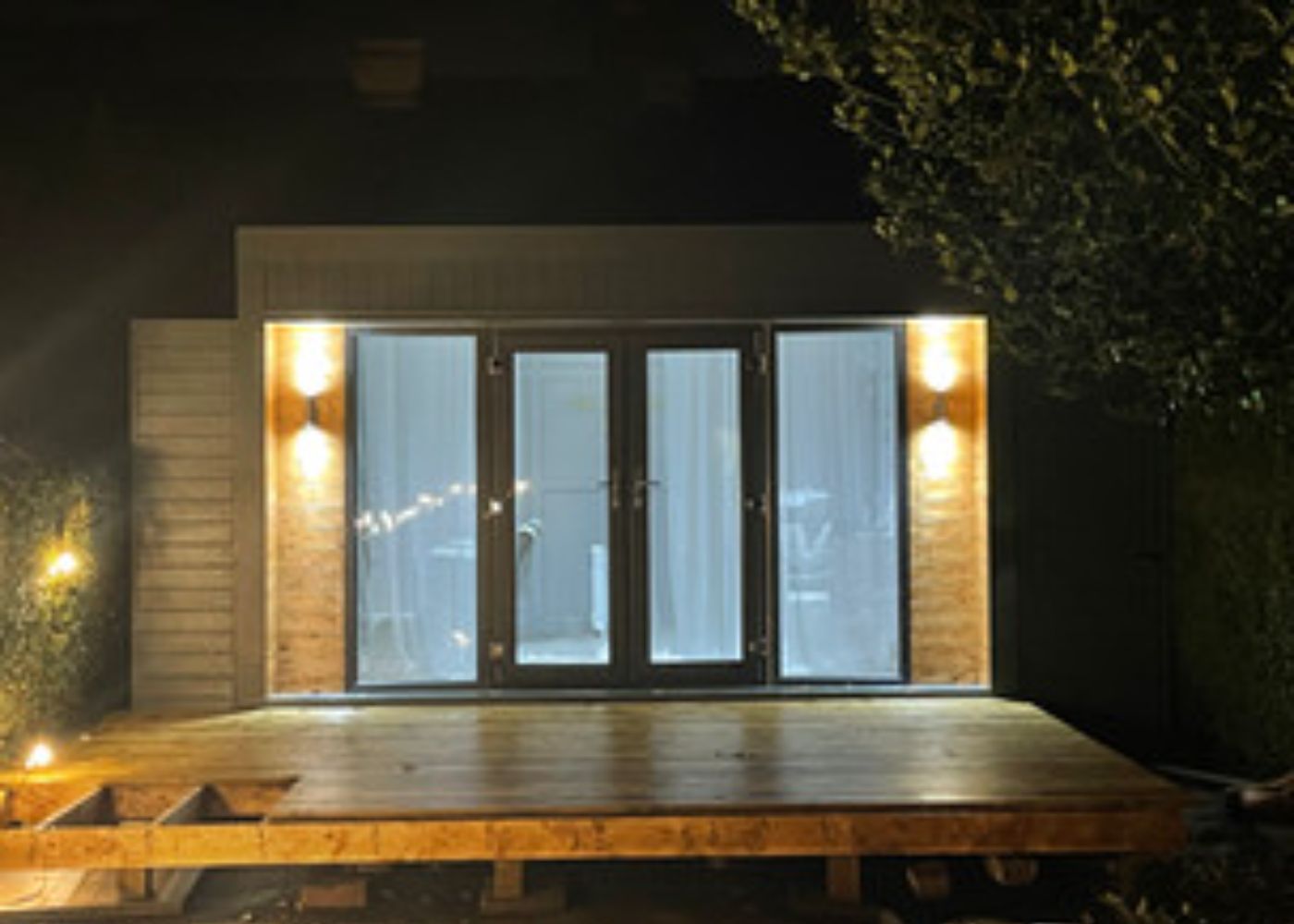
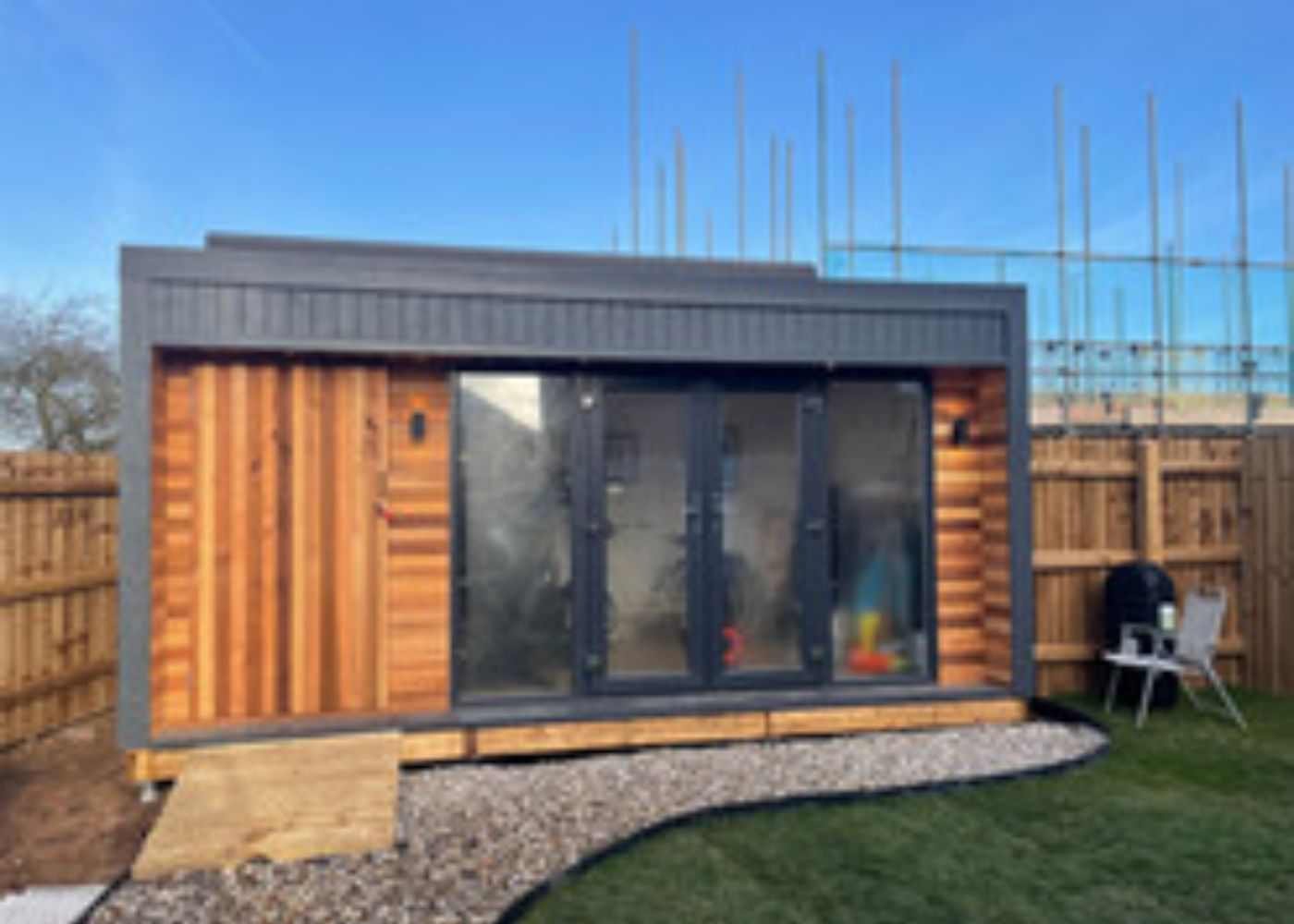
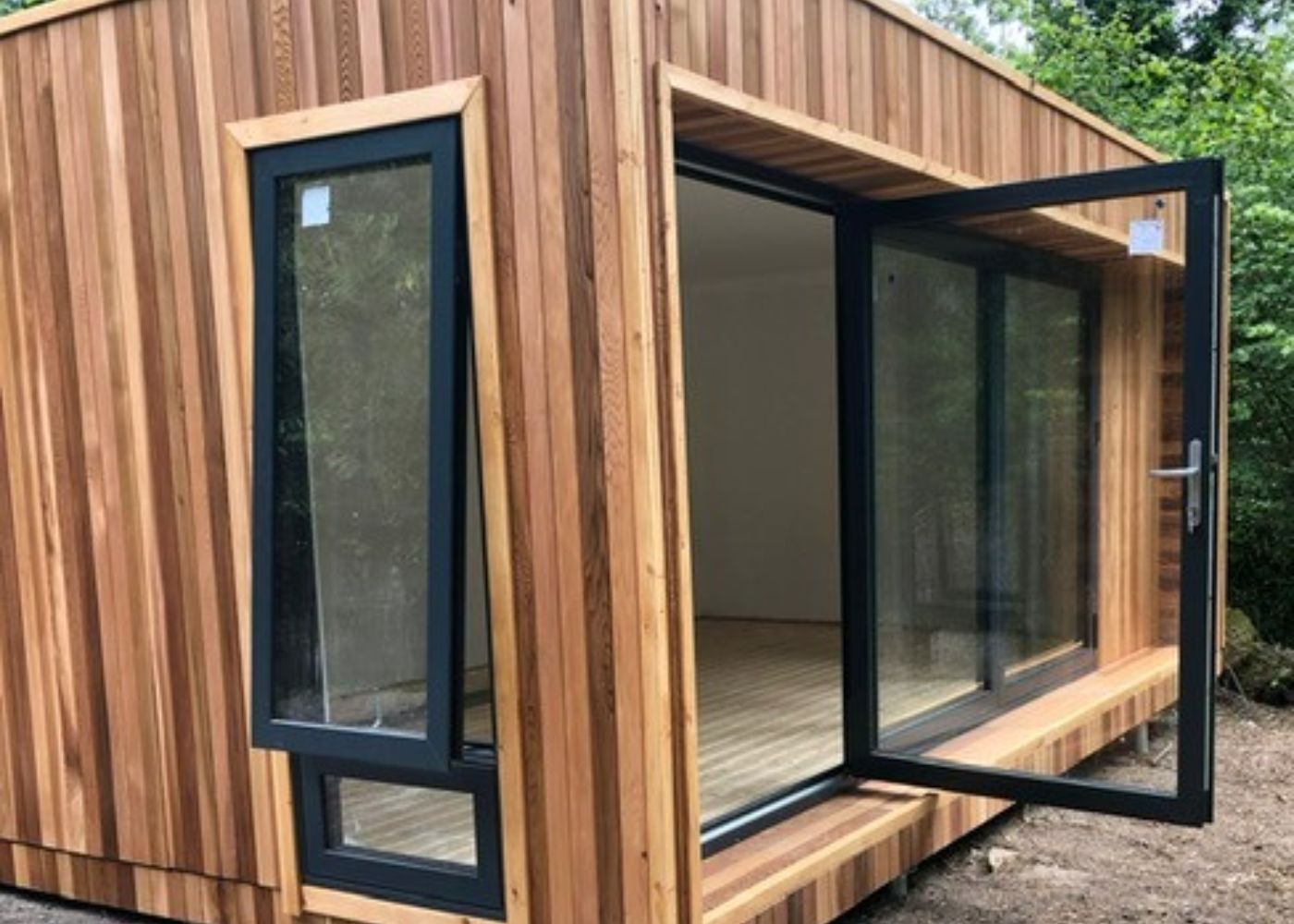
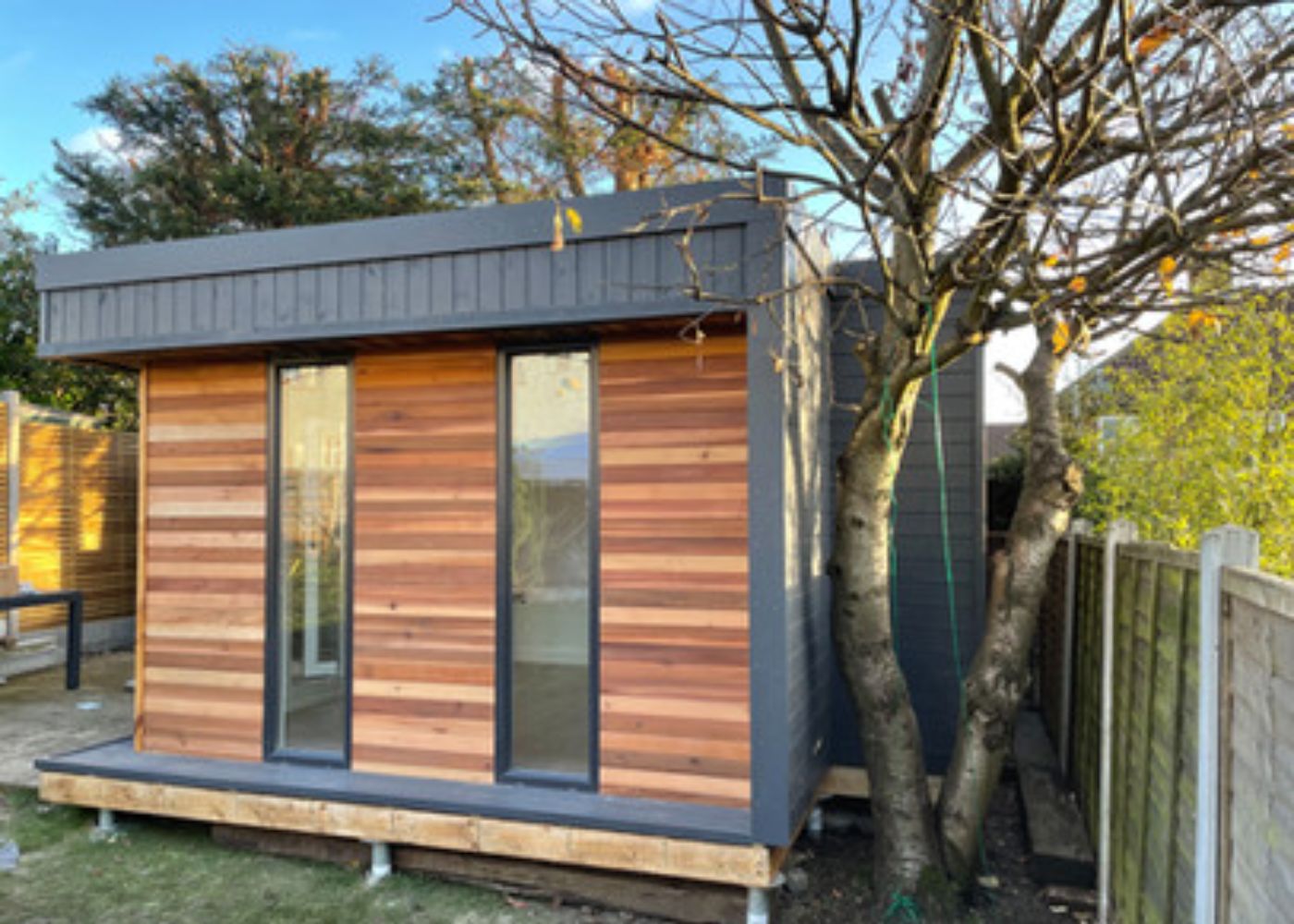
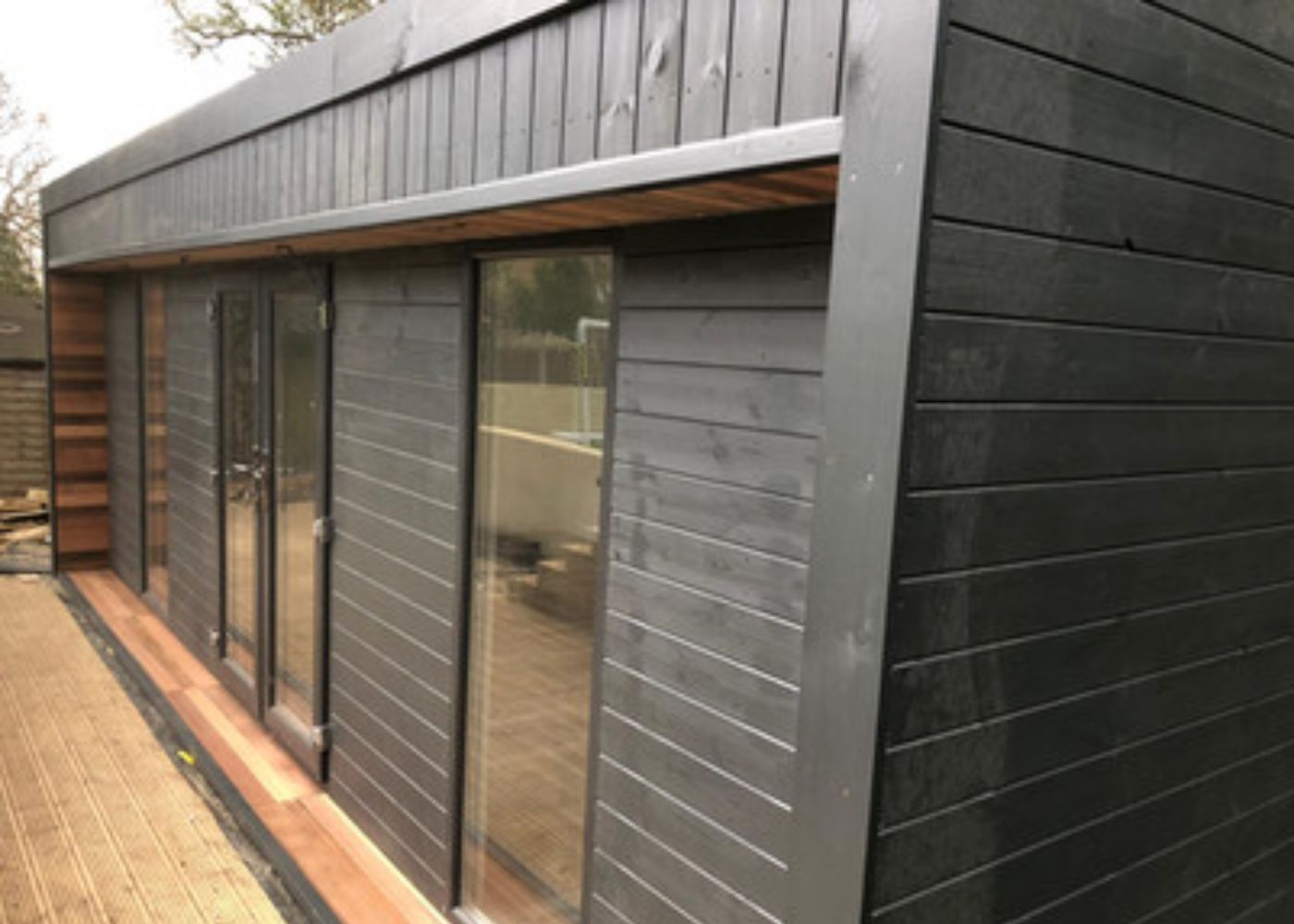

Established Garden Room Company serving Nottinghamshire and the surrounding areas
- Team of master craftsmen
- Fully bespoke premium build
- 20+ years in the industry
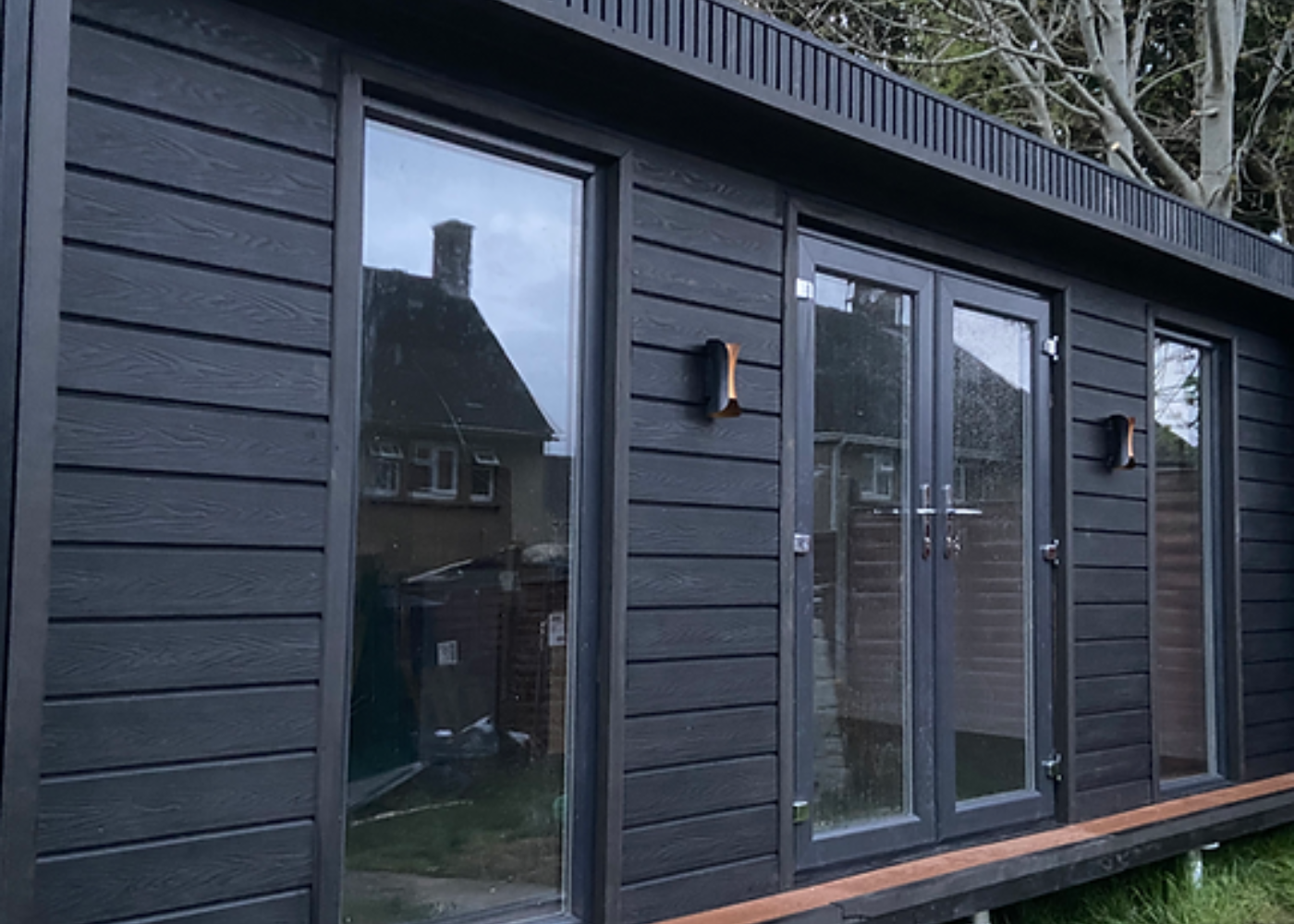
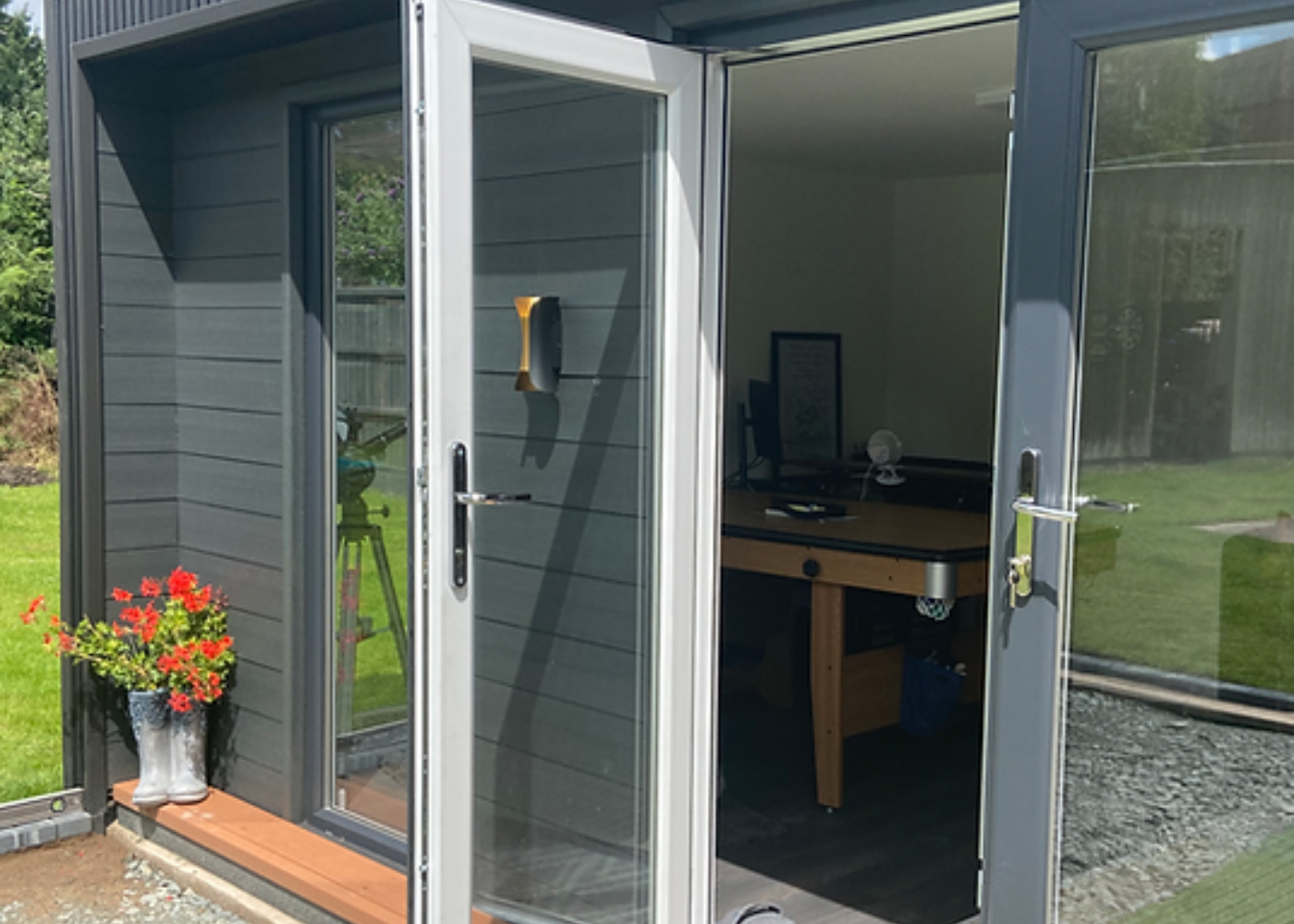
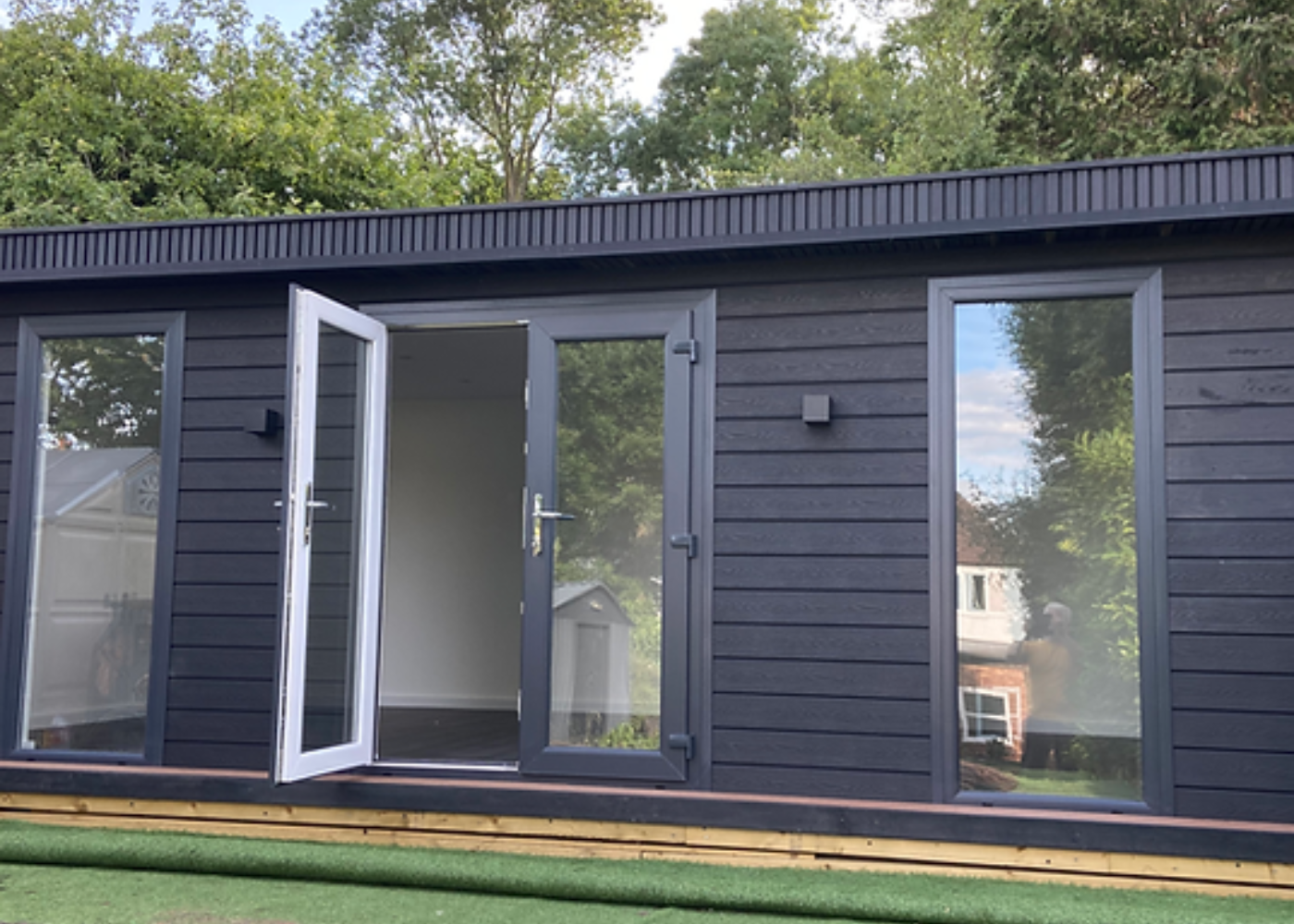
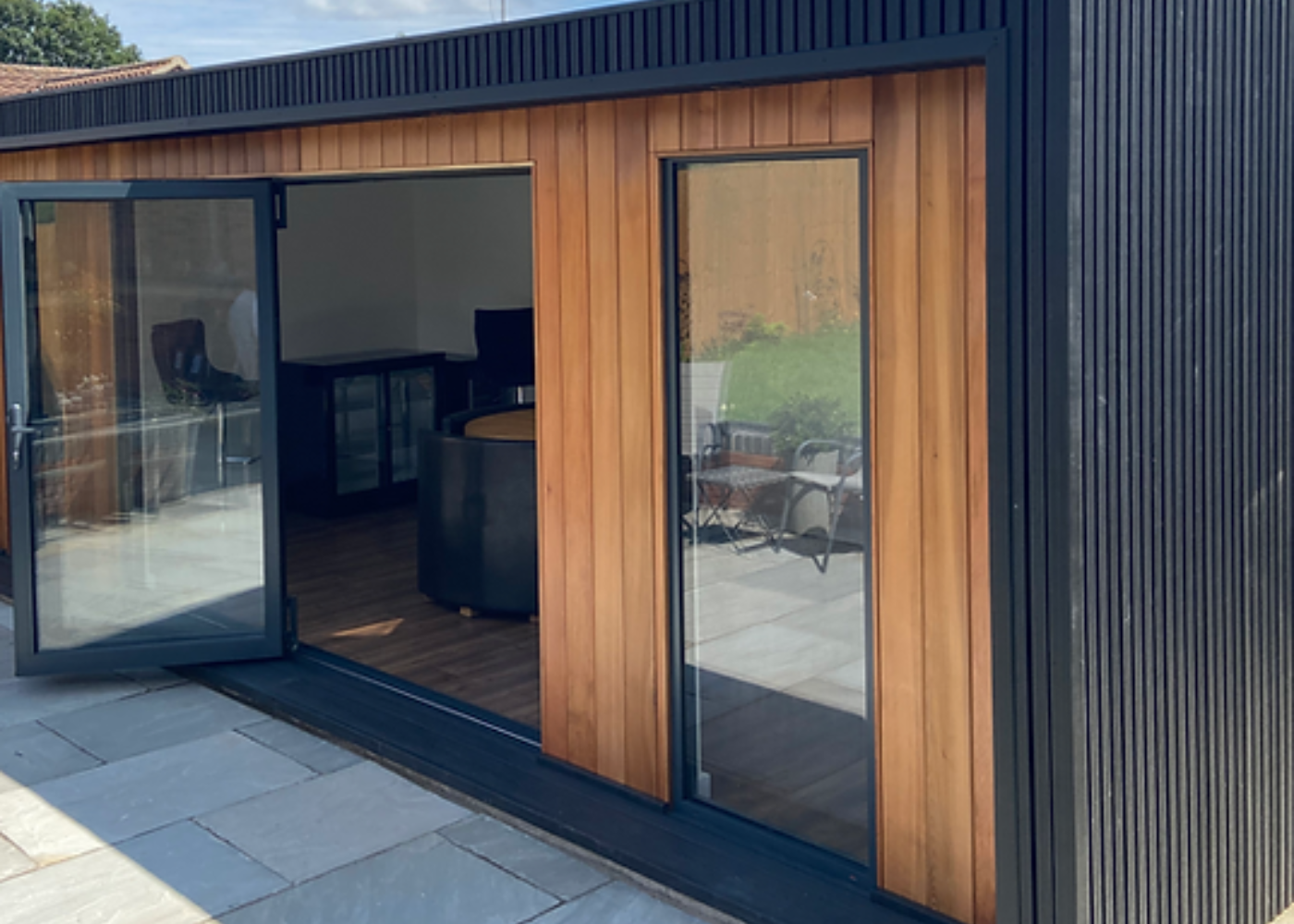
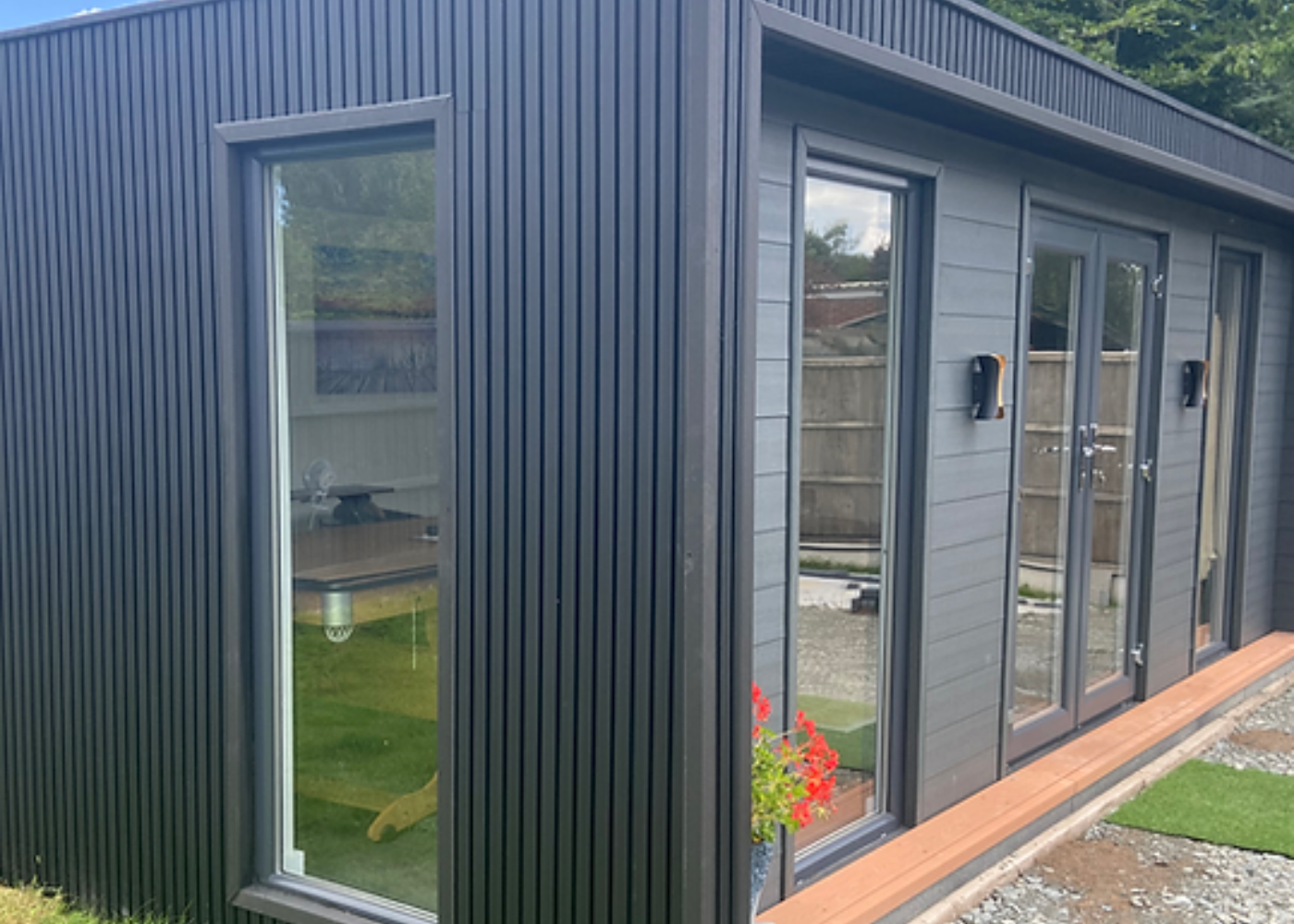
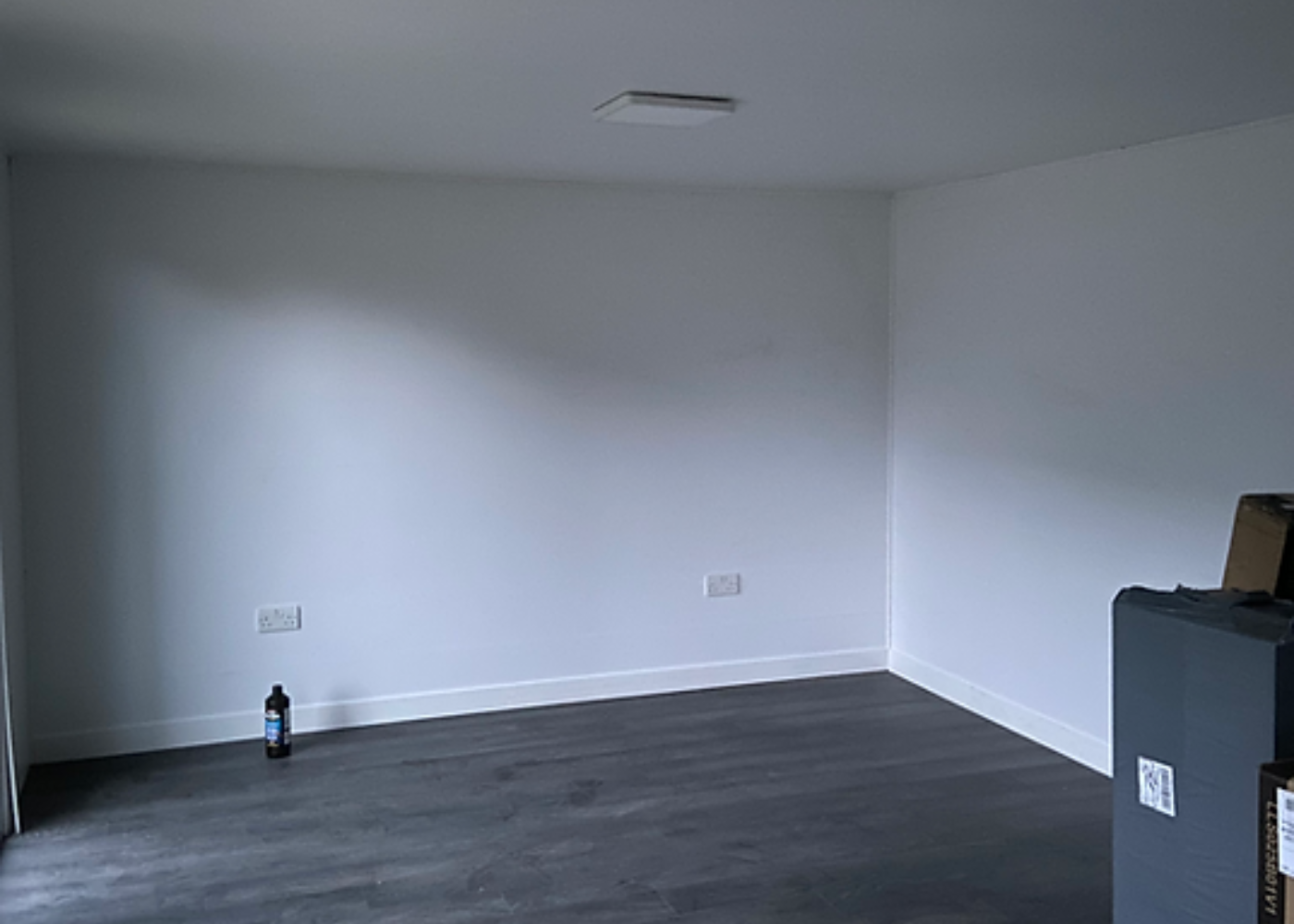

Family-run Garden Room Company covering Nottinghamshire
- End to end service
- Team of speacialists
- Seamless and hassle-free process
Garden Rooms and Offices in Nottinghamshire
The companies listed tend to cover the following key areas in Nottinghamshire:
- Nottingham
- Mansfield
- Beeston
- Carlton
- Newark-on-Trent
- Retford
- West Bridgford
- Worksop
- Arnold
- Hucknall
- Sutton-in-Ashfield
- Kirkby-in-Ashfield
- Stapleford
- Eastwood
- Kimberley
- Ollerton
- Selston
- Southwell
- Radcliffe-on-Trent
- Bingham
- Cotgrave
- Rainworth
- Warsop
- Radford
- Bulwell
- Netherfield
- Keyworth
- Ruddington
- Calverton
- Harworth
Whether or not you need planning permission for a garden room in the UK depends on the specific size, location, and intended use of the structure. In many cases, garden rooms can be built without planning permission under Permitted Development Rights, provided they meet certain criteria. However, it’s essential to familiarise yourself with the relevant regulations and guidelines before proceeding with your project.
Under Permitted Development Rights, you may not need planning permission for a garden room if:
- The garden room is built within the curtilage of your property and does not cover more than 50% of the total land area.
- The structure does not exceed a height of 2.5 metres at the eaves or 3 metres overall for a flat roof, or 4 metres overall for a dual-pitched roof.
- The garden room is not being used as a separate dwelling or for commercial purposes.
- The structure is not located in the front garden or forward of the principal elevation of your home.
- Your property is not located in a designated area, such as a National Park, Area of Outstanding Natural Beauty, or Conservation Area, where additional restrictions may apply.
Please note that these guidelines are a general overview and may not cover all specific situations. It’s essential to consult your local planning authority to confirm whether planning permission is required for your garden room project. Additionally, it’s important to consider building regulations, which may apply depending on the size and intended use of the garden room.
Whether or not you need planning permission for a garden room in the UK depends on the specific size, location, and intended use of the structure. In many cases, garden rooms can be built without planning permission under Permitted Development Rights, provided they meet certain criteria. However, it’s essential to familiarise yourself with the relevant regulations and guidelines before proceeding with your project.
Under Permitted Development Rights, you may not need planning permission for a garden room if:
- The garden room is built within the curtilage of your property and does not cover more than 50% of the total land area.
- The structure does not exceed a height of 2.5 metres at the eaves or 3 metres overall for a flat roof, or 4 metres overall for a dual-pitched roof.
- The garden room is not being used as a separate dwelling or for commercial purposes.
- The structure is not located in the front garden or forward of the principal elevation of your home.
- Your property is not located in a designated area, such as a National Park, Area of Outstanding Natural Beauty, or Conservation Area, where additional restrictions may apply.
Please note that these guidelines are a general overview and may not cover all specific situations. It’s essential to consult your local planning authority to confirm whether planning permission is required for your garden room project. Additionally, it’s important to consider building regulations, which may apply depending on the size and intended use of the garden room.
Garden rooms can be a valuable investment, offering a range of benefits that often make them worth the money. Some of the key advantages of garden rooms include:
- Additional living space: Garden rooms provide extra space that can be used for various purposes, such as a home office, guest room, gym, art studio, or entertainment area. This additional space can greatly enhance the functionality and enjoyment of your home.
- Increased property value: A well-designed and high-quality garden room can potentially increase the value of your property. Prospective buyers often view garden rooms as a desirable feature, as they provide flexible and attractive living spaces.
- Enhanced aesthetics: Garden rooms can significantly improve the appearance of your outdoor space. With a range of bespoke designs and materials available, garden rooms can be tailored to complement your home’s architectural style and blend seamlessly with the surrounding landscape.
- Work-life balance: A garden room can provide a dedicated workspace separate from your main living area, promoting a healthier work-life balance. This separation can help you maintain boundaries between your professional and personal life, especially if you work from home.
- Cost-effective alternative to moving or extending: Garden rooms can be a more affordable and less disruptive alternative to moving to a larger property or undertaking a traditional home extension. They can be built relatively quickly and typically have lower associated costs.
While garden rooms can be a worthwhile investment, it’s important to carefully consider your specific needs and budget before committing to the project. Research different designs, materials, and suppliers to ensure you make the most of your investment and create a garden room that suits your requirements and enhances your property.
In the UK, you can build a garden room without planning permission under Permitted Development Rights if it meets certain size and location requirements. While the specific regulations can vary depending on your property and local planning authority, some general guidelines apply:
- Height: The garden room should not exceed 2.5 metres in height at the eaves, or 3 metres overall for a flat roof. For a dual-pitched roof, the maximum overall height should not exceed 4 metres. If the garden room is built within 2 metres of the property boundary, the maximum height should be limited to 2.5 metres.
- Floor area and footprint: The garden room, along with any other outbuildings on your property, should not cover more than 50% of the total land area around your original house (as it stood on July 1, 1948, or when it was built if it’s a newer property). Keep in mind that this includes any extensions or other structures added since then.
- Distance from the house: While there isn’t a specific minimum distance requirement between your house and the garden room, it must be built within the curtilage of your property and not in the front garden or forward of the principal elevation of your home.
Please note that these guidelines are a general overview and may not cover all specific situations. It’s essential to consult your local planning authority to confirm the exact size requirements for a garden room without planning permission. Additionally, building regulations may apply depending on the size and intended use of the garden room, so it’s important to familiarise yourself with those as well.
You can use your garden room as a space for occasional sleeping, such as when you have guests staying overnight. In this case, the garden room functions as an extension of your living space and provides a comfortable, private area for your guests.
However, if you intend to use the garden room as a permanent separate sleeping accommodation or a self-contained living unit, it may be considered a change of use, which could require planning permission. Additionally, if you plan to rent it out as a separate dwelling, you will need to comply with building regulations and obtain the necessary approvals.
It is essential to consult your local planning authority to understand the specific requirements and regulations regarding using a garden room for sleeping purposes, especially if it will be used as a separate dwelling or for rental purposes. Always ensure you have the necessary permissions and approvals in place before using your garden room as a regular sleeping area.
Yes, a garden room can have a toilet and other amenities, such as a small kitchenette or shower. However, adding these facilities may change the classification of your garden room from an outbuilding to an ancillary living accommodation, which could require planning permission and compliance with building regulations.
When adding a toilet or other facilities to your garden room, you’ll need to consider:
- Planning Permission: Depending on the size, location, and intended use of your garden room, you may need to obtain planning permission when adding a toilet or other amenities. It’s essential to consult your local planning authority for guidance on your specific situation.
- Building Regulations: When installing a toilet, you must ensure that your garden room meets the necessary building regulations for drainage, plumbing, ventilation, and electrical installations. You may need to consult with a building control officer to ensure compliance with these regulations.
- Connection to Utilities: Adding a toilet to your garden room will require connecting it to the main sewer line or installing a separate sewage treatment system. Additionally, you’ll need to connect the garden room to the water supply and, if applicable, the electrical system for lighting and other appliances.
- Cost: Installing a toilet and other amenities in your garden room will increase the overall cost of the project. Be sure to factor in these additional expenses when planning your budget.
Before proceeding with the installation of a toilet or other facilities in your garden room, it’s crucial to understand the specific requirements and regulations that apply to your property and project. Consult your local planning authority and building control officer for guidance to ensure a smooth and compliant process.
About Nottinghamshire
Nottinghamshire, nestled in the heart of England, is renowned for its rich history, diverse landscapes, and a lifestyle that offers the perfect fusion of tradition and modernity. The county boasts iconic landmarks such as Nottingham Castle and the legendary Sherwood Forest, providing residents with a sense of historical significance and natural beauty.
Life in Nottinghamshire strikes a harmonious balance between urban amenities and rural tranquility. The county’s vibrant cities and market towns, including Nottingham and Newark-on-Trent, host a plethora of cultural events and festivals, fostering a strong sense of community. The countryside, with its rolling hills and woodlands, invites outdoor enthusiasts to explore, offering opportunities for hiking, cycling, and reconnecting with nature.
Living in Nottinghamshire offers a unique blend of history, scenic beauty, and a welcoming community spirit. It’s a place where the past meets the present, providing a high quality of life enriched by cultural heritage and a strong connection to the great outdoors.

